Leica cameras and the Leica pictuers!
- Kaisern Chen
- Jan 6, 2021
- 19 min read
Updated: Nov 1, 2024
I love cameras, all cameras, and Leica cameras are among those more favorable. However, I love cameras, not more than I love photography and the process of undertaking it.
My first Leica is M6 back in 1991 when I can finally afford it, and I never stop using Leica since. I use several different cameras since I started photography as a teenager; the Leica camera was added instead of replacing others, as it is today.
Leica had made excellent cameras true to the brand's DNA with mechanical heritage and character that fascinated me when I was a boy, a young man, and an industrial designer. It's a friend.
Do I agree that the Leica camera is capable of producing excellent images? Always. Are they the best? It is the photography question, not about the camera.
This blog is dedicating to images shot with various Leica cameras and lenses, including lenses specifically design for Leica, of the past and the most current ones, in random order.
LFI Selection of 2021
2021 at a glance : Leica Photografie International "LFI" - not a bad year to have my images selected by LFI in 175 occasions in varies genres of photography, including 59 Leica Master Shot selections.







LFI Selection of 2020
2020 at a glance : Leica Photografie International "LFI" - not a bad year to have my images selected by LFI in 130 occasions in varies genres of photography.




2024
October
A tranquil vision suspended in vivid hues, where delicate forms embrace a dreamlike essence. Echoes of serenity weave through the canvas, inviting a journey into an ethereal realm. Here, beauty transcends, whispering secrets of an idyllic sanctuary beyond time and thought.

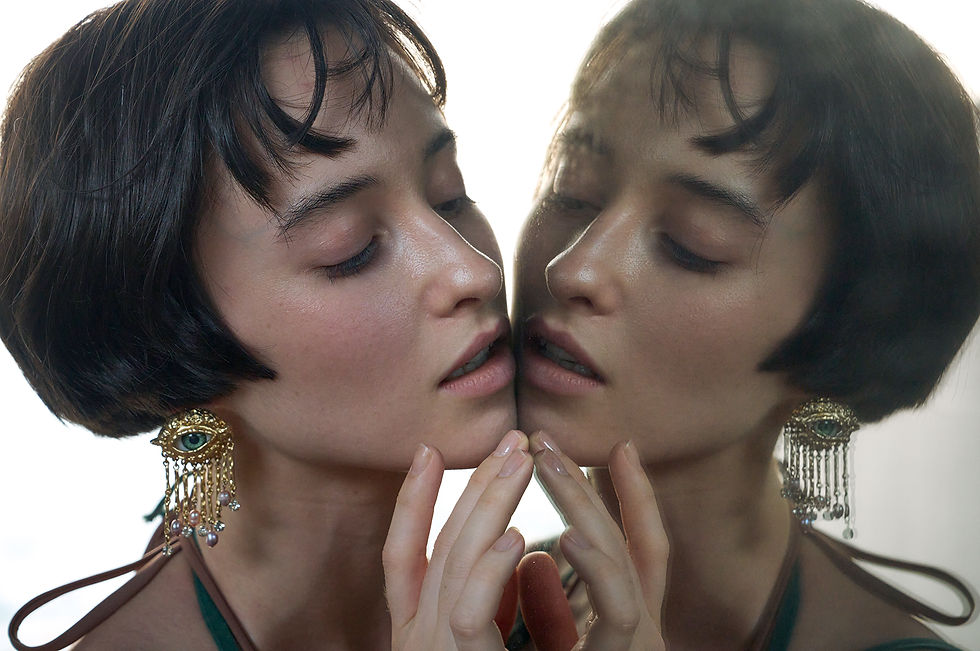

September
"Raining and the Fog" - During my shoot with the lovely Mariia from Kaliningrad, a city I have always longed to visit, the rain began to fall, and a hesitant expression crossed her face. I reassured her, saying that I actually enjoy rain; in some situations, I prefer it for photography. Rain, much like the September fog in Russia, reduces background distractions and allows the subject to stand out while adding a lovely texture. And so, we continued with the shoot.

August
May
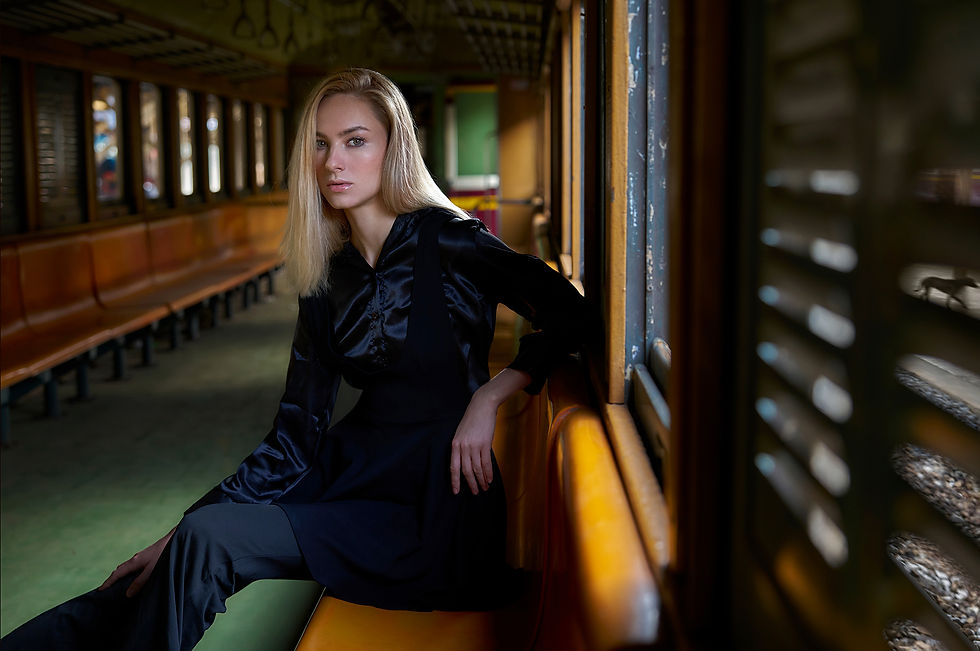
April
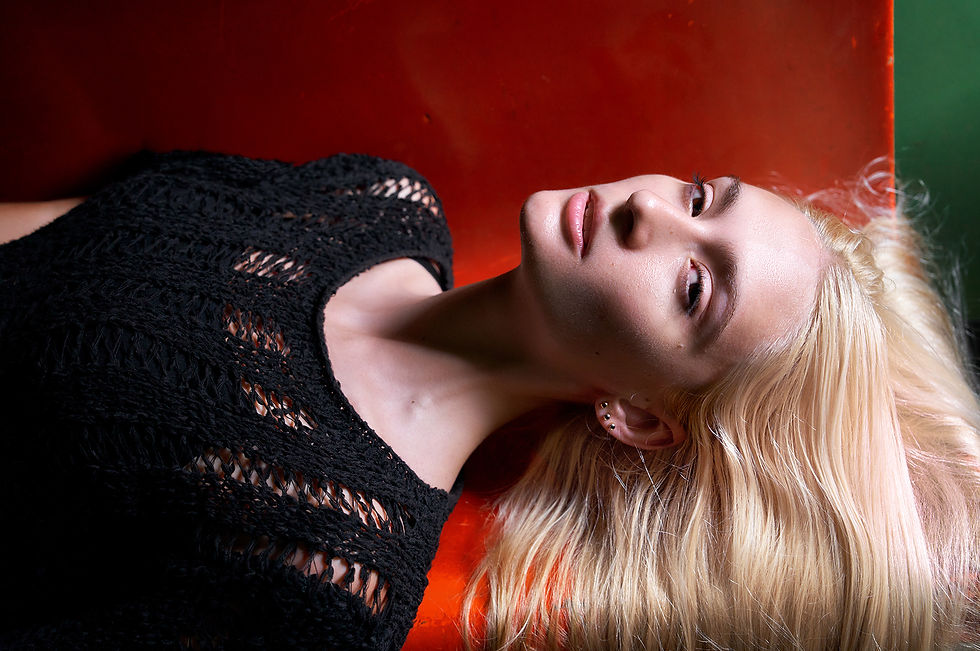
january

2023
September


2022
October
October 5
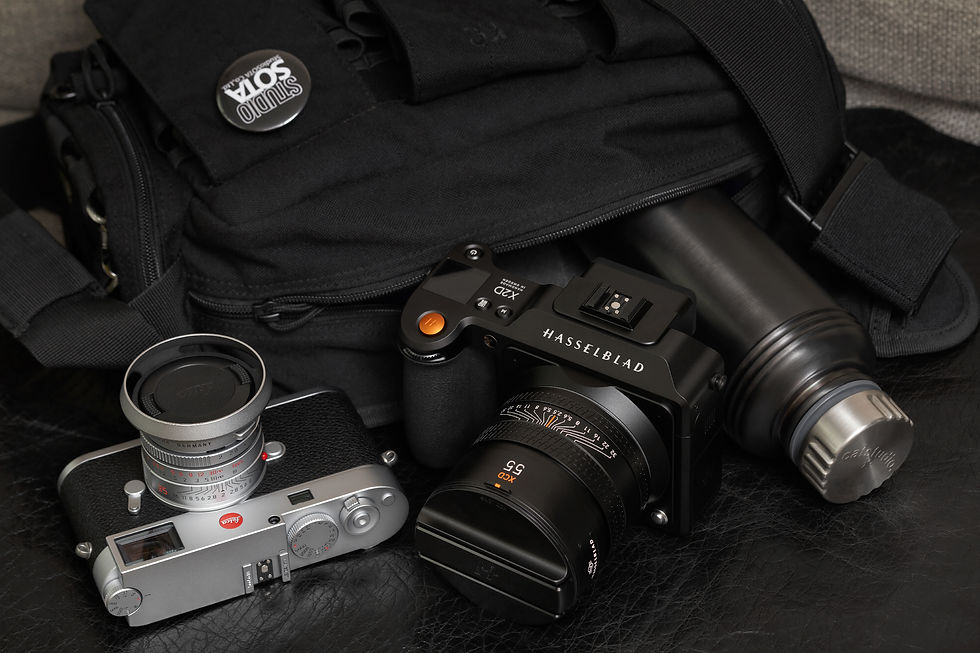
October 7
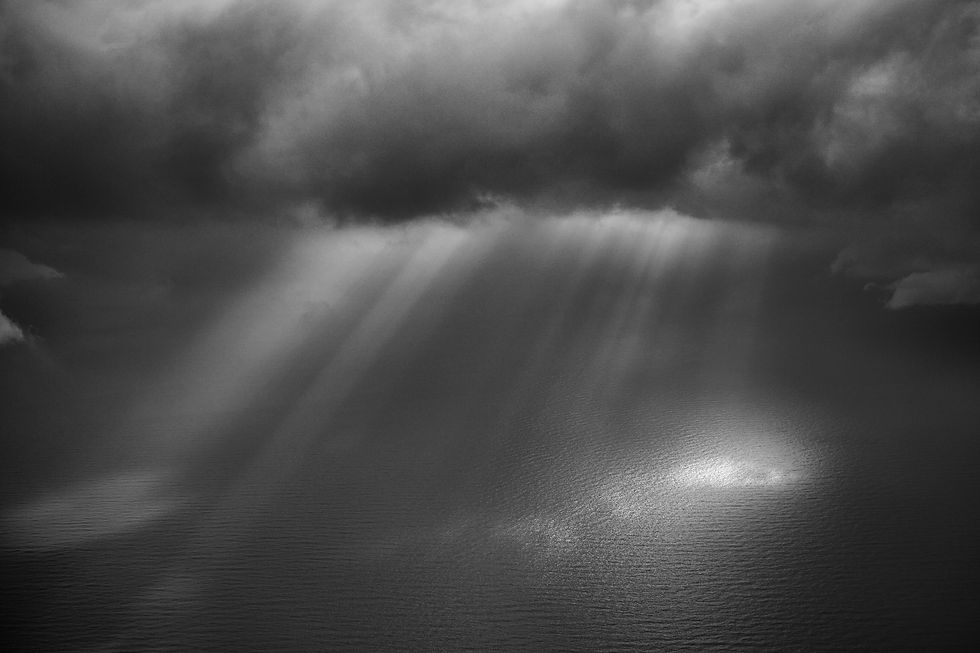
October 12 Natasha Friesen
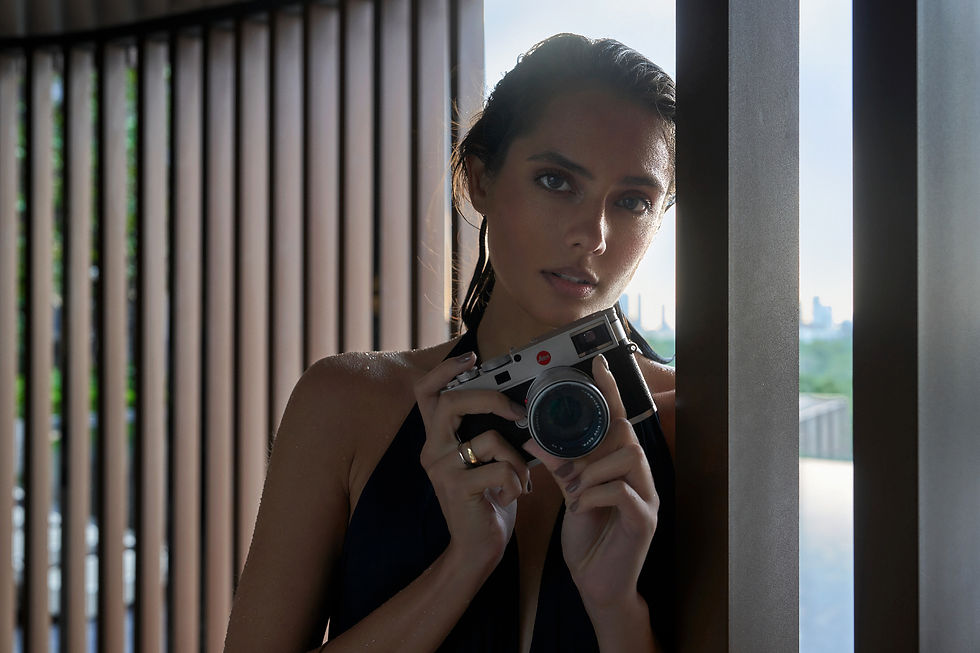
My "Behind and in front of my camera" blog gets a new addition.
October 17 Bell - the stranger met on the street, Taipei, Taiwan
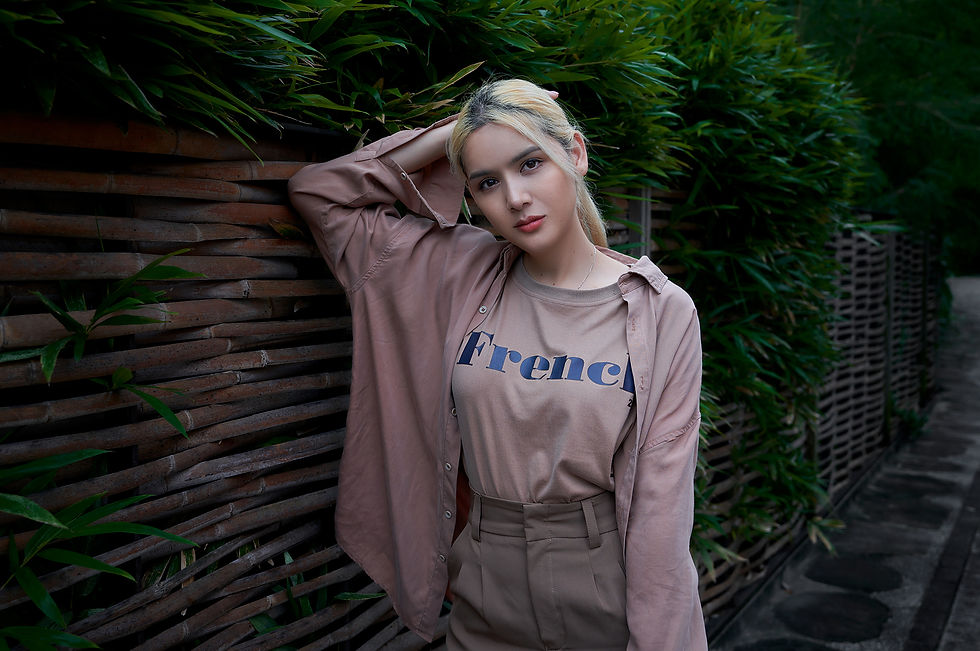
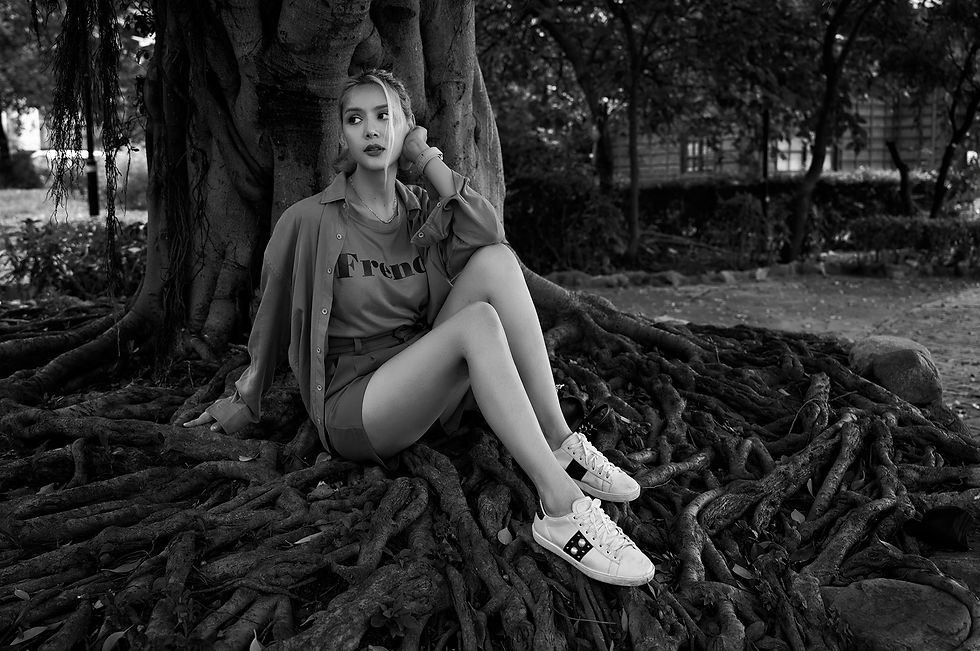
October 17 "Meat Bun 肉包" Ximending 西門町, Taipei, Taiwan
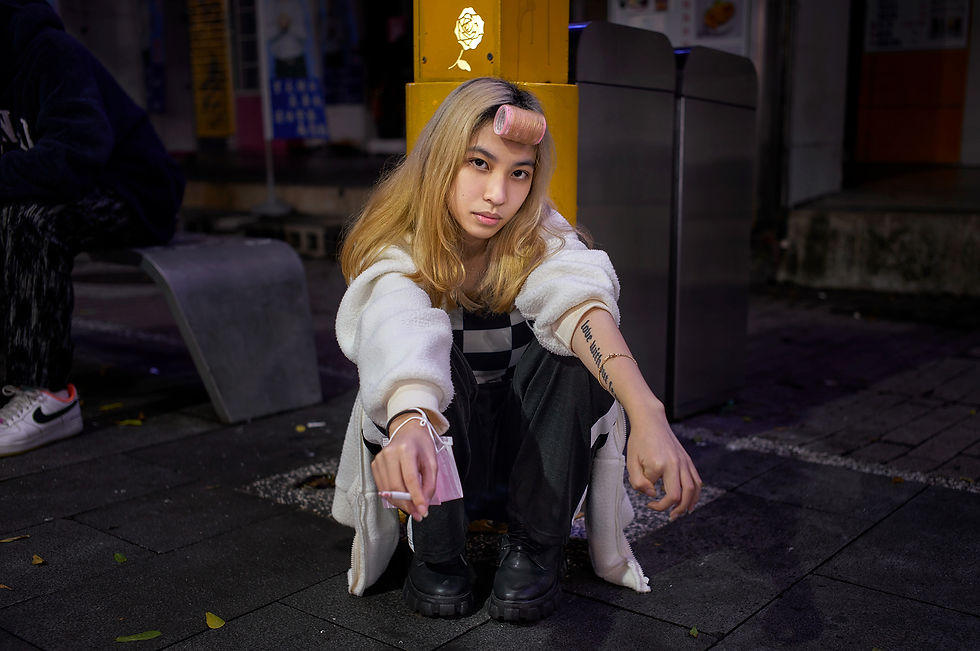
October 19 Tamsui, New Taipei City, Taiwan
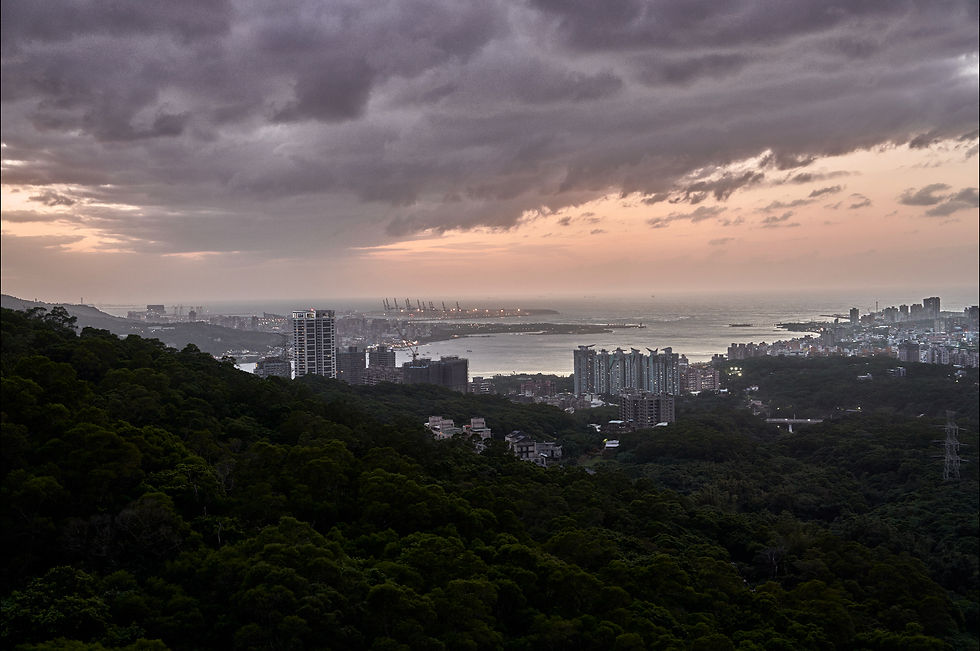
October 24 Bell's midnight vibe, Ximending 西門町, Taipei, Taiwan
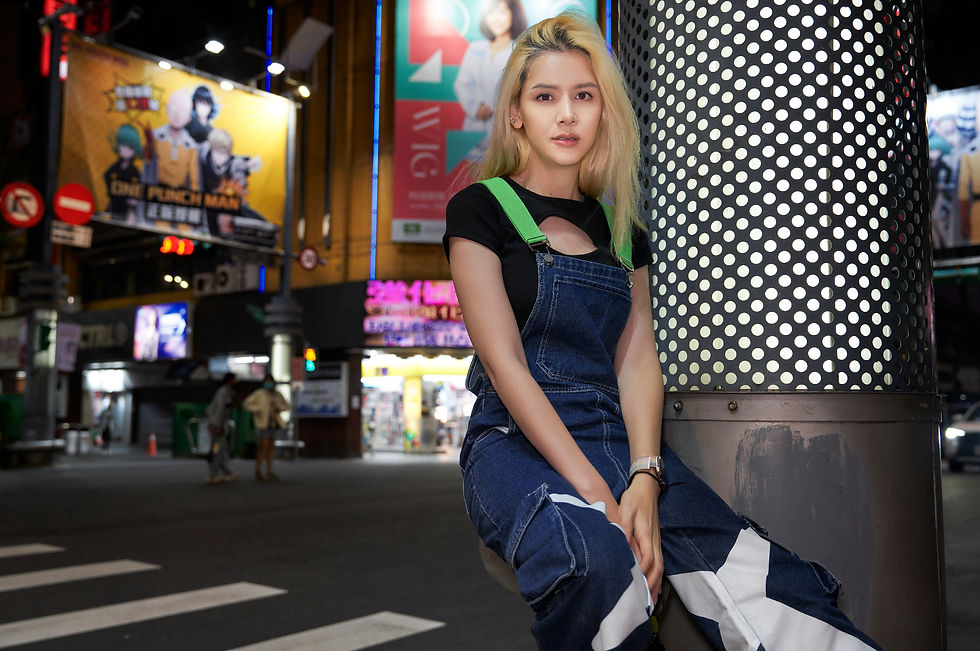
2022 September
September 3

September 5

September 12 at LINE Jatujak-Mochit Bangkok
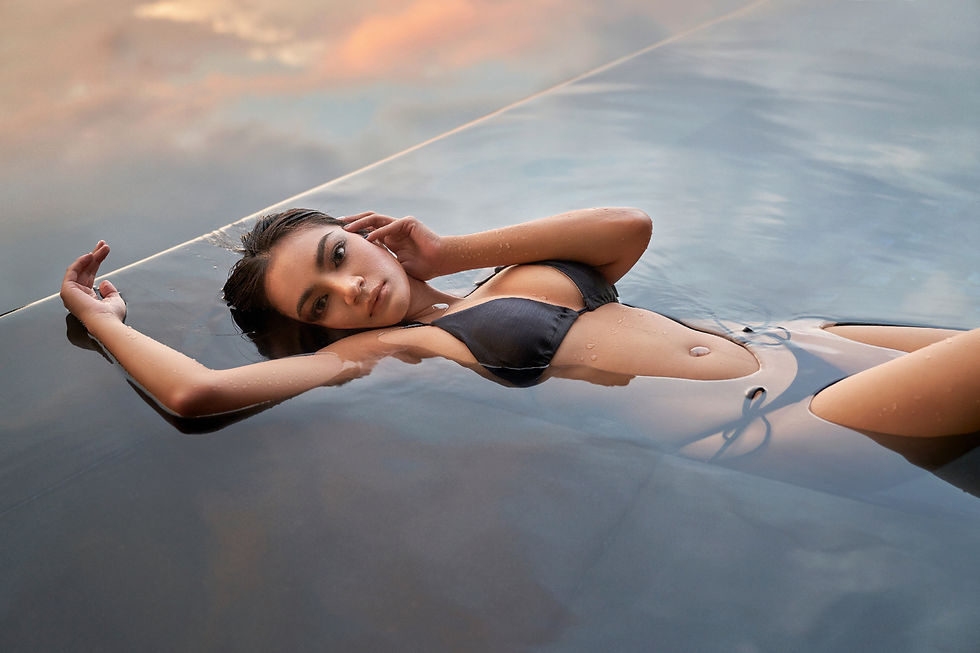

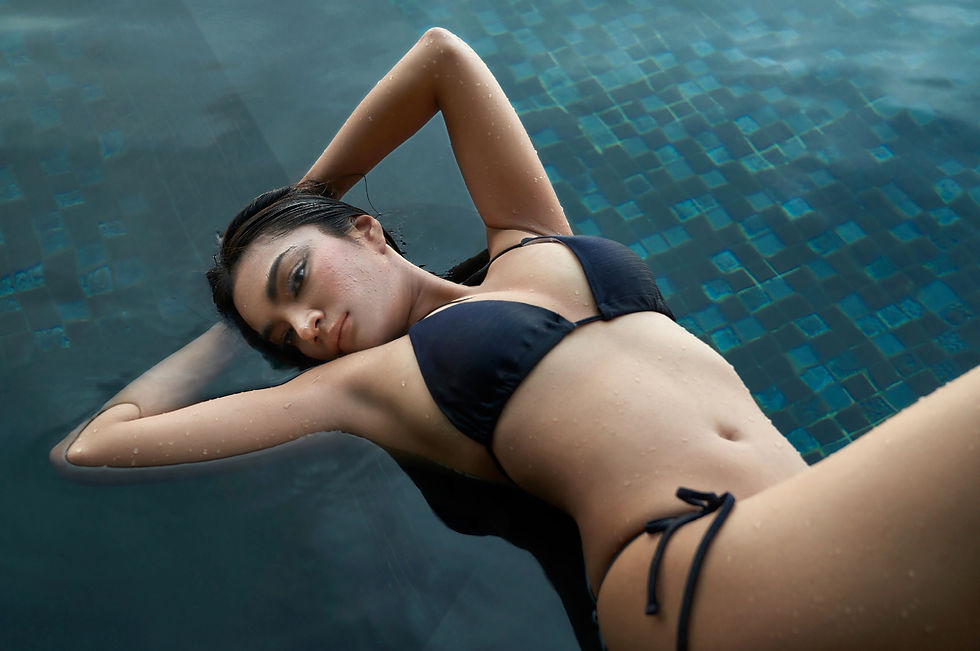
September 14
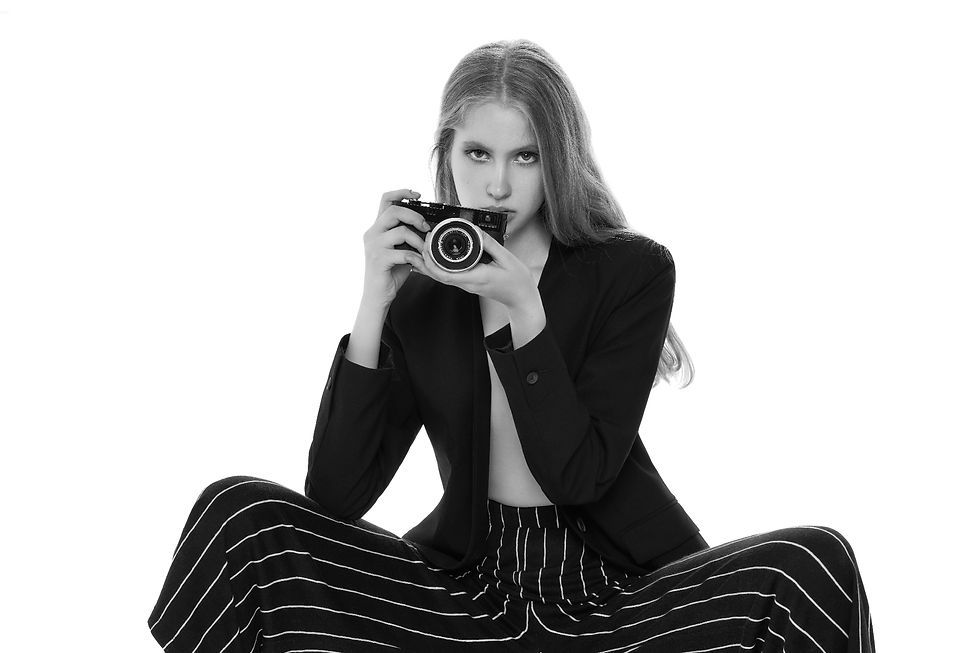
As if Leica wants to comfort the hard-core supporters of the classic M system ahead of offering an iteration of the digital M11 with built-in EVF, which expectedly to draw heavy critiques, a new film M camera is on the horizon.
It is about 20 years since Leica introduced a major film camera - the Leica MP in March 2003 at the Las Vegas PMA photo show, one year after Leica released the M7, a successor to the immensely popular M6.
The 2014 Leica M-A was more like an anniversary upgrade to the MP with improved rangefinder optical coating, reduction of internal reflections, and elimination of the PX76/SR44 silver oxide cell or DL 1/3N Lithium cell. In short, the M-A is MP with an empty battery compartment, the exact size and built, 7 grams lighter. I don't have any battery cells inside all four of my MP, I don't need the M-A.
The 2002 M7 was a great M camera and the most precise M film camera ever until Leica discontinued it in May 2018. The M7 equipped a very quiet, electronically controlled mechanical shutter that 1/60s and 1/125s are still functional without a battery. With the exposure compensation dial and auto exposure, the M7 is the most practical M film camera if getting the pictures to weigh over purely having fun. I enjoy the process of training my manual film camera to take pictures, but getting the shot is the bottom line.
Leica recently added a section to its corporate website - Leica Film Photography with a hashtag - #filmisnotdea ahead of introducing the next new film camera. We are sure that anything from Leica will not fit the bill "budget," and the Famalicão assembled film camera will be the second Leica M camera not made in Germany, after the 1973 Leitz Minolta CL.
Although positioned under the M-A and the MP, the new film camera is a more cost-friendly and better-featured film camera, more like a successor of the M7 while taking reverse route.
Leica is a small company and does not require a large number of sales to call for success. It signals that Leica has not abandoned its past while making a near future EVF M digital less disheartening to many faithful "Messsucher" fans. The gradual transition to EVF for digital M cameras is inevitable until it becomes necessary. EVF continues to evolve and integrate with the electronics inside the modern digital camera, which is fast approaching "necessary."
The film is not dead; very few said it is because most of the public does not care. The largest film camera maker today is Fujifilm, with its popular Instax cameras. Roll films, by comparison, only carry an insignificant percentage. Fujifilm's Instax division is larger in sales than all medium format film and digital cameras combined, plus the entire Leica camera division. Photography roll film has been in steady decline and will continue to decline, reflecting on its availability and price. It is not dead until it is dead.
The unmistakable acoustic signature and the tactility feeling of a shutter press and all the mechanical parts interacting in an instant is a memory I love and will never forget.
I may not need another film M camera, but I wish the best for those who want one and be part of Leica's history.
September 15
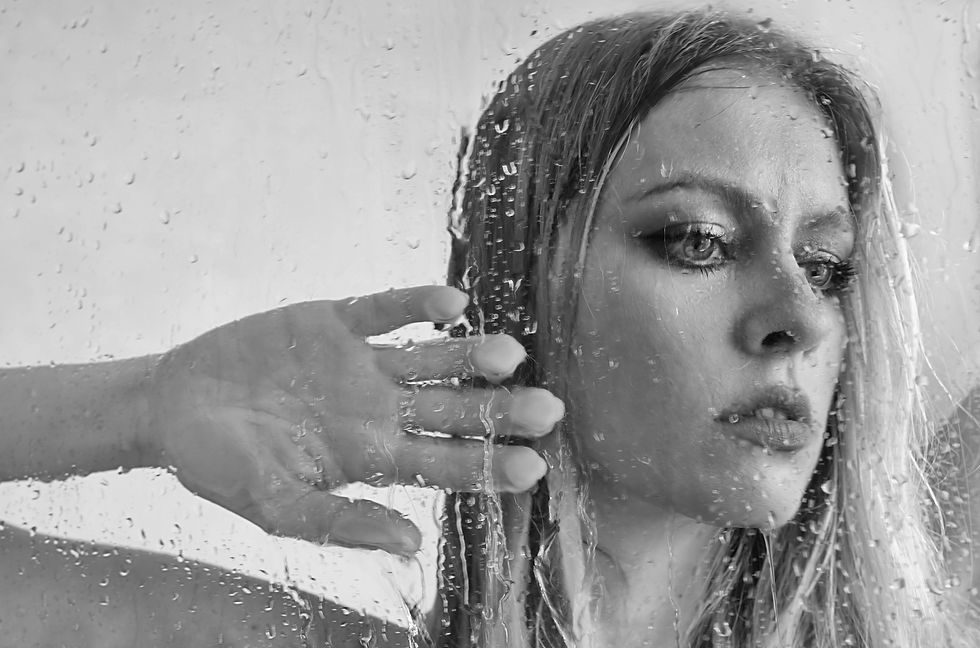
September 30

2022 AUGUST


August 10
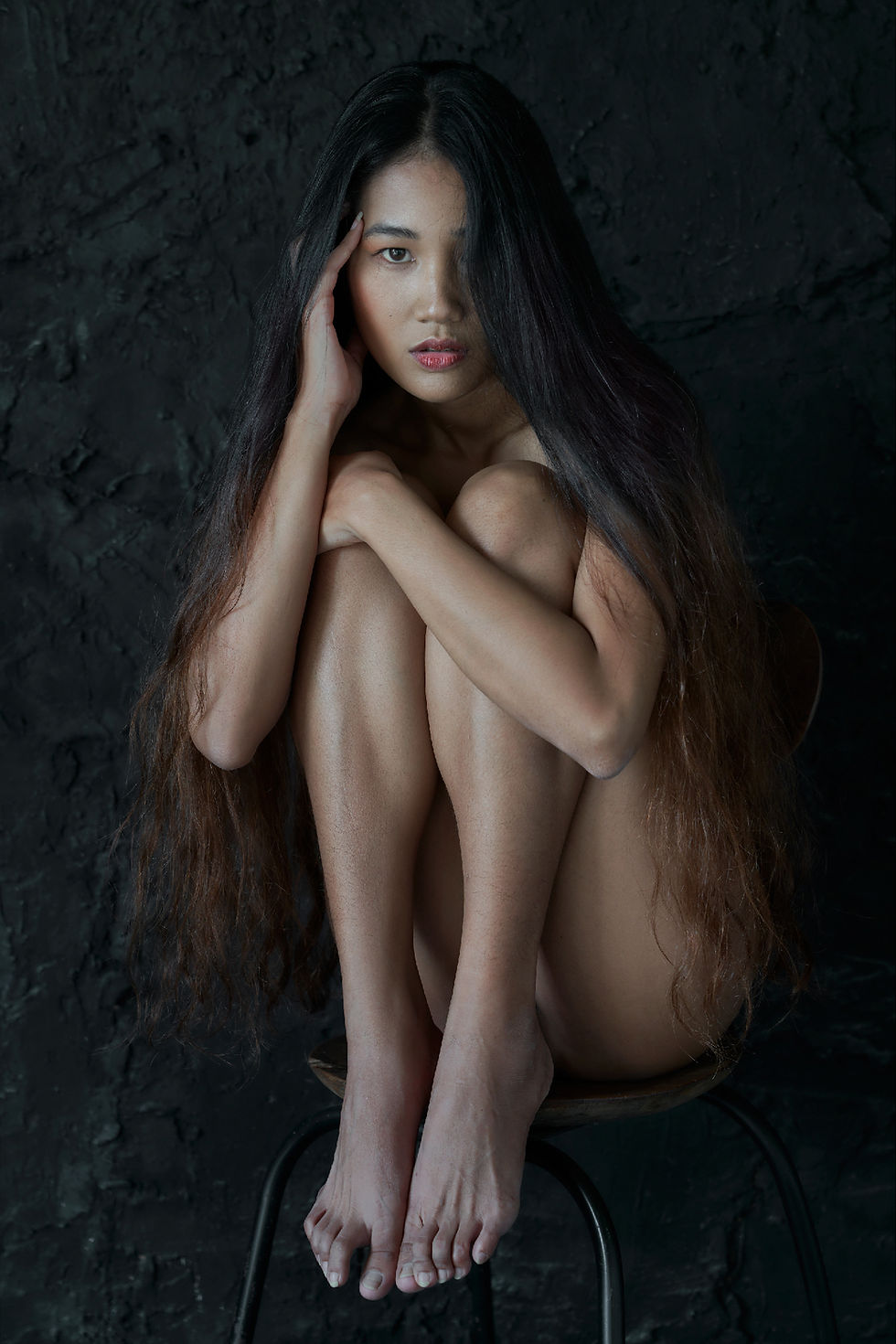
August 11

August 12
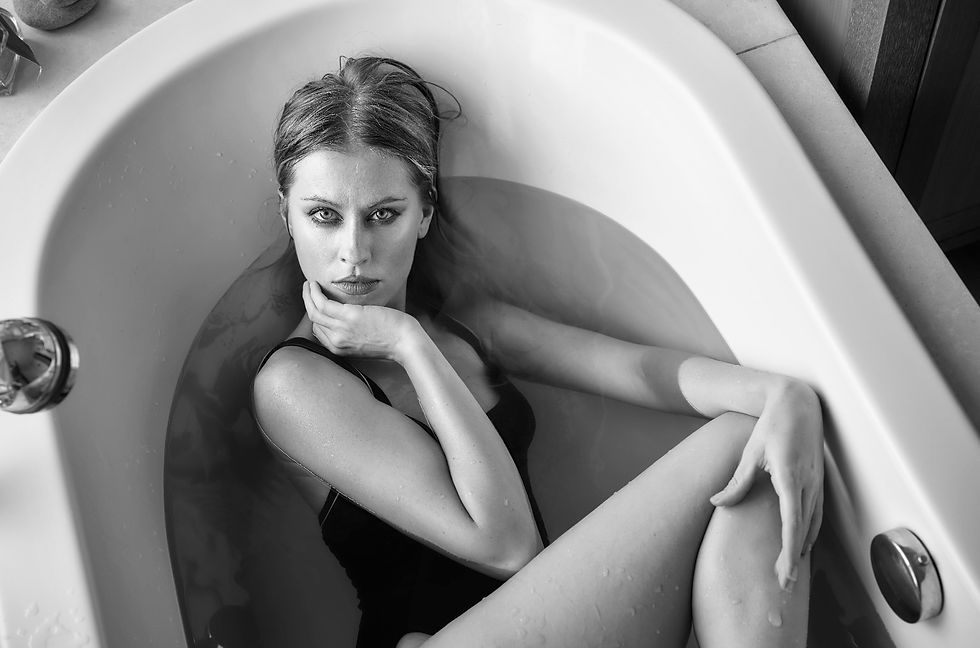
August 13

August 18

August 22

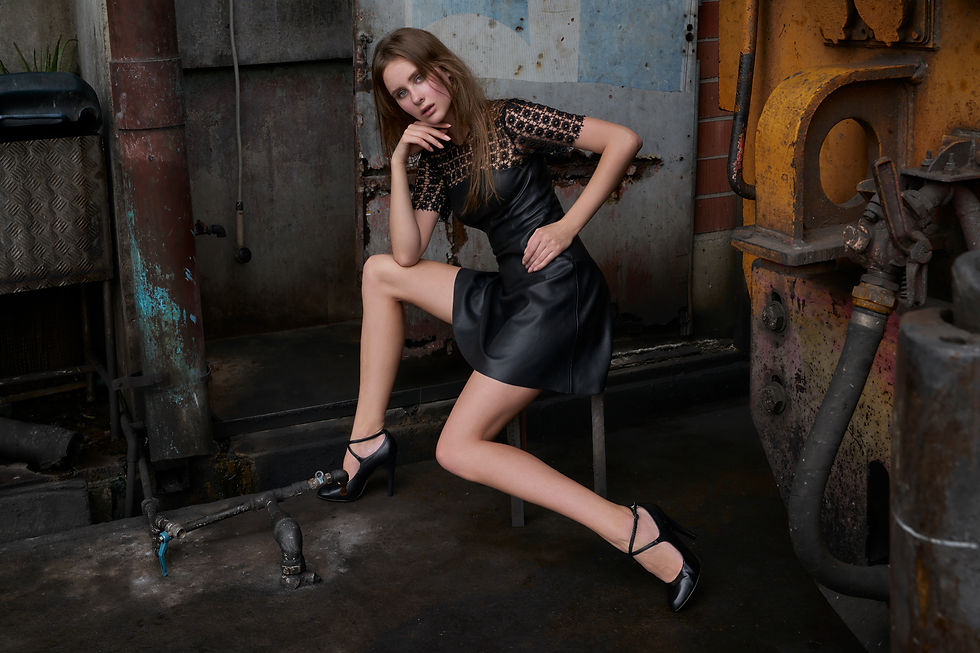
2022 JuLY
July 7
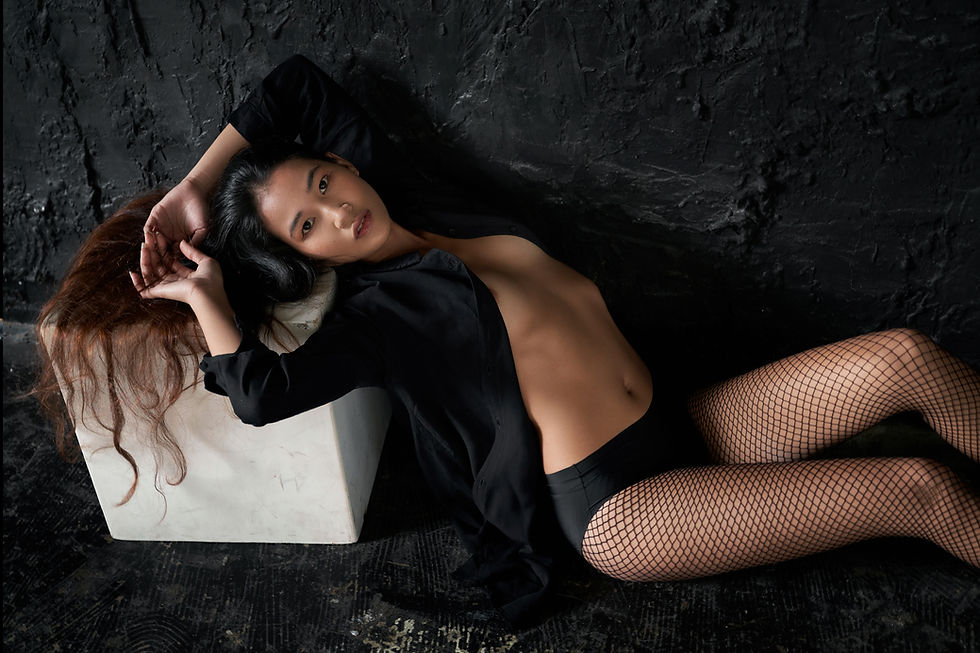
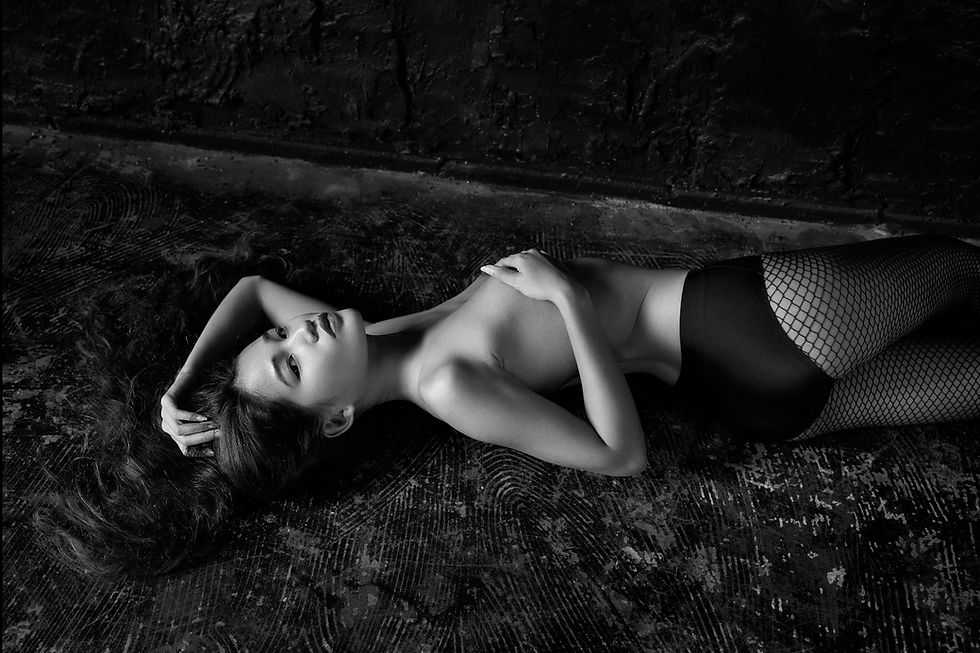
July 9

July 15
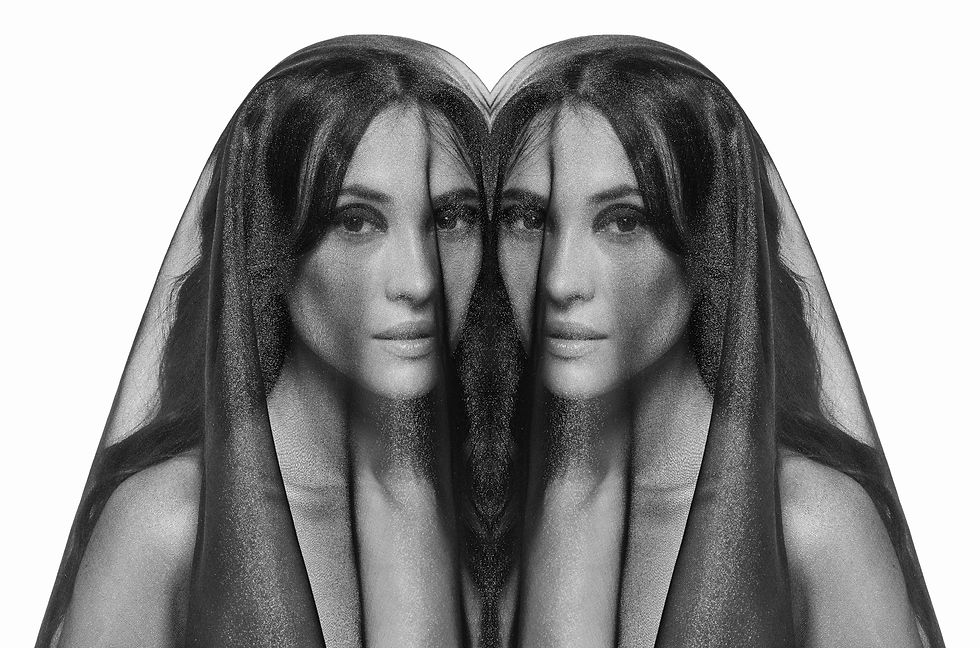
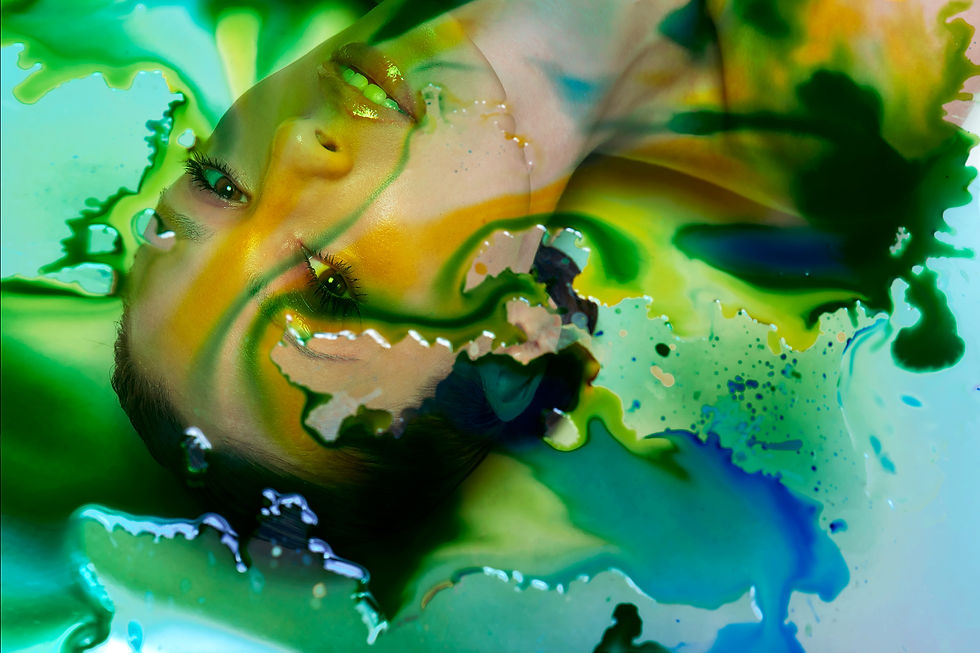
Sài Gòn (Ho Chi Minh City)
July 17-24 2022









2022 June
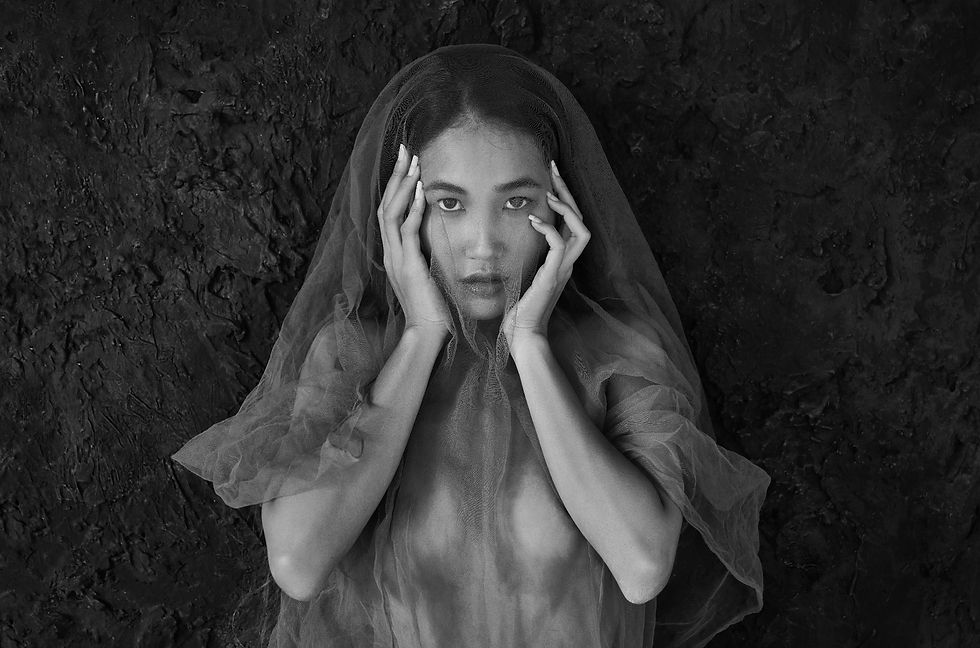

June 16


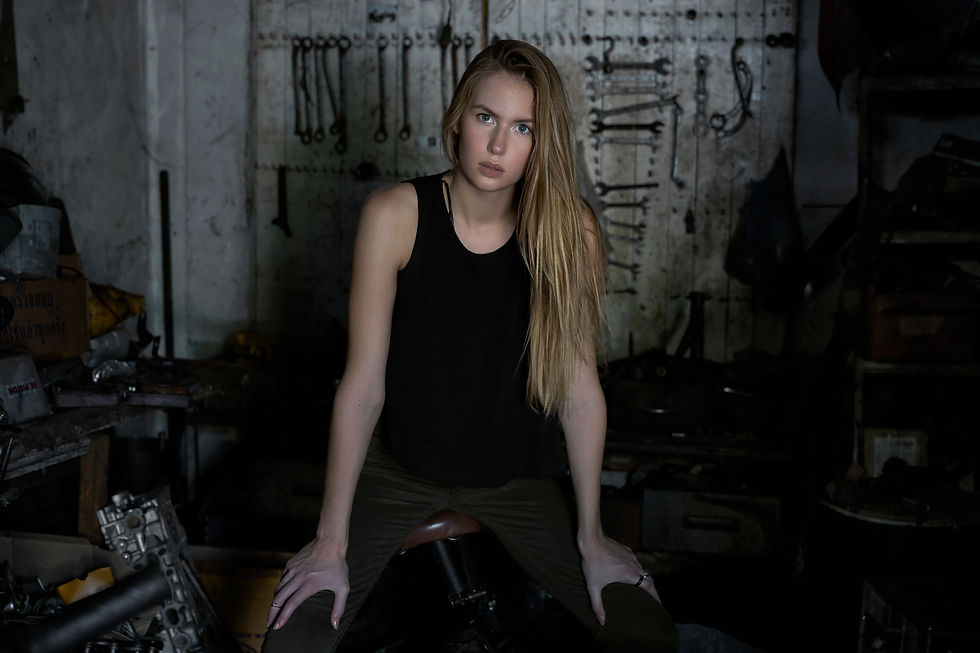
2022 May




May 26 Nathhida Duangjampa, Bangkok, Thailand
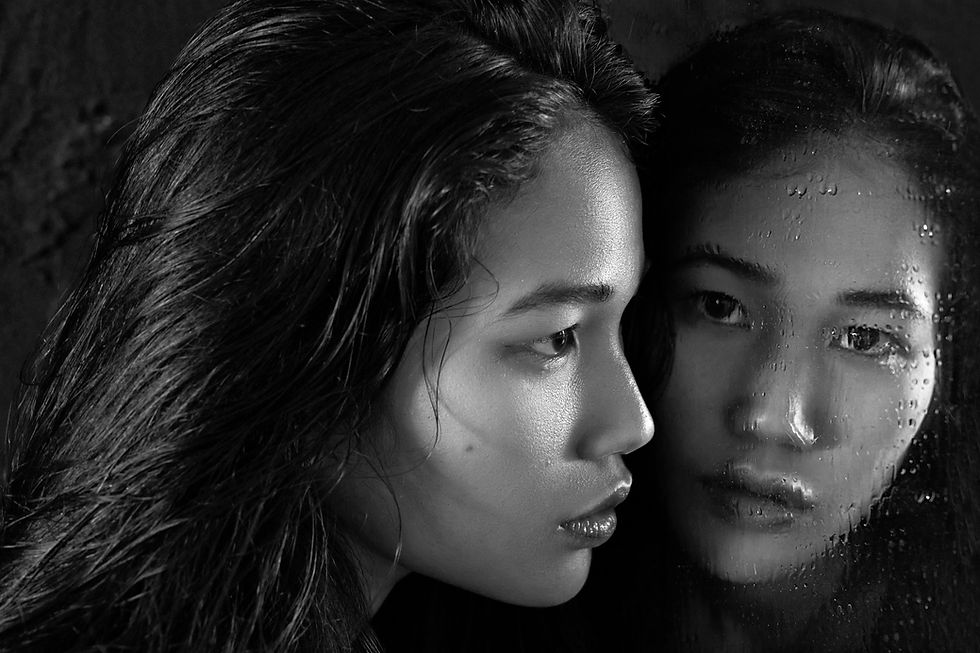
2022 APRIL
April 13, 2022 Songkran Festival - Bangkok, Thailand - May the kinetic military action reduced to friendly, non-hostile water pistol game.

2022 March

March 8 2022 International Women's Day - Elena, always busy. Rybinsk, Yaroslavl Oblast, Russia
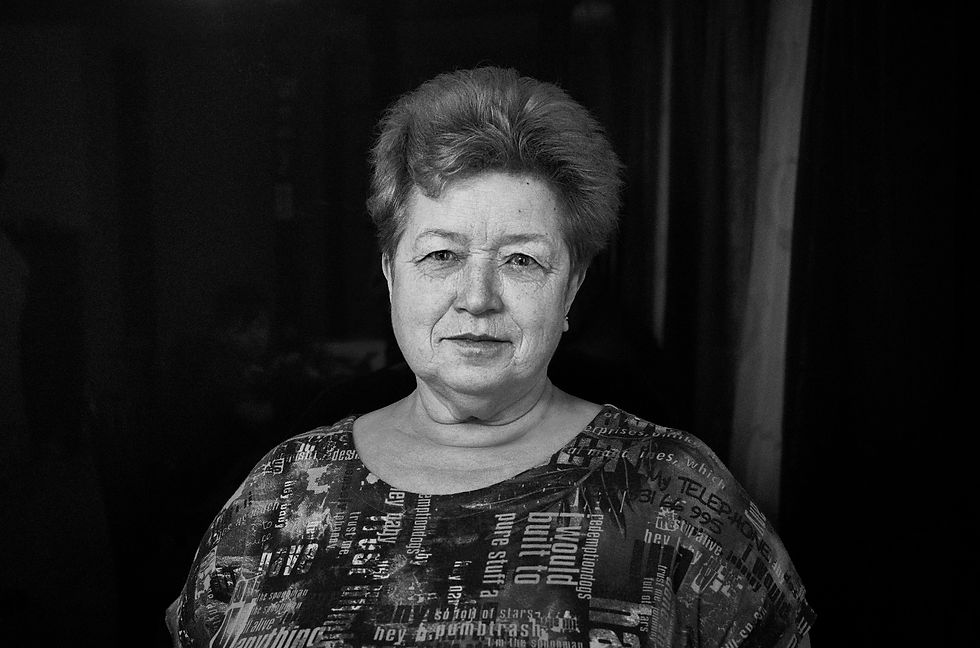
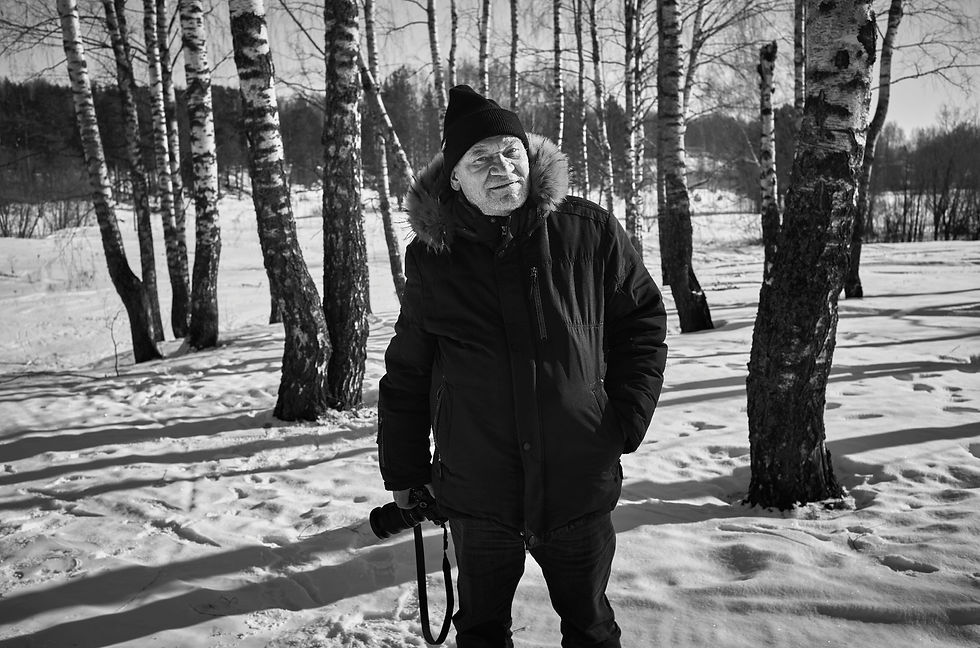
March 10, 2022 Family picture - Tanya and her parents Marina and Alexander, Tutayev, Yaroslavl Oblast, Russia

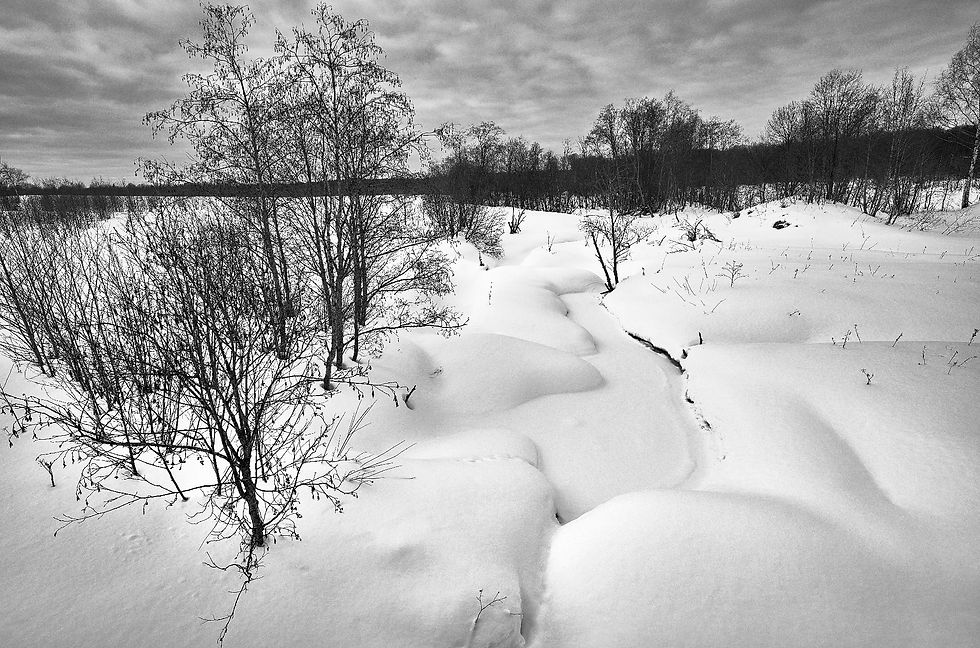

March 12, 2022 Winter days, Cherepovets region, Vologda Oblast, Russia
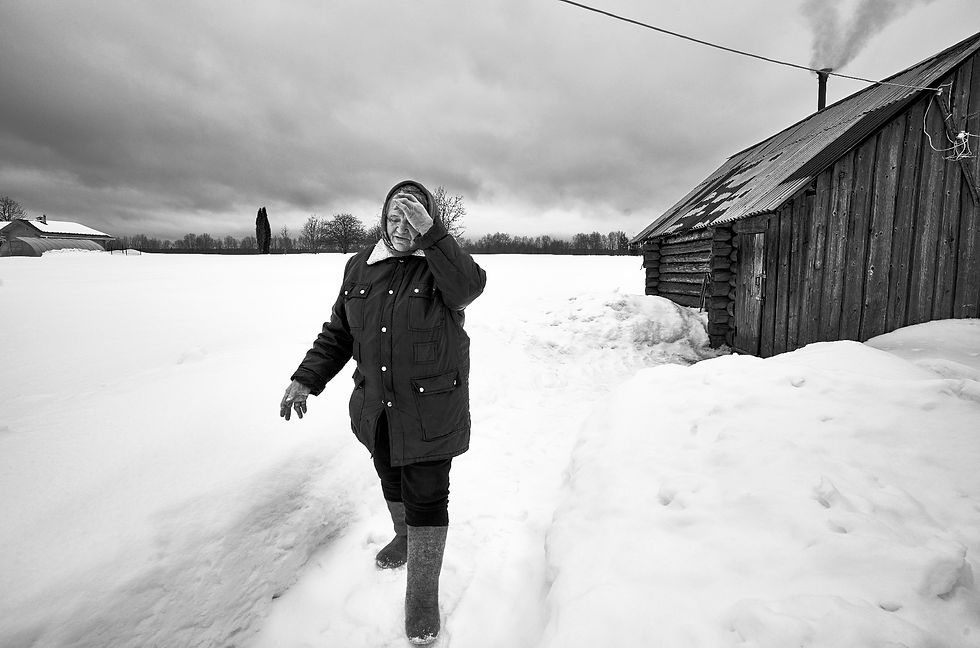
March 26, 2022 Yury, the birthday boy

2022 February
February 1, 2022 Ink China - Huangshan, Anhui, China
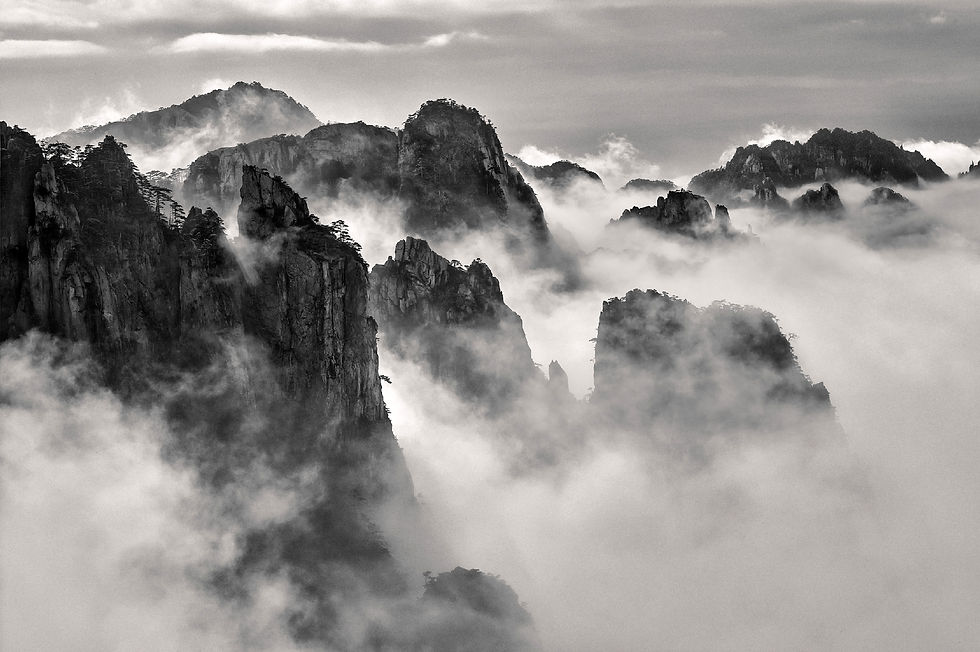
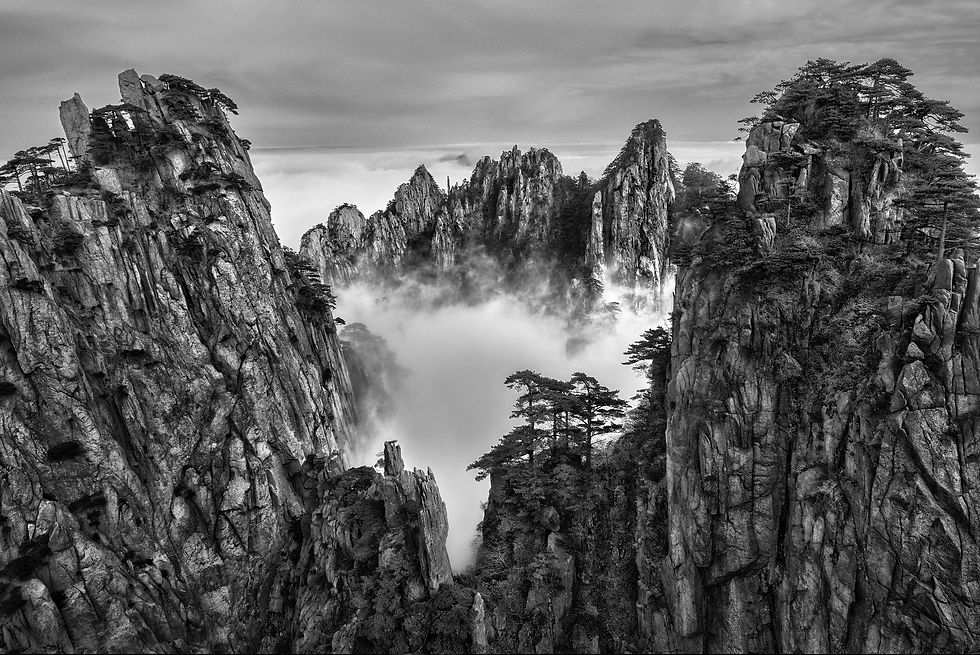
February 4, 2022 Daria Lucia at the Bangkok Railway Station
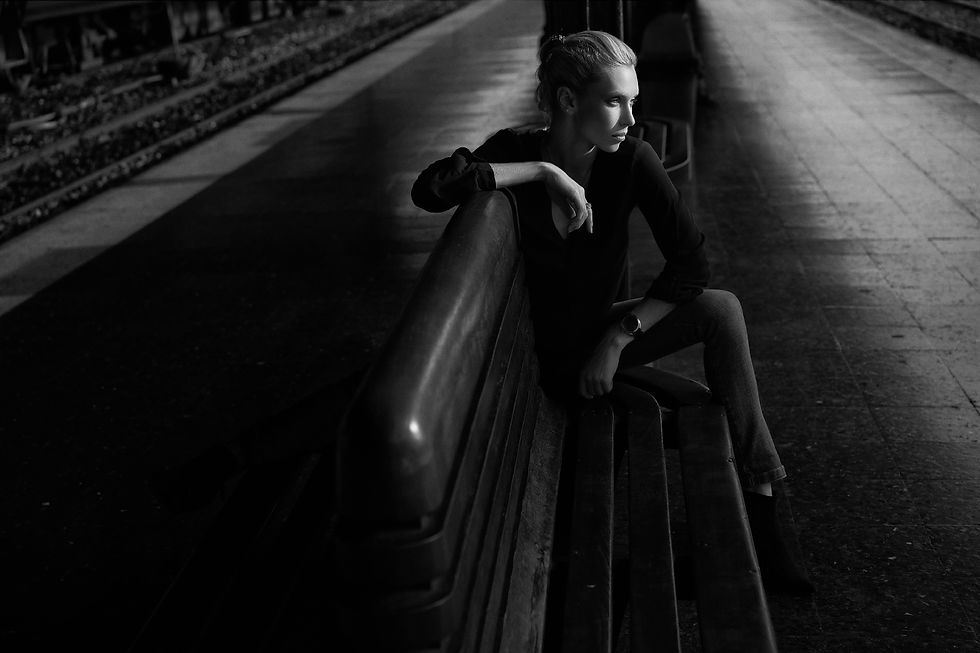
February 10 Ulaanbuton, Inner Mongolia

February 18 Xiapu, Fujian, China
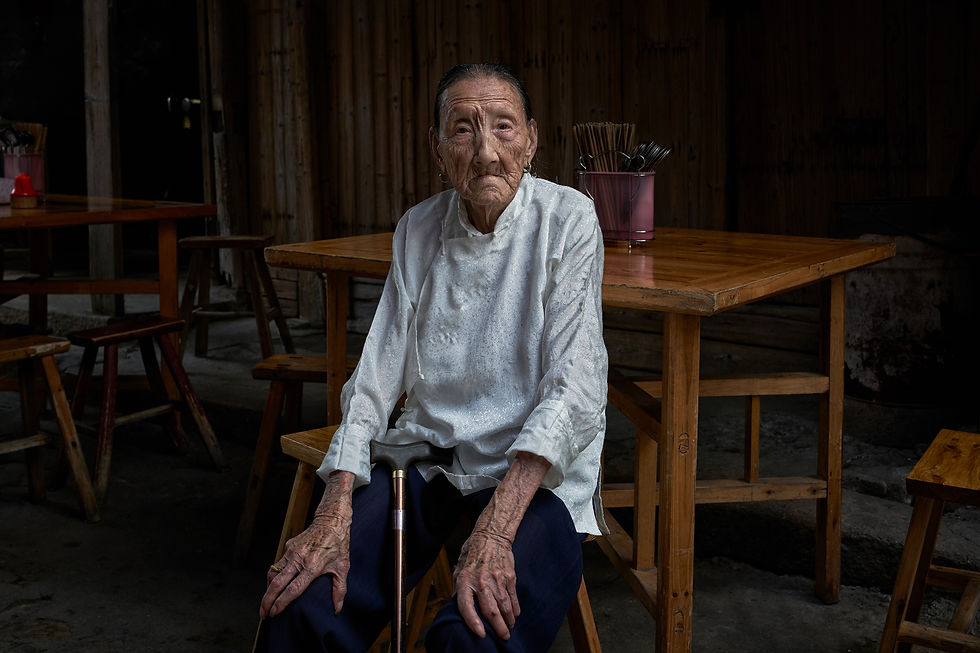
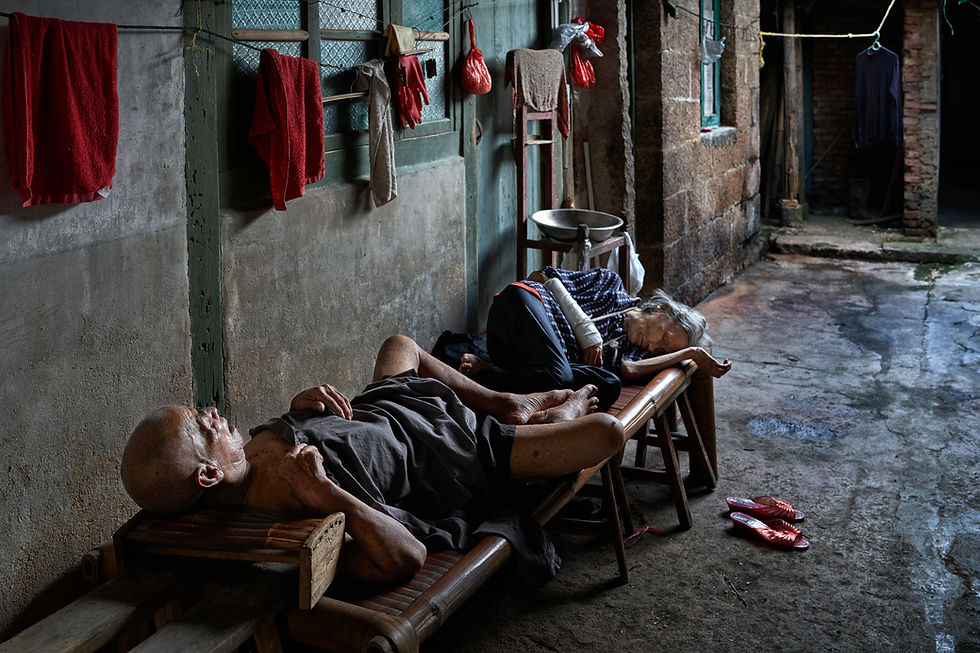
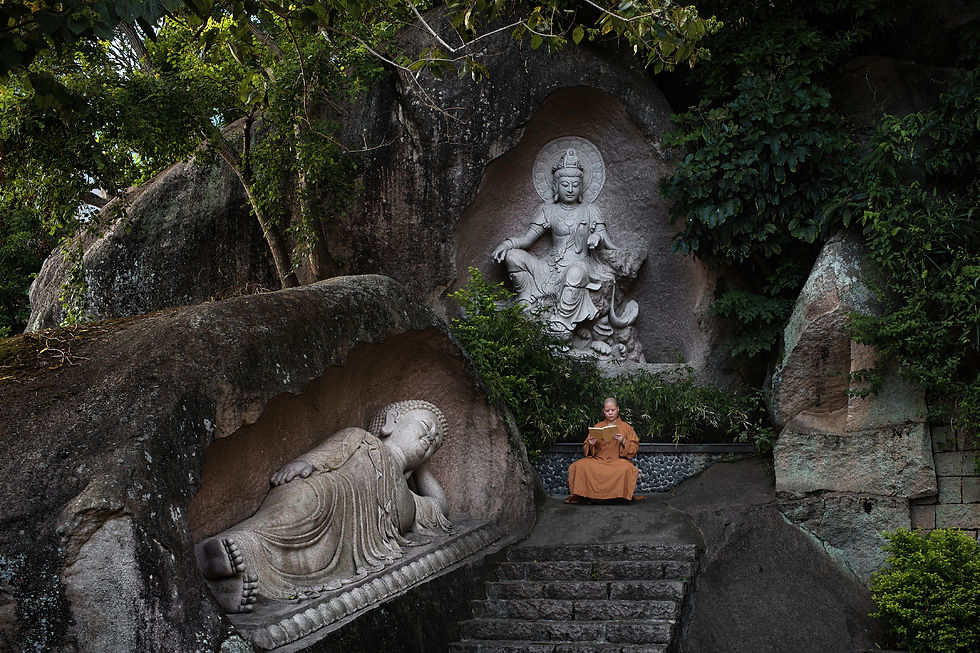
2022 January
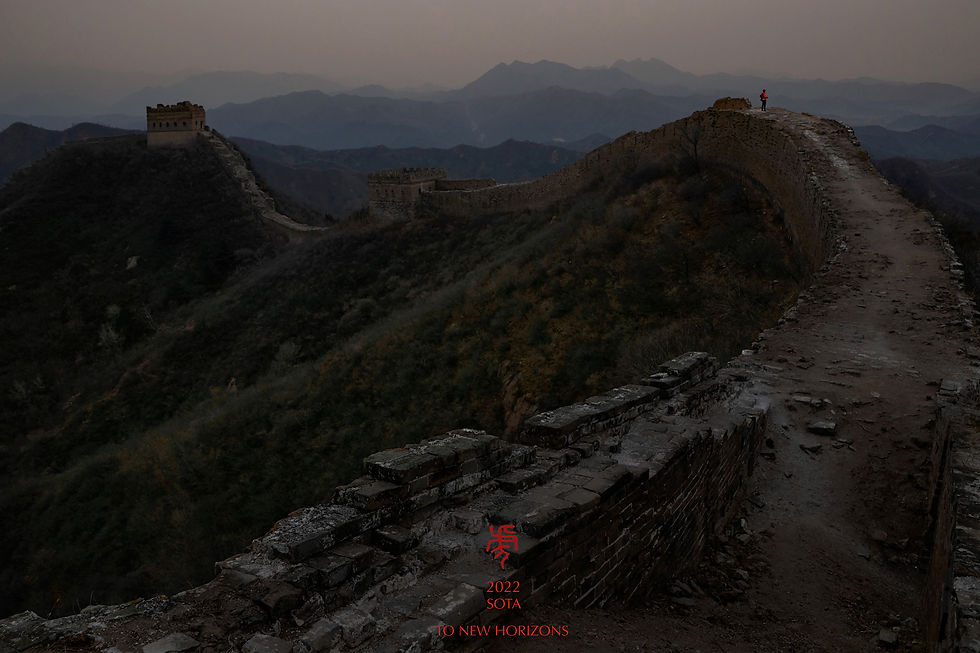
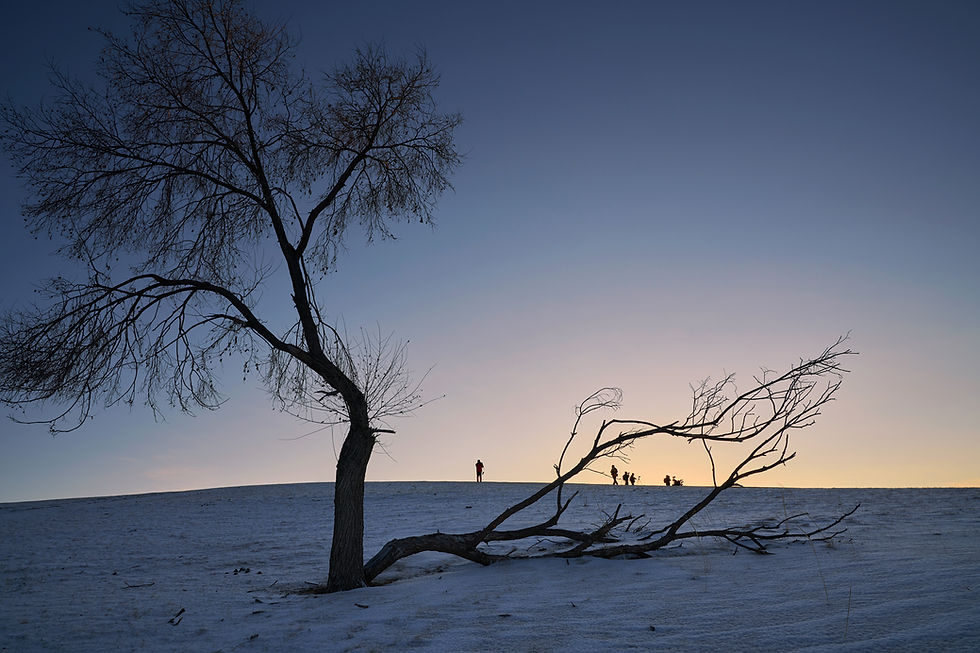
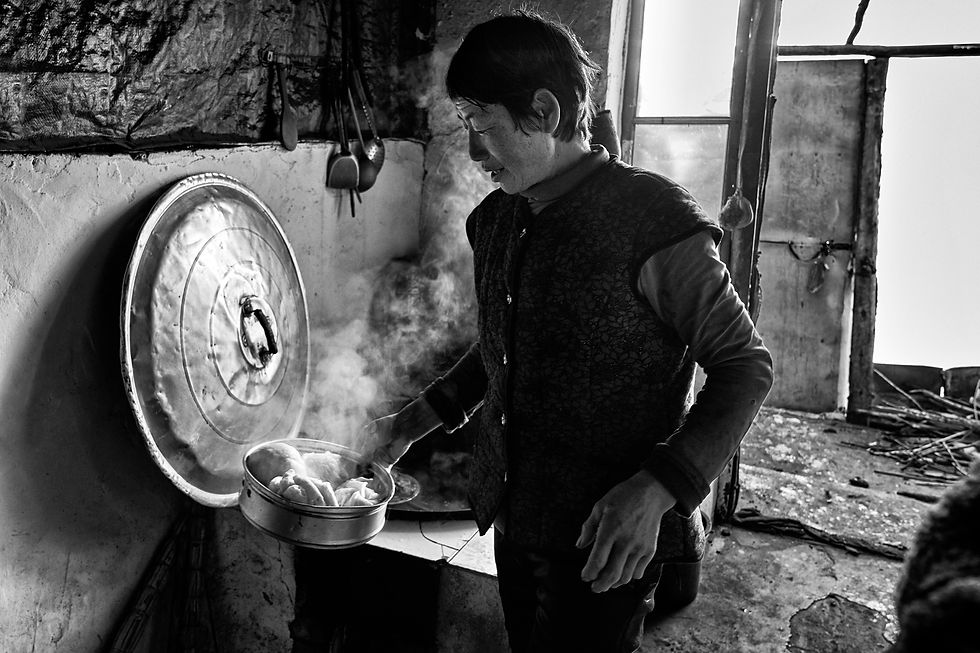
January 6, 2022 Sorina Mihaela
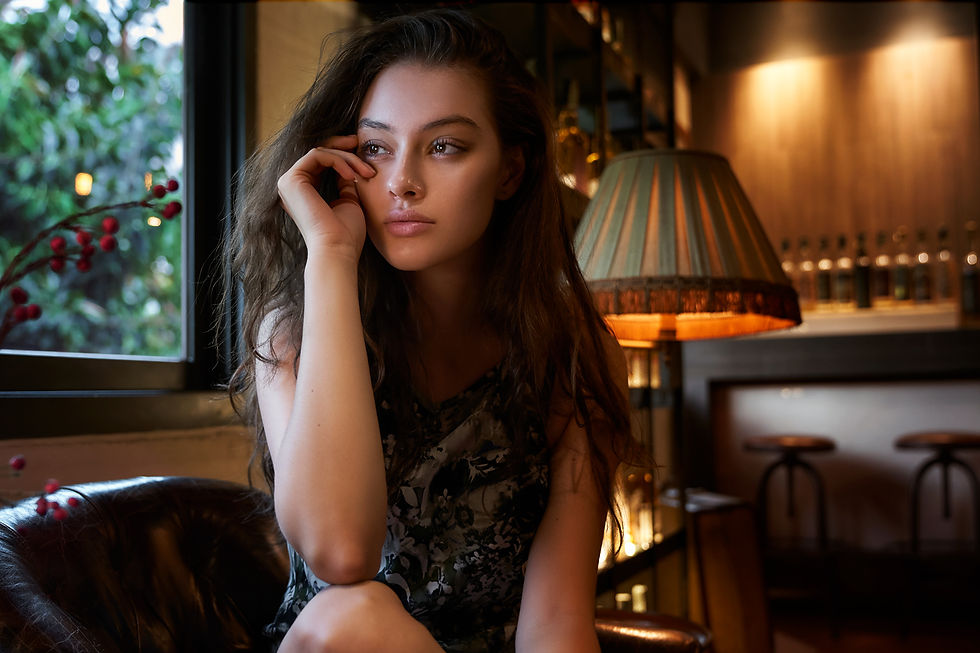

January 10 Izem Yilmaz
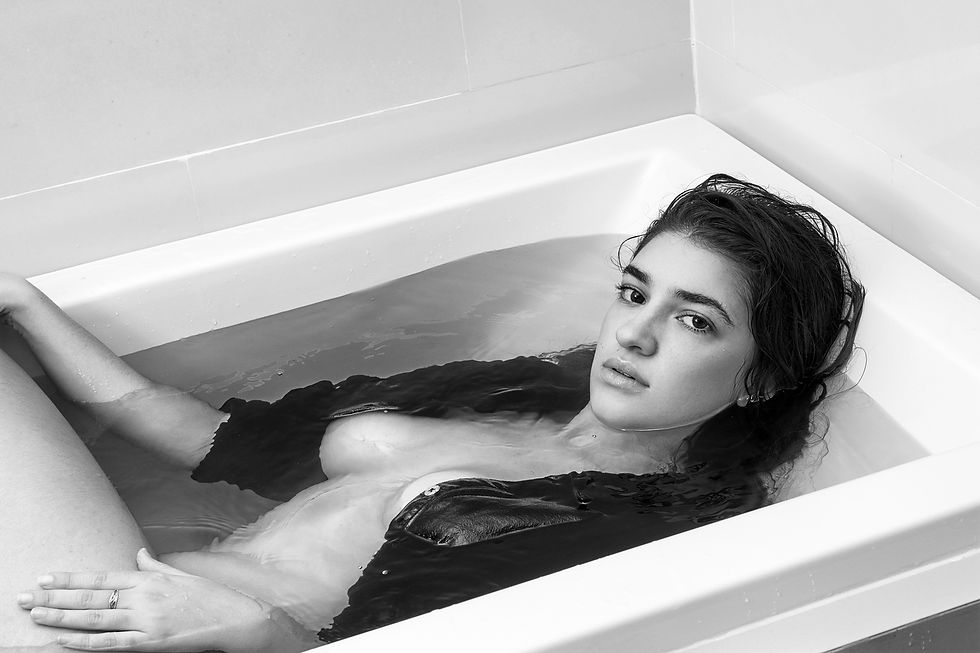
January 12 Irina Kornia, China Town Bangkok
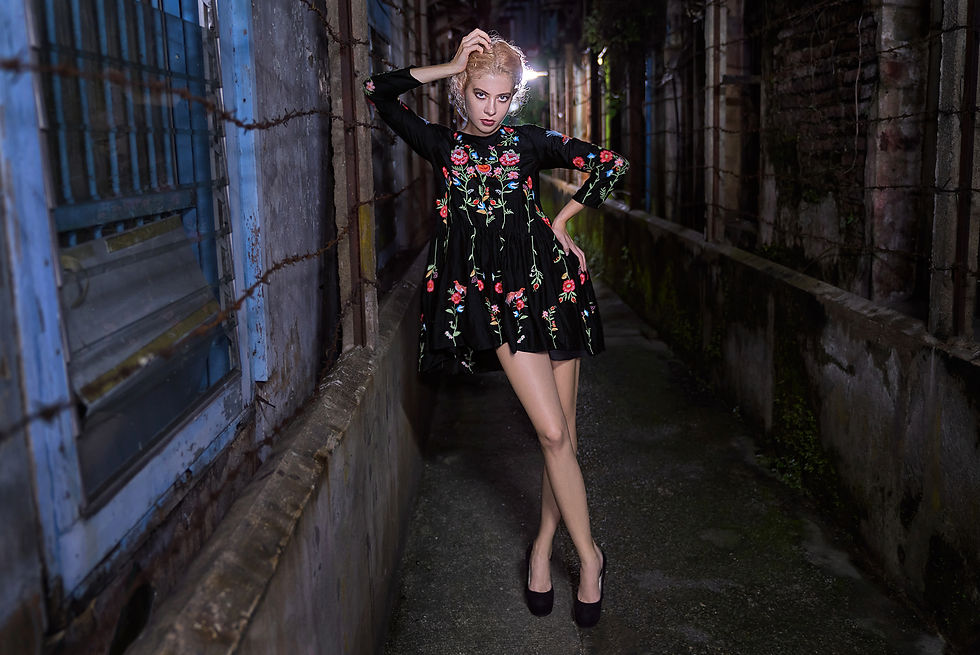
January 16 Therese MacCallum

January 19 Elis Regina - Hotel Indigo Bangkok
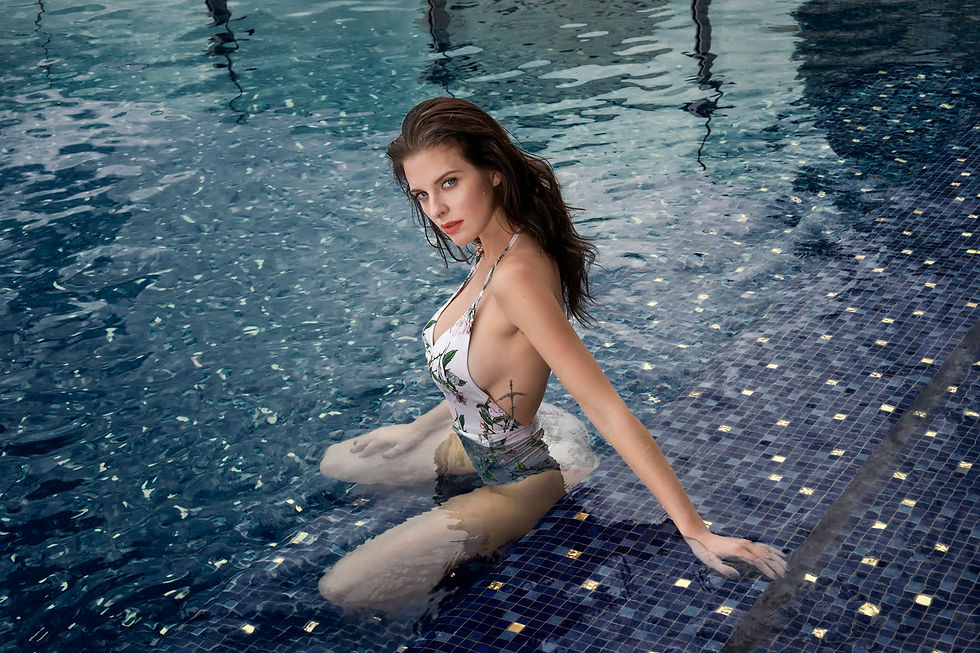
2021 Archive
2021 January
The Leica M10-D - carries over from my Leica M10-D Journal
Leica M10-D is my most frequently use Leica camera in 2020, and the lens is the Summilux-M 50/1.4 ASPH. I started the shoot in 2021 with the exact combination!
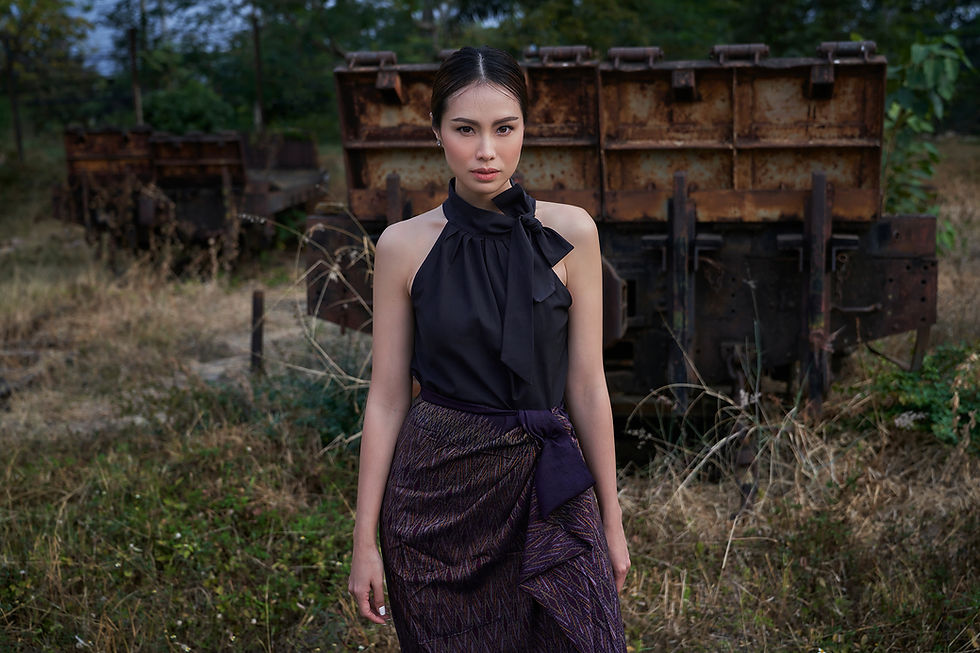
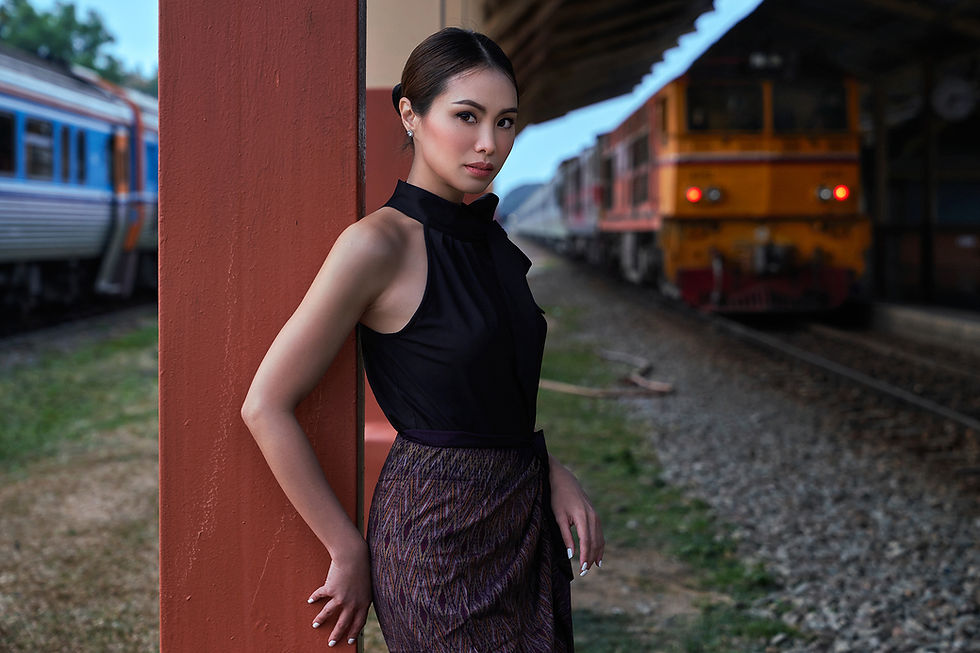


Fai, shot with the Leica M10 Monochrom Leitz Wetzlar Edition

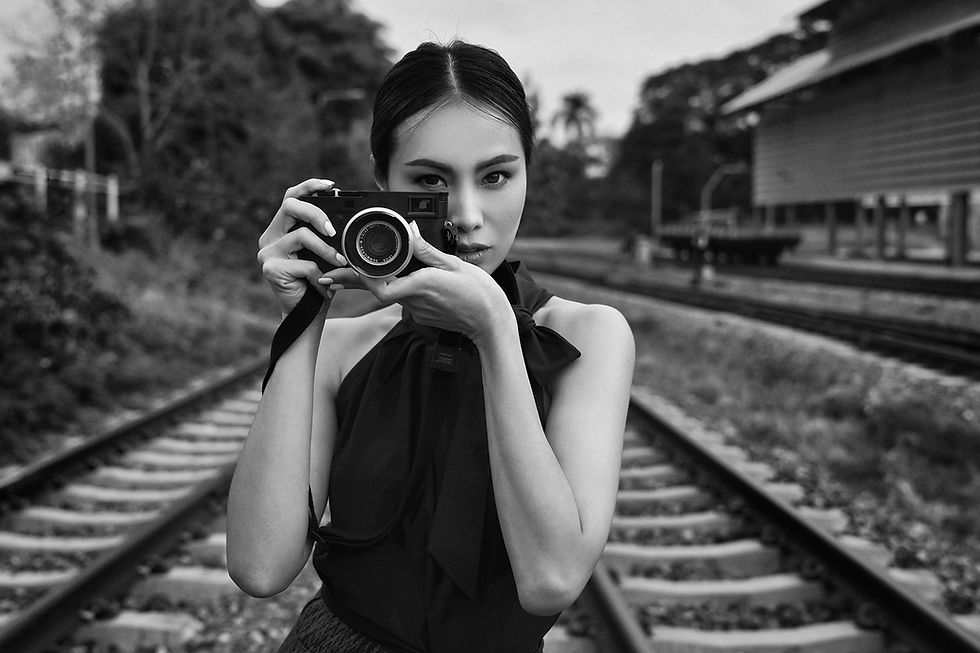
And I need to keep my collection going - "Behind and in front of my camera" features mostly, not surprisingly, Leica cameras!
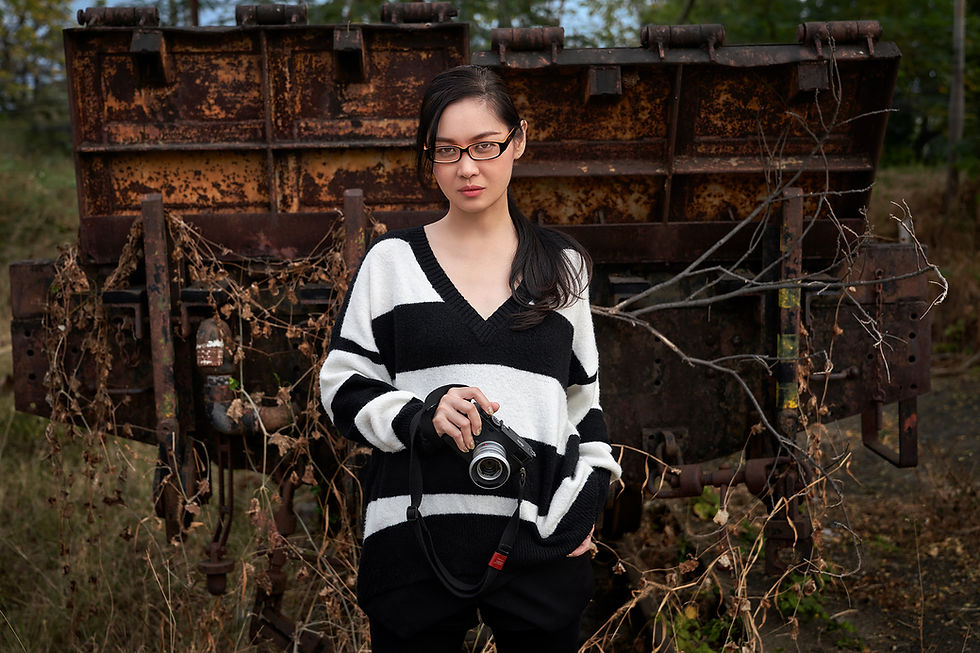
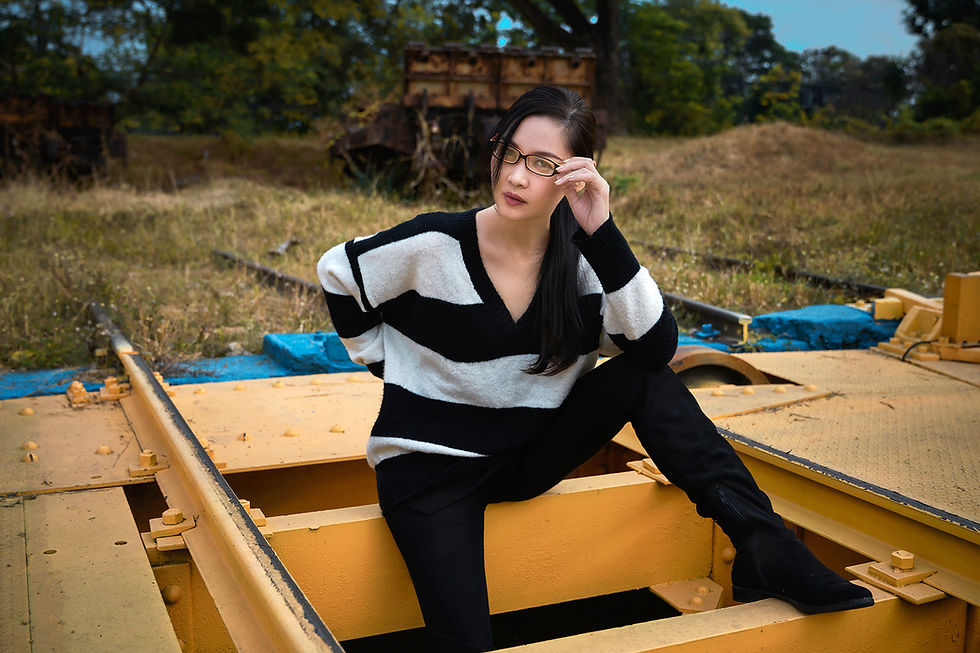

Por, shot with Leica M10-D and converted in monochrome.
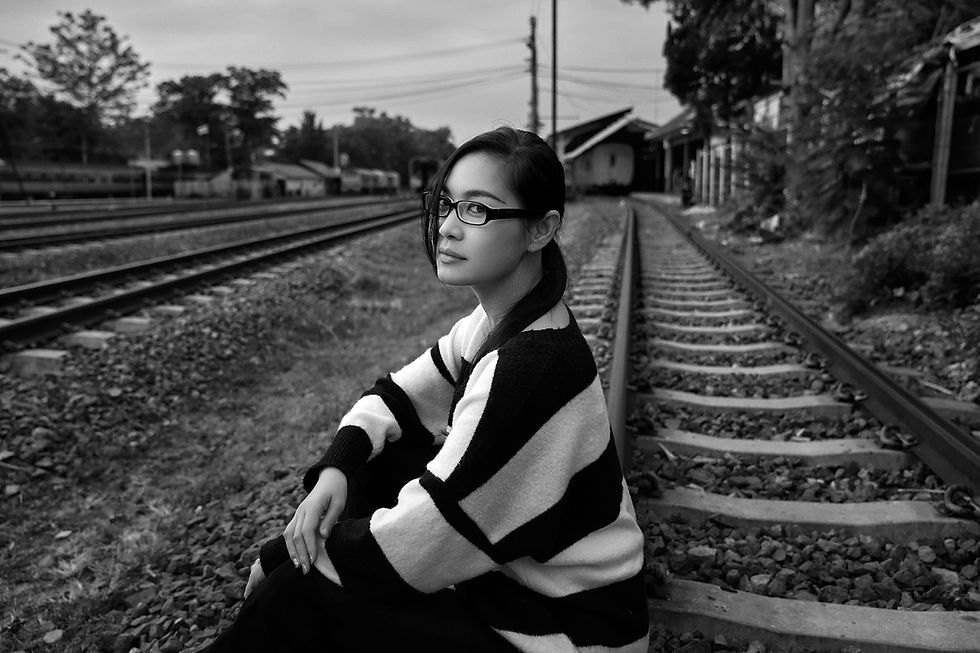
Some pictures from the new personal blog about Phone Booth with my Leica M10 Monochrom


My Leica M system cameras and the challenges
Leica made several attempts to keep the M system camera to meet the challenges and the reflex camera system's capability without resounding success until the arrival of electronic live-view of CMOS-based cameras that united the mirrorless and reflex system.
Introduction:
The F Mount PC-Nikkor 85/2.8 on the Leica M11: A Fusion of Precision Optics and Versatile Adaptability
The world of photography thrives on the intersection of creativity and technical prowess, where the tools available can often redefine the possibilities of imagery. One such intriguing combination is the F mount PC-Nikkor 85/2.8 lens, traditionally used with Nikon cameras, adapted for use on the Leica M11. This union of equipment not only capitalizes on the strengths of both systems but also showcases how adaptable photography has become in the digital age.
The Nikkor 85mm f/2.8 is a tilt-shift lens, noted for its capability to manipulate perspective and focus planes. Originally designed for architectural and product photography, this lens allows photographers to achieve a distinctive control over depth of field and distortion. Its optical construction is meticulously crafted, delivering sharp images with pleasing bokeh that enhances portrait work, while the ability to tilt and shift brings a level of dimensionality and perspective correction that is often sought after by professional photographers.
When mounted on the Leica M11 via a suitable adapter, the F mount PC-Nikkor transforms the constraints traditionally faced by each system. The Leica M11, with its renowned image quality, compact body, and minimalist design, presents photographers with an enticing platform for creativity. The M11’s full-frame sensor pairs effectively with the 85mm focal length, providing an equivalent field of view that is ideal for portraiture and detail-oriented work. Photographers can take advantage of the camera's exceptional resolution and color rendition while benefiting from the Nikkor's unique optical characteristics.
Using a lens like the PC-Nikkor on the M11 does come with some considerations. The tilt and shift functionalities require understanding and practice, as the absence of electronically controlled aperture and focus may necessitate manual adjustments. Moreover, the wider lens base of the PC-Nikkor relative to the compact Leica M-series bodies may also influence the handling and balance of the setup. However, the rewards are substantial. Photographers can achieve remarkable compositions that leverage both the rich color palette of the Nikkor and the exquisite detail captured by the Leica sensor.
In practical terms, employing the PC-Nikkor 85/2.8 on a Leica M11 fosters a deeper exploration of image-making. The lens’s capabilities allow for innovative shooting techniques, such as intentional perspective distortion to create dynamic compositions or using selective focus for artistic storytelling. Additionally, the tactile experience of using a manual lens on a digital rangefinder cultivates a more considered approach to photography, emphasizing the importance of each frame while forging a more intimate connection between the photographer and the subject.
In conclusion, adapting the F mount PC-Nikkor 85/2.8 to the Leica M11 is not merely about compatibility; it is about embracing a philosophy of adaptability and creativity. As photographers continue to explore the boundaries of their craft, such combinations shine a light on the potential for innovation, allowing for the discovery of new visual languages through the synergy of historical and modern optics. This marriage of technology thus enriches the photographic experience, proving that the right tools, no matter their origin, can inspire extraordinary images.
My new Leica M10 Monochrom attached with Visoflex 020 mounted with the Nikkor PC 85/2.8D for my project "Cycle of Life" something I have always wanted to shoot with Leica M cameras.
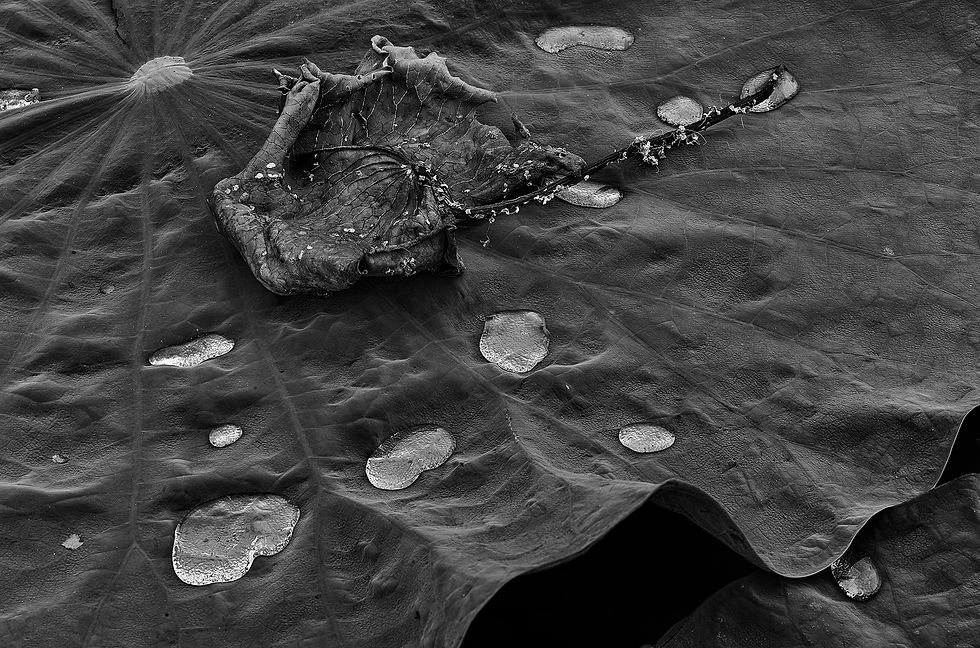
Thanks to advancements in digital technology, the M system has become more liberated and flexible, aligning with Leica's vision for the brand. Leica has demonstrated a keen understanding of market trends by introducing the T/SL system and the Q cameras. Now, it’s time to integrate an electronic viewfinder (EVF) into the M camera lineup.
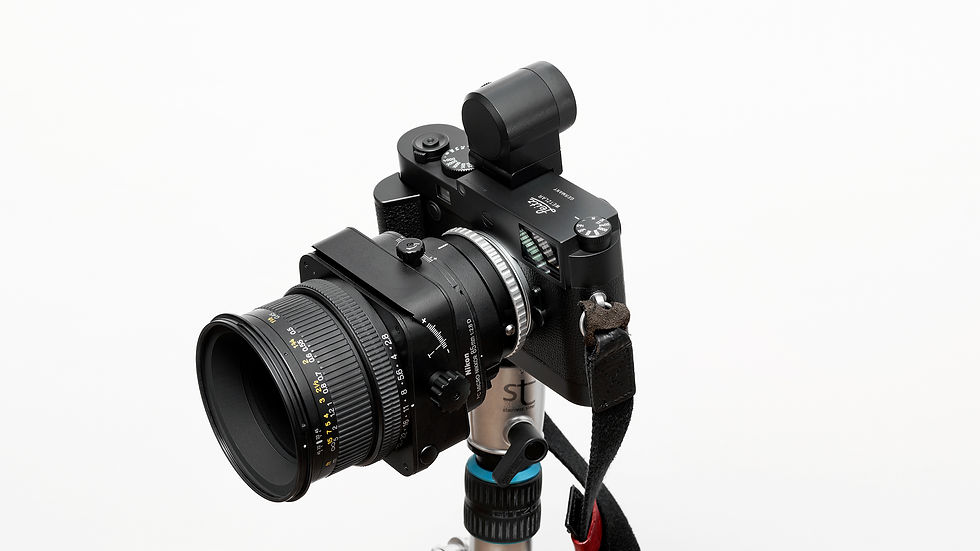
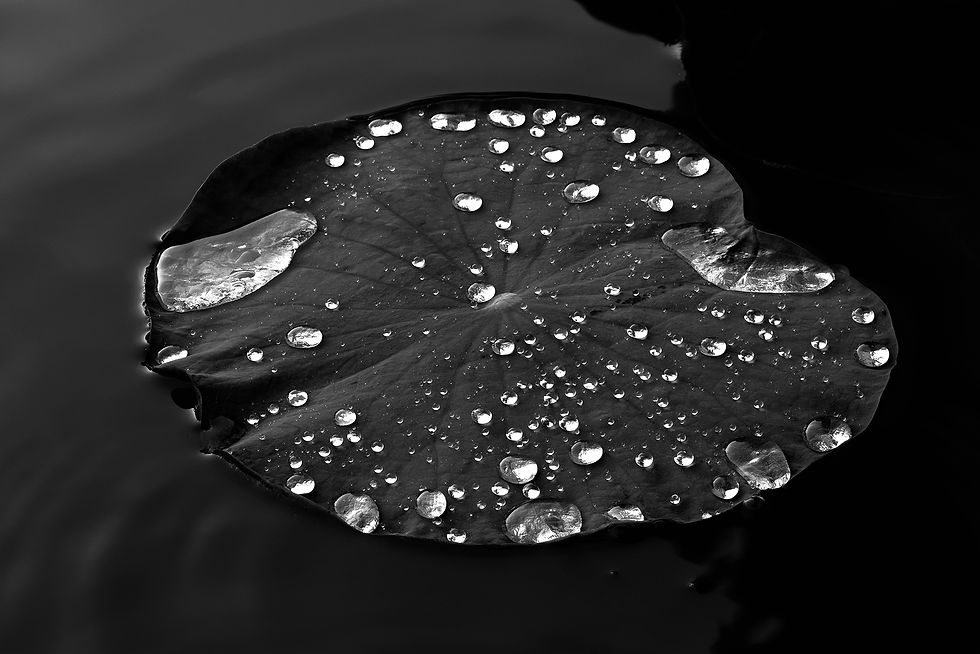
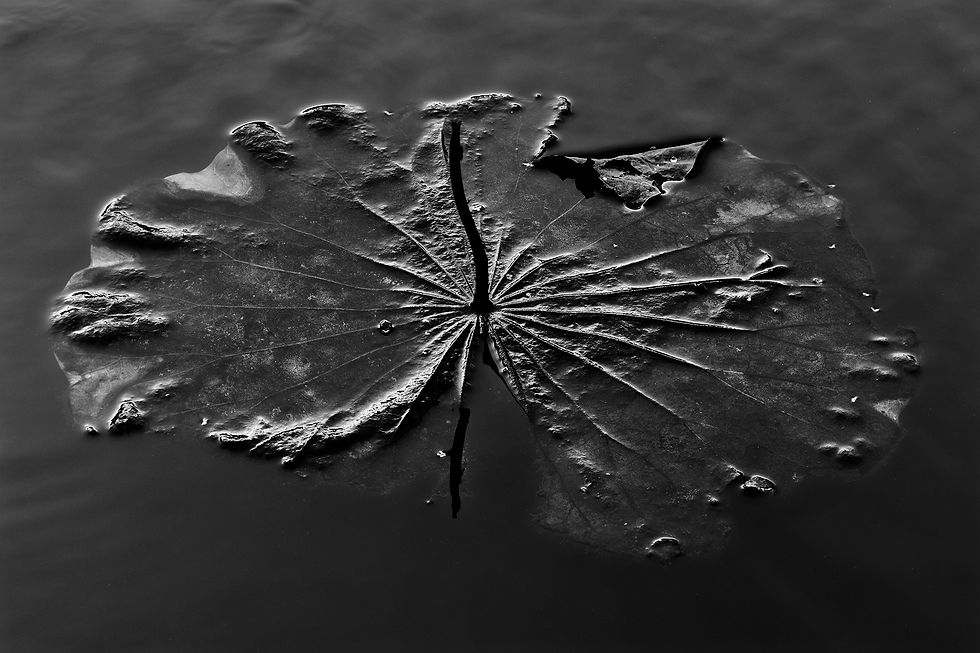
"If there were no beginnings and if there were no endings, we would have the absence of inertia and the presence of stagnation."
~ Craig D. Lounsbrough
The Leica M10-D is certainly not the most effective camera for making shots for my "Cycle of Life" project, it is slow, it requires more nerve for each of the moment, it requires me to hold my breath even the camera is on a tripod. It is like meditation!

What I would say, without reservation, is that, as of January 2021, the Leica FOTOS remains the worst product the Leica offers currently!
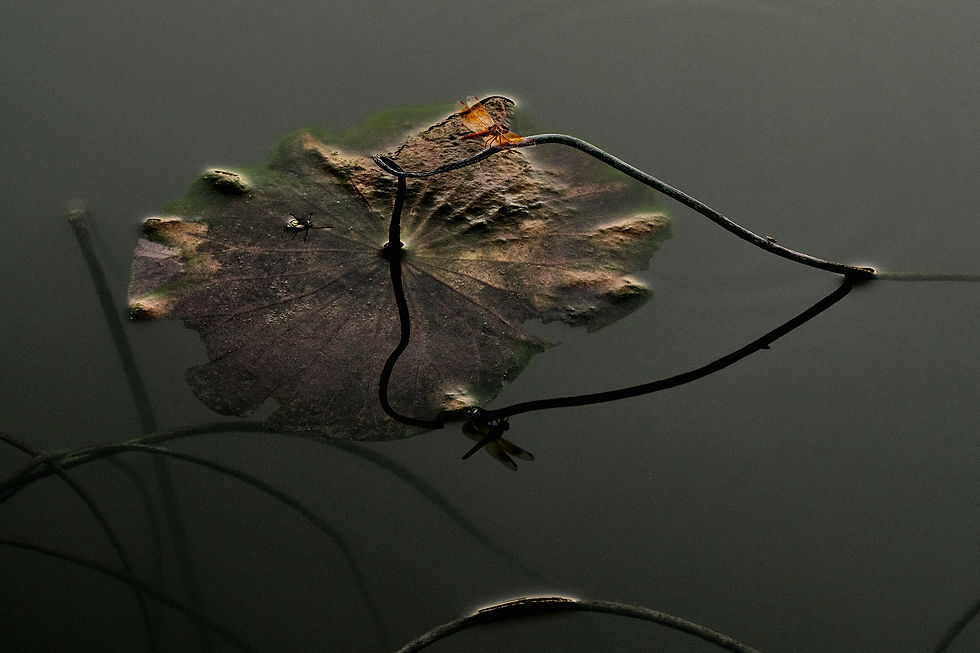
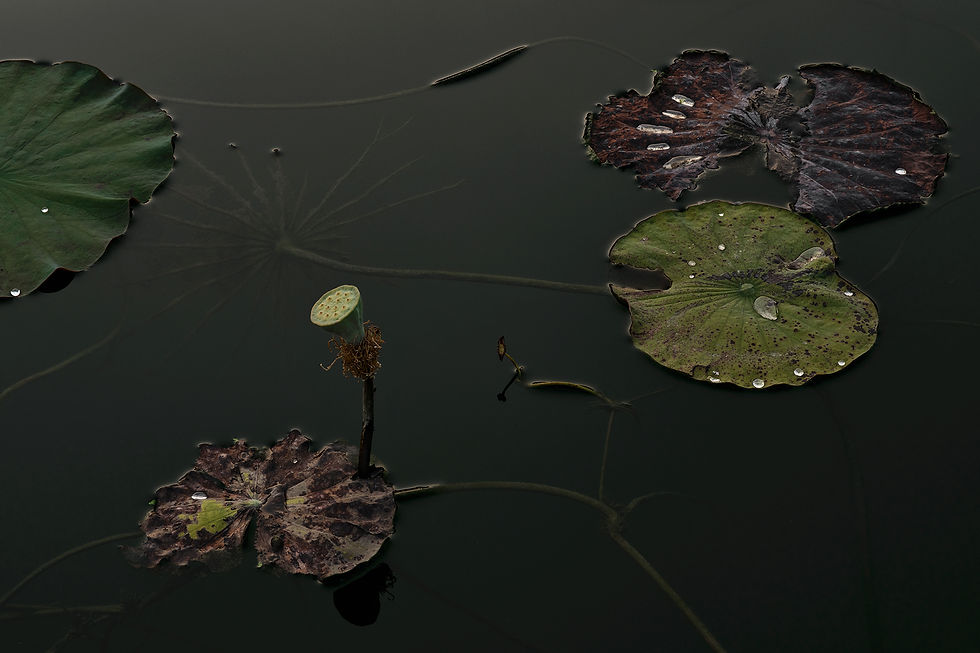
Leica Perspective Control
The Leica Perspective Control function automatically corrects receding lines and is available for the M10-P, M10-R, and M10 M series cameras through a firmware update on January 28, 2021.
While I have no intention to use the Leica for serious architecture shoots or want to, I will use some proper technical lenses such as my Schneider PC-TS Super-Angulon 28 or 50 or those from Nikon and Canon with mount-adapters.
However, the automatic correction could be interested in street portraits, although it won't show from the focusing window unless using the EVF, making the shooting painfully slow and less spontaneous. Technically one can have the camera away from the eyes and using the correction frame on the rear display. Still, I hate shooting that way, particularly for portraits, as the camera becomes a third object in the process, but each photographer finds his way; it is just not my subjective preference.
With the M10 Monochrom set to CAPTURE ASSISTANTS - Perspective Control - On - to shoot DNG + JPEG, the result is quite evident here on the screen. (Corrected JPEG on the left vs. Native DNG on the right) The Gyro inside the camera automatically detects the camera's angle, sends the information to the processor, and embeds correction data on the DNG while recording the JPEG as corrected. Capture One Pro 21 has not yet read the embedded correction data on DNG like Lightroom, which Leica recommended, but this is just a function inspection that I will stay with my Capture One Pro 21 and not bother with Lightroom.
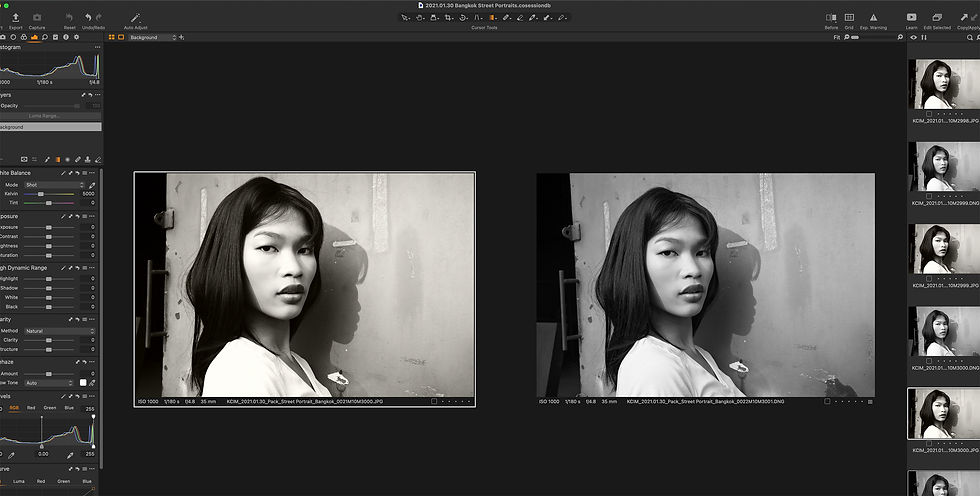
But I have to say; initially, I thought this is perhaps not a very useful feature. I now believe it may be quite interesting for an environmental portrait on the go when there is no time to use proper PC lenses or computer correction.
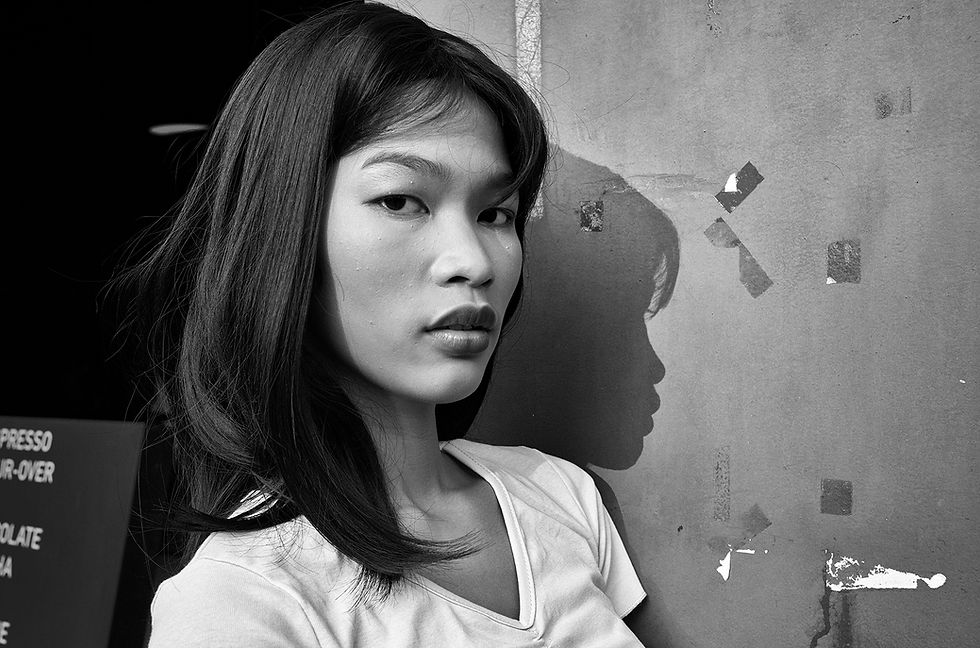
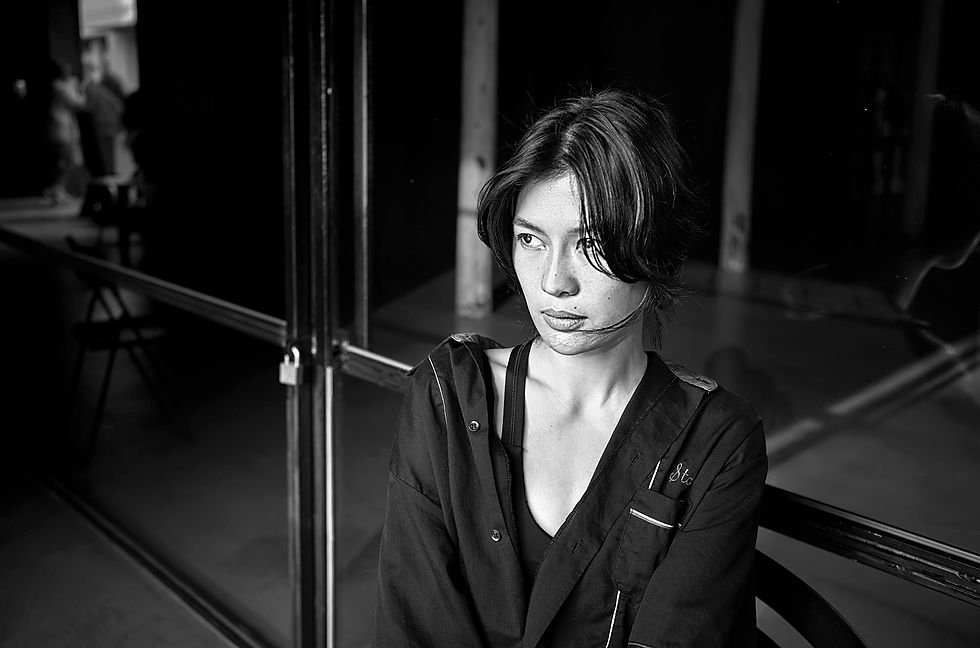
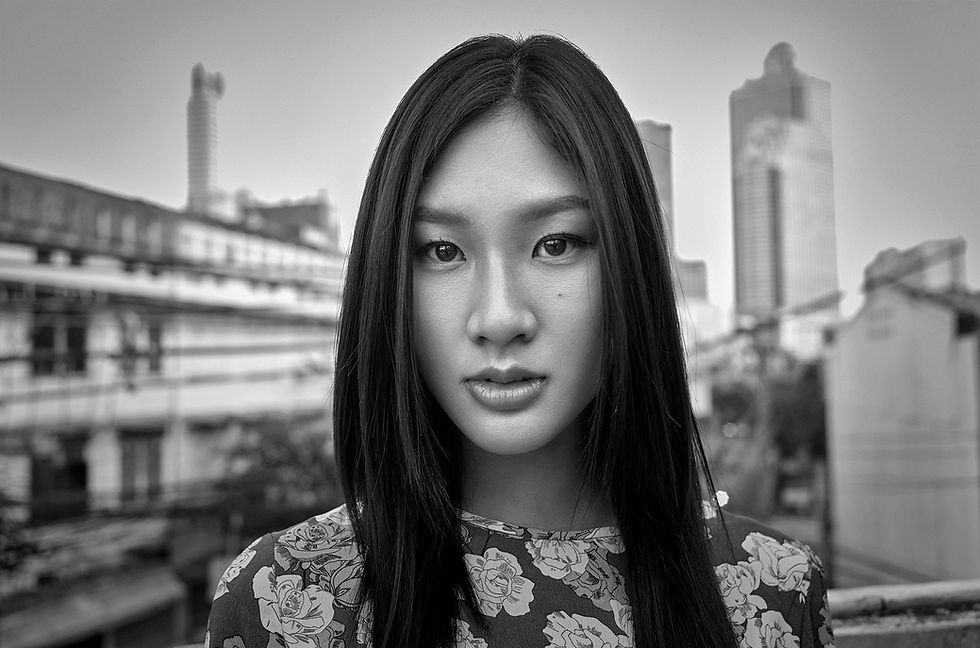
February 2021
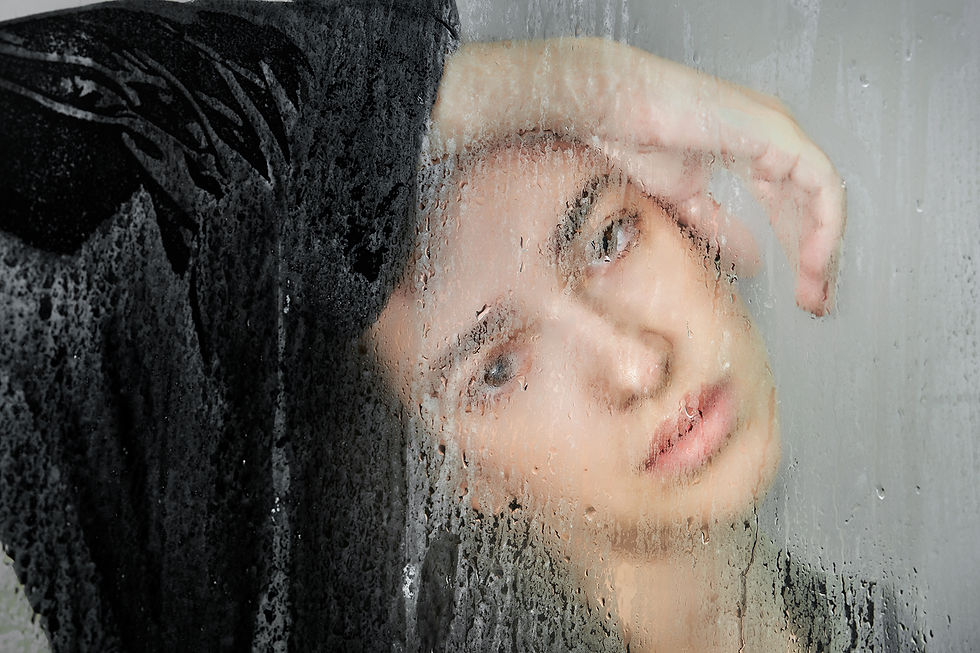

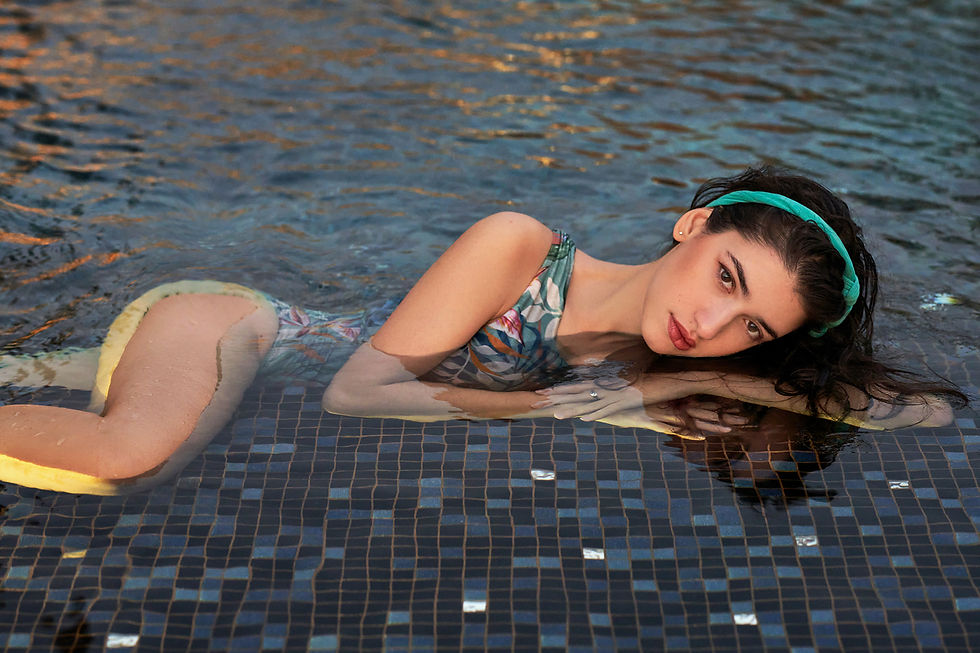
February 14, 2021
The romantic photographer!
It is more than three decades since Fujifilm introduced FUJIX DS-1P in 1988, the first practical digital camera capable of saving data to a semiconductor memory card. Today, any digital camera is beyond the wildest dreams of photographers back then. The discussions and debates of whether digital can surpass chemical-based photography also shifted from technical talks to a more philosophical basis.
Photographers often have the romance as if the technology is evolving around their desire of quality and curiosity while in reality not. Not always, anyway.
It was the human endeavor to discover the unknown, breaking the boundary of common knowledge, as the case for the invention of the MOSFET (MOS -Metal-oxide-semiconductor field-effect transistor) by the Bell Labs in 1959. The scientists worked tirelessly to enable the 1977 Voyager Program (Voyager 1 and Voyager 2) to carry digital cameras on the spacecraft to capture data and store it on a digital tape and then playback during transmission periods. The spacecraft went on sending back valuable images through its mission to the edge of the planetary system, including the first and still only family portrait of planets in our home solar system, including the famous "Pale Blue Dot" - on Valentine Day, February 14, 1990, by NASA's Voyager 1. The image of "Pale Blue Dot" - Earth seen from 6 billion kilometers (3.7 billion miles) away, romantically planned ten years ahead in 1981 by Carl Sagan, a member of the Voyager Imaging Team, envisioned to have the spacecraft turn around to take one last look at home before shut off the on-board camera to preserve power for more critical instruments.
Both Voyagers kept flying long after February 1990. In August 2012, the Voyager 1 became the first spacecraft to enter interstellar space, followed by Voyager 2 in December 2018, moving at the velocity of 38,026.77 mph (Voyager 1) and 34,390.98 mph (Voyager 2).
Now, digital cameras, including those on Smartphones, are used to capture anything, with no regard to the prestigious heritage. They don't have to. The camera somehow becomes something for identifying the photographer, either through the image it is producing or by the camera's look, as an accessory or fashion statement - for example, the Hasselblad 907X + CFVII 50C and Leica M Edition 60.


The Hasselblad 907X + CFVII 50C and Leica M Editon 60 share many things in common but in the opposite direction. Both camera presented in the form of their past in a modern appearance. Hasselblad 907X has only the articulated rear display but no viewfinder and Leica M Edition 60 has the viewfinder but no display. Both are awful cameras by ordinary judgments for lacking vertical grip, or grip of any kind, no ergonomic to speak about, slow to autofocus or none thereof, no IBIS, and priced wrong.
Ordinary judgments are not wrong; they are just ordinary.
February 15 The Bangkok Railway Station
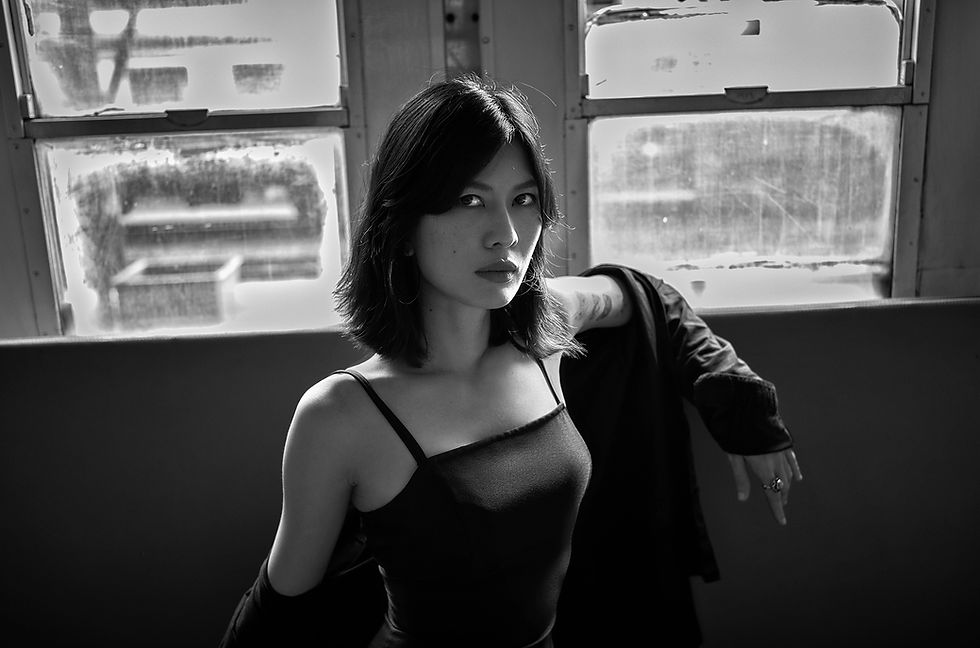
The M10 Monochrom will not manage blown exposure in anyway meaningful, something needs to be extremely careful!
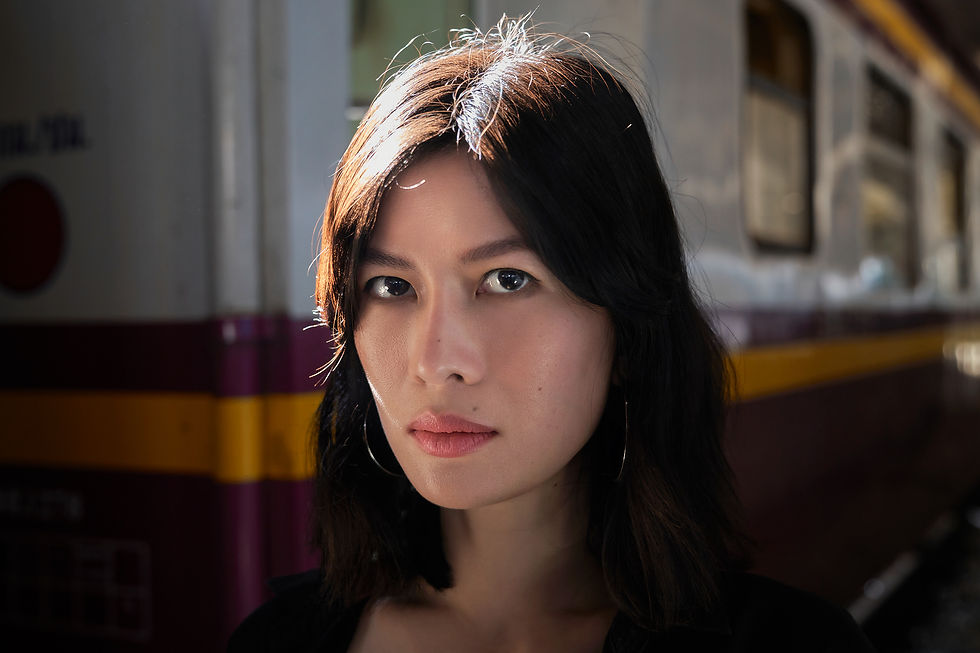
February 27 Snow Moon
The 2nd full moon in 2021 is also known as the Snow Moon, due to typically heavy snow in February, indicating such term did not come from tropical countries.
It is also celebrated by the Chinese as the "Spring Lantern Festival" - on the 15th day of the first month in the lunisolar Chinese calendar. It is considered the final day of the traditional Chinese Spring Festival, such tradition traced back to Emperor Ming (28-75 AD) of the Han Dynasty, close to two millennia ago.
The Leica M10 Monochrom with its monochrome sensor theoretically can reproduce an image with cleaner and higher resolution than cameras with a Bayer RGB sensor of the same pixel pitch, for free of color and pattern noise.
Not in the case of the Moon shot! The thick Earth atmosphere softens the spatial frequency so the monochrome sensor is basically recording an image blurred by thick air and tropical humidity. It would work much better on the surface of the moon or on Mars, as some of the cameras with bandpass filters on the Mars Perseverance.
This shot is more fun than useful! This shot made with Leica M10 Monochrom at 2:41AM, almost 30min after those shots made with Fujifilm GFX100 using the exact same lens, Minolta RF 800mm 1:8 of the exact reproduction scale albeit on the different sensor. The GFX100 easily out-resolve the M10M in this situation, even without the Pixel Shift Multi-Shot.
Other shots may be different! (ref: Fujifilm GFX100 Moon shot)
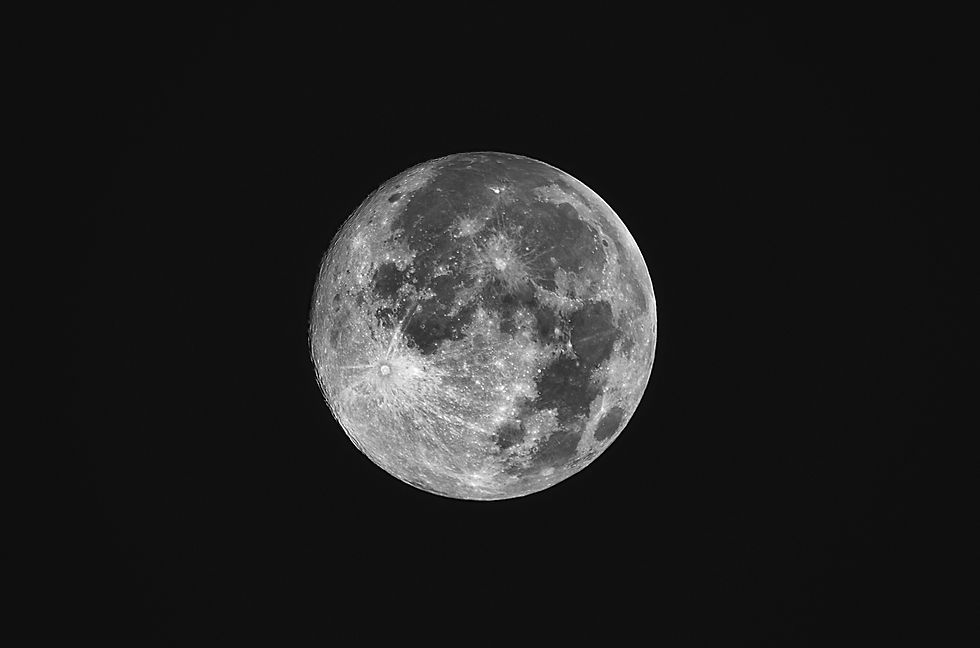
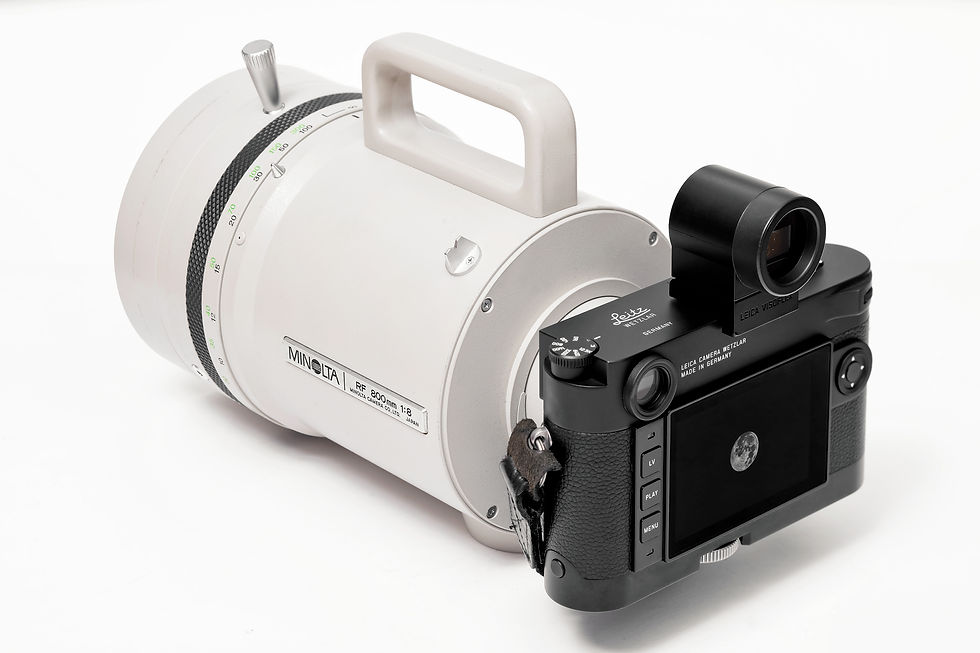
February 28 Warehouse 30 Bangkok

March 2021
March 2, 2021
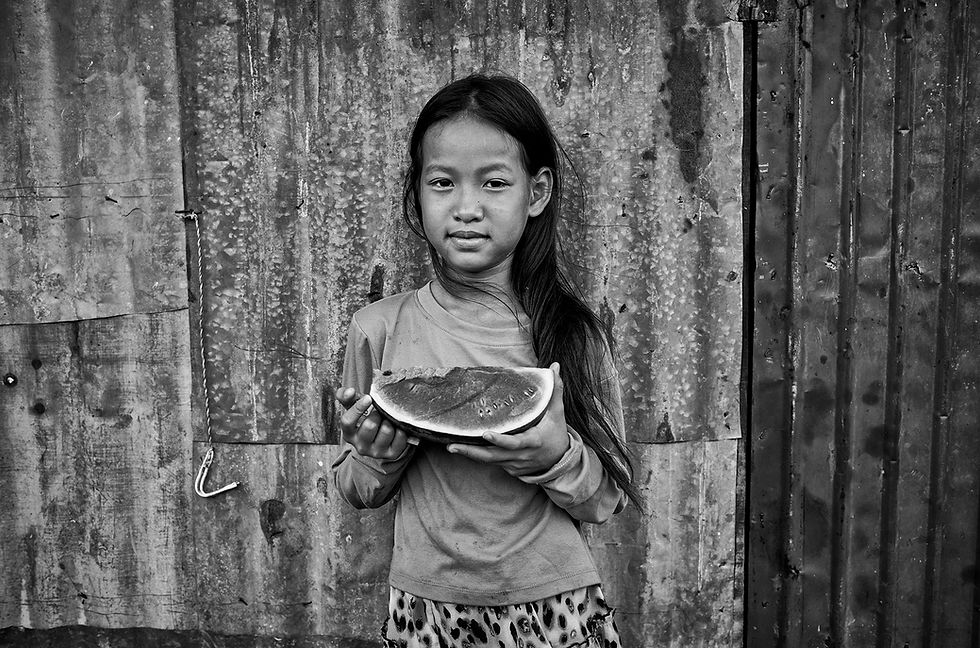
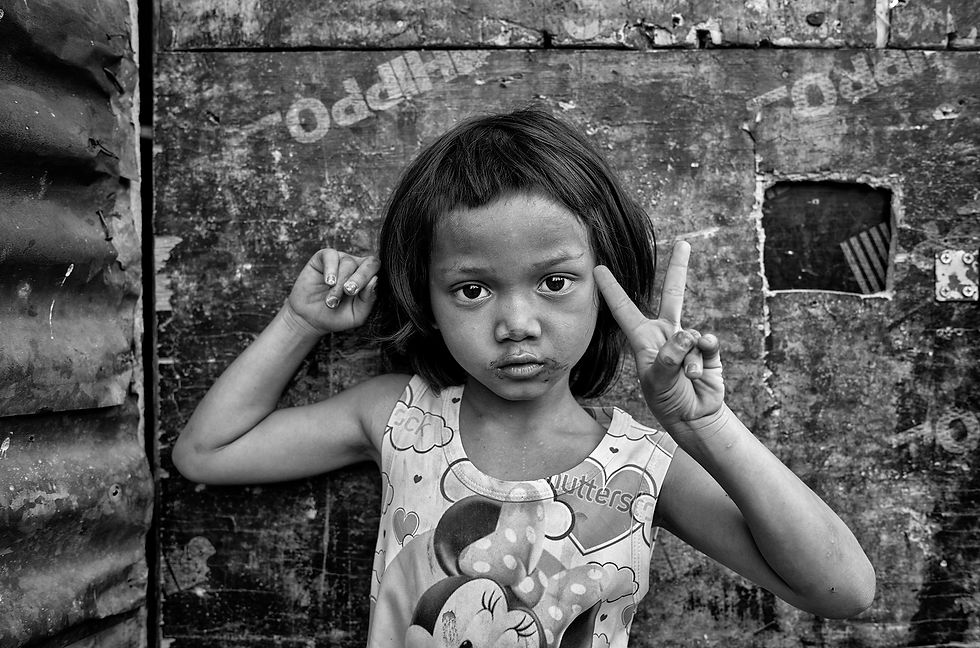

March 7, 2021
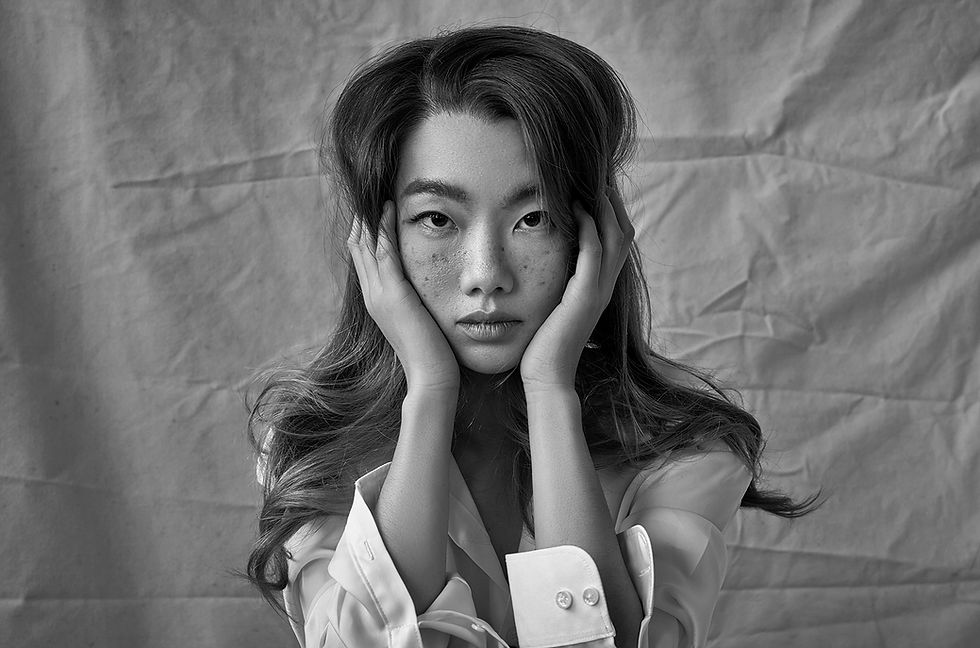

March 13 Makkasan
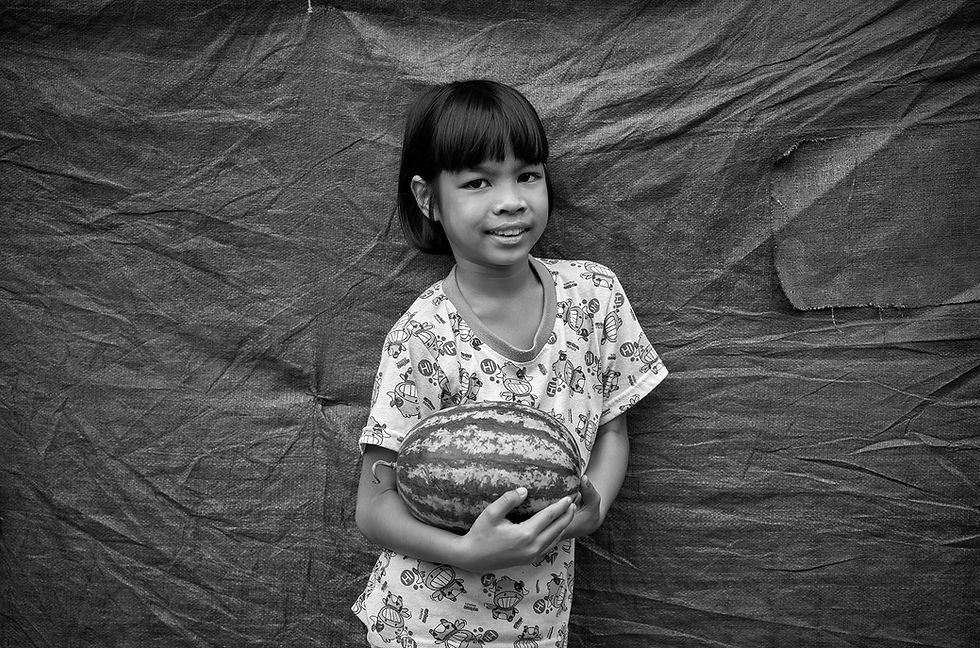
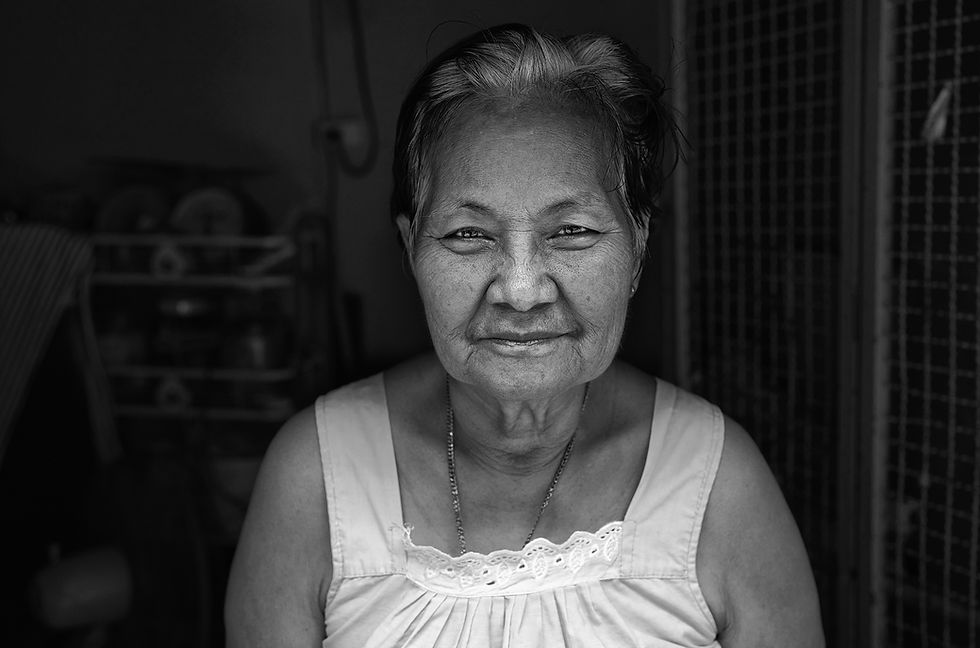
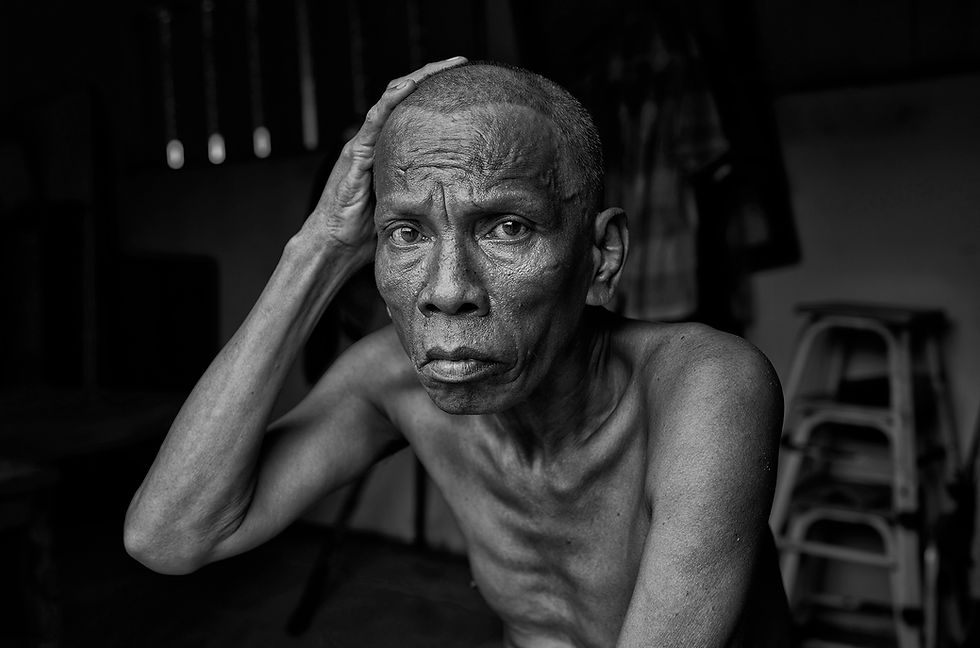
March 17 with Katarina Gartell
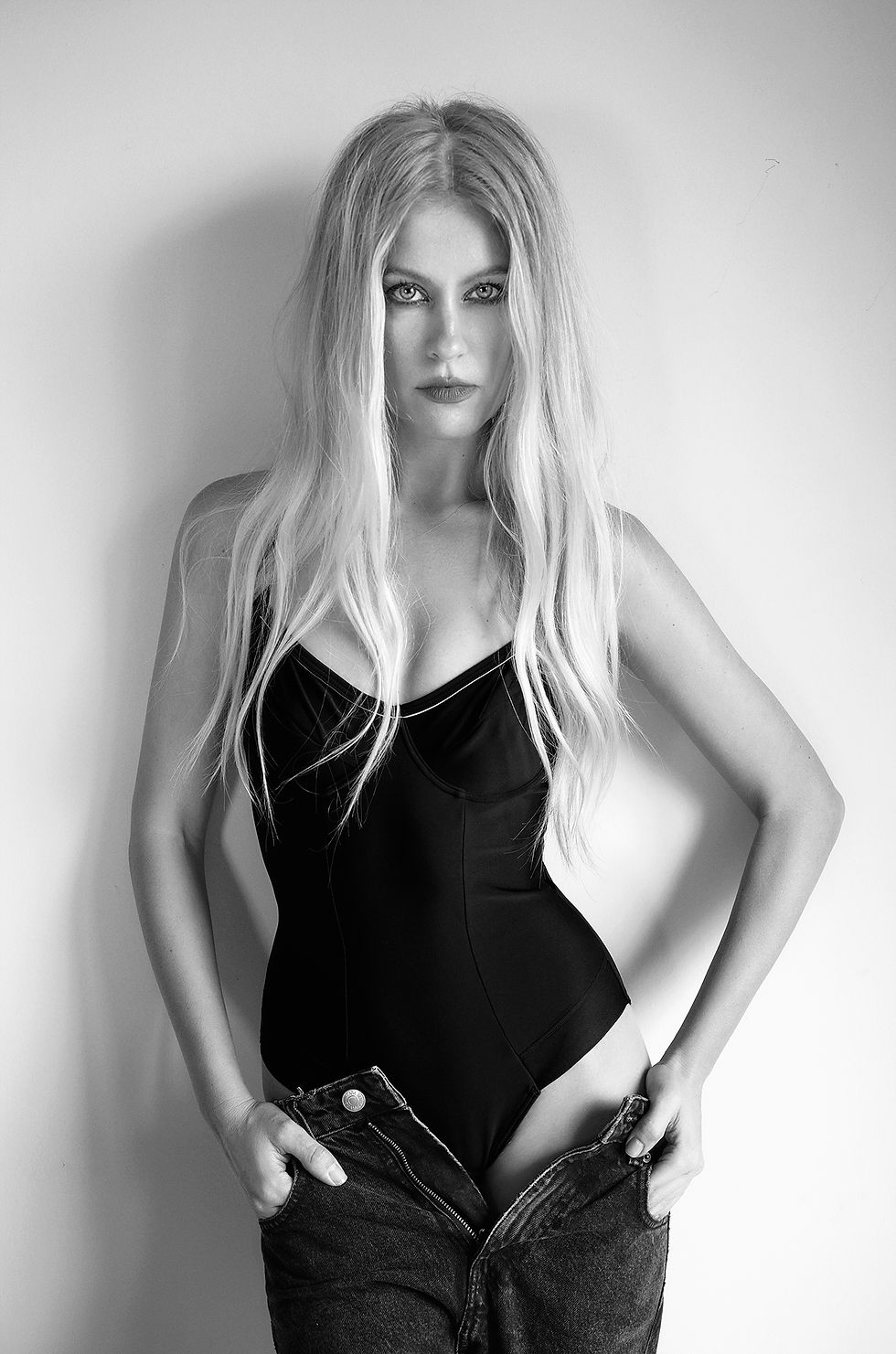
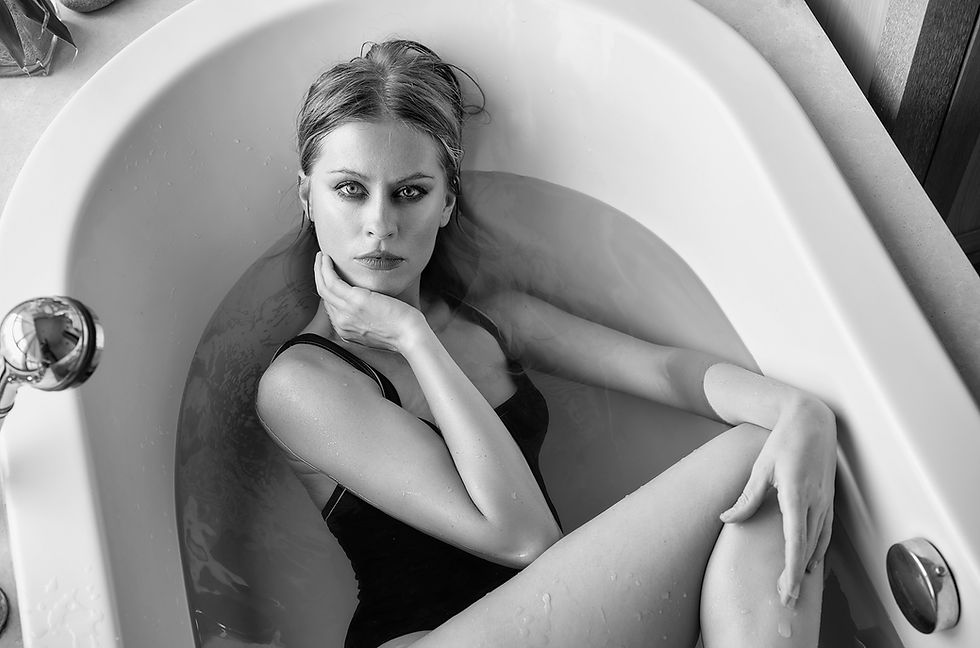
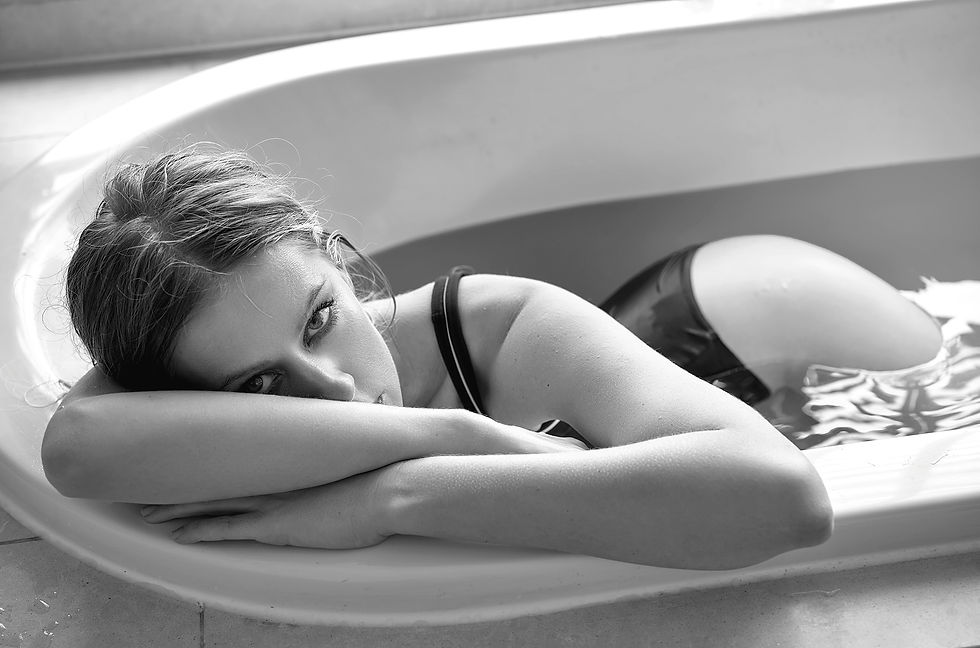

March 27 Makkasan Community Bangkok
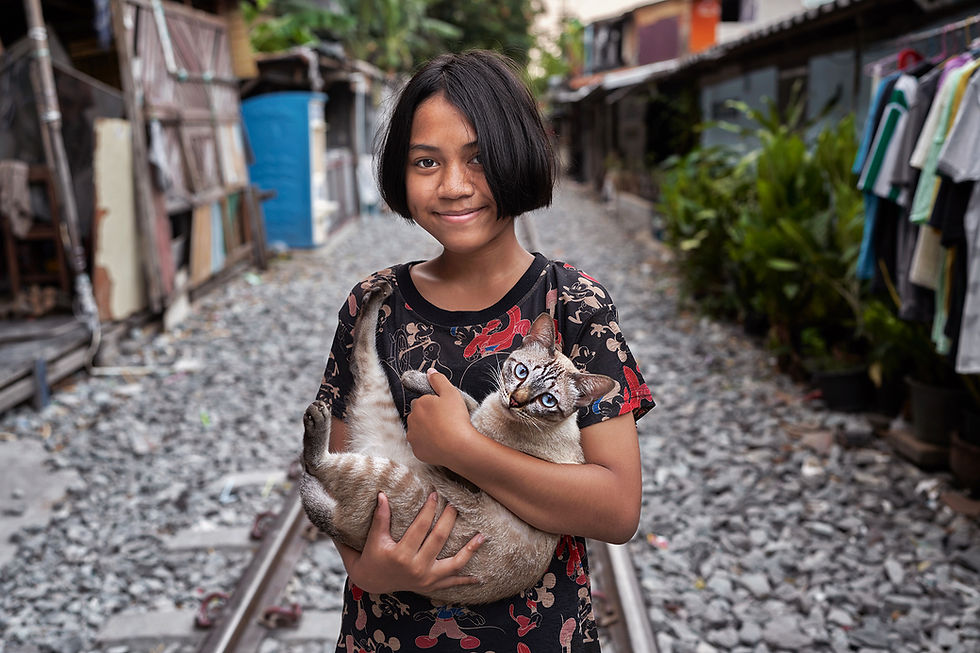
First shot of my new Voigtländer APO-LANTHAR 35mm F2.0 ASPH VM


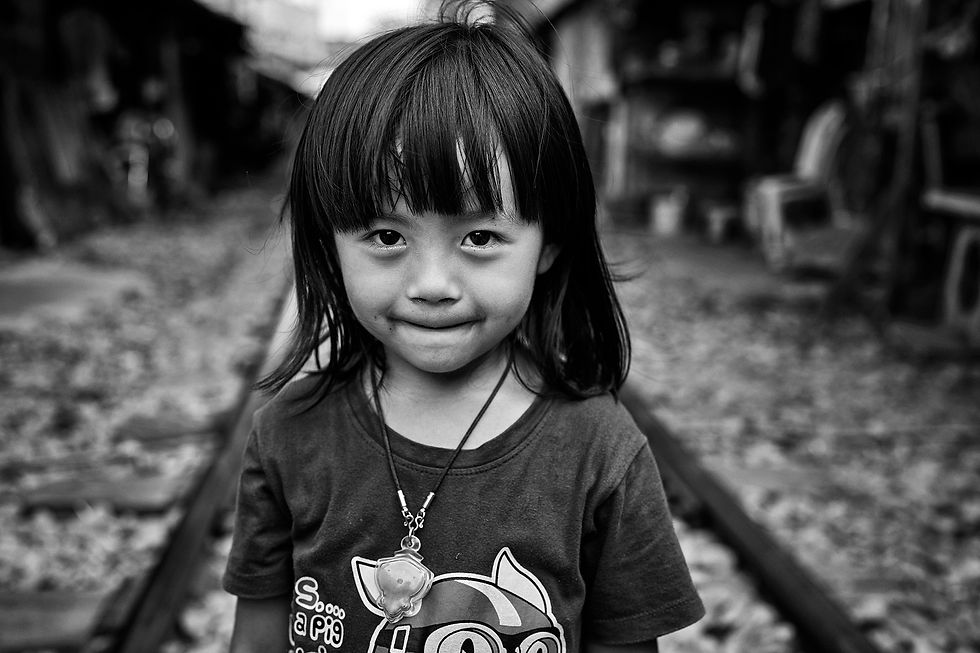
This little girl showed her muscle to me when I asked her name, "Popeye," she replied.
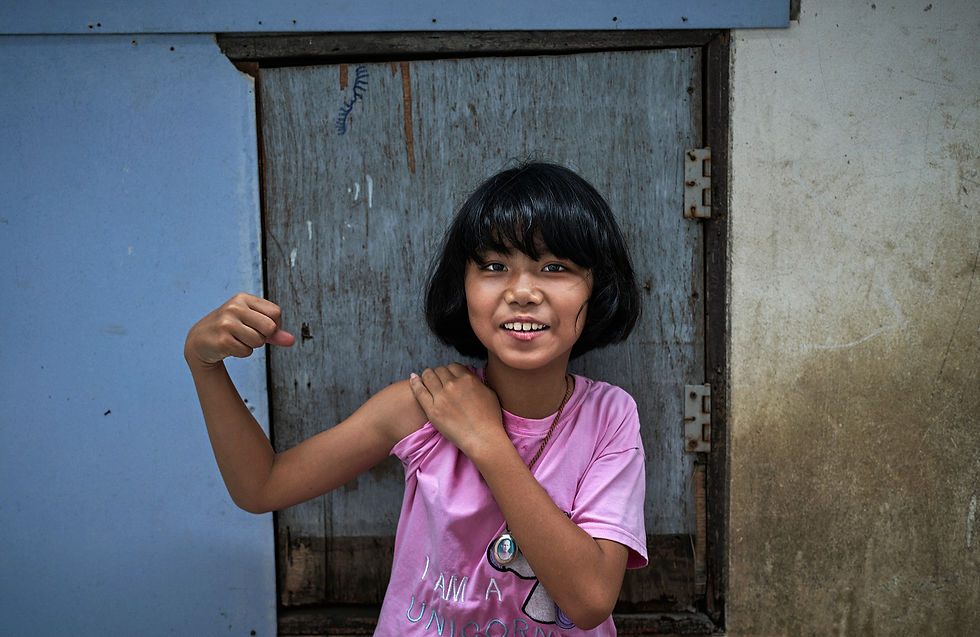
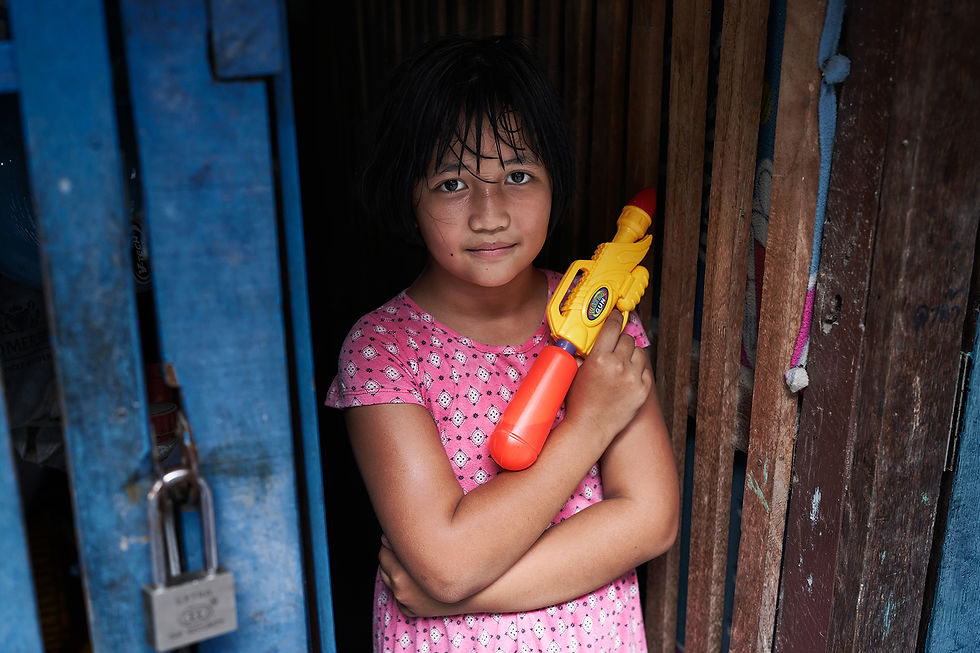
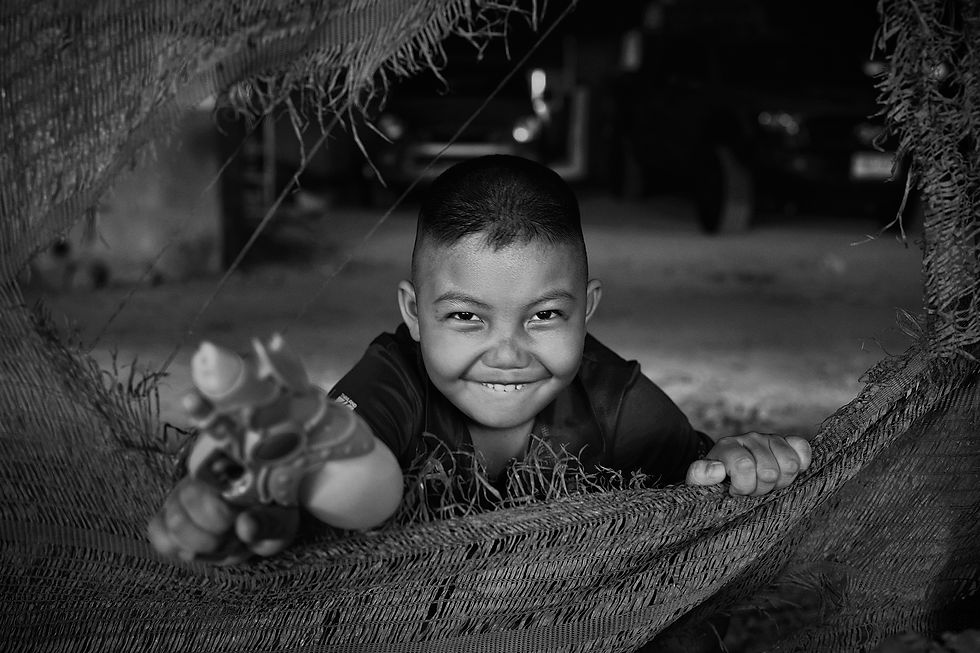
March 30 Rajamangala University of Technology Tawan-Ok Waterlily Institute, Chon Buri, Thailand
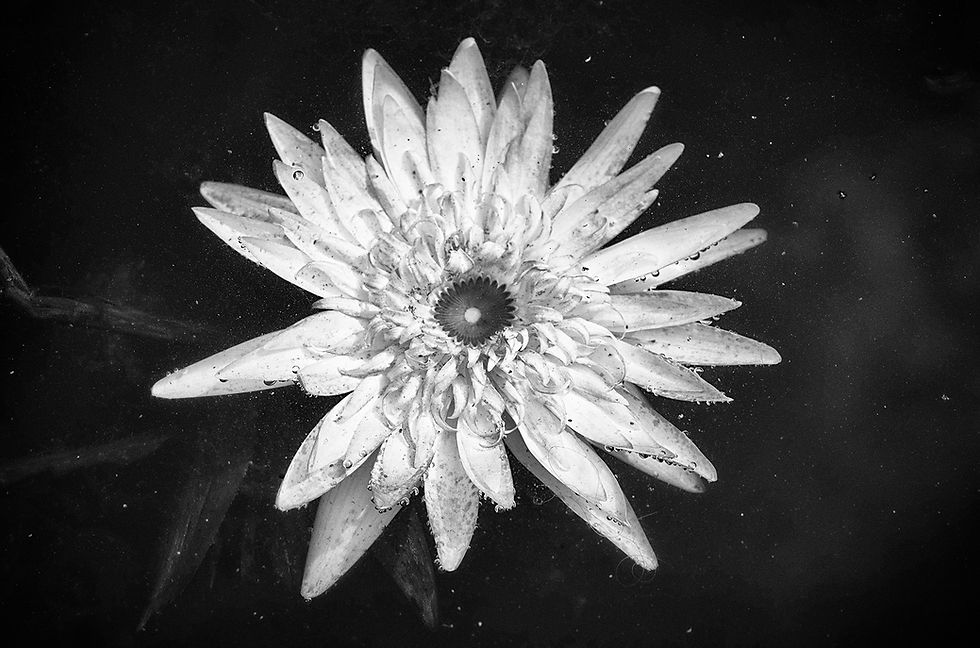
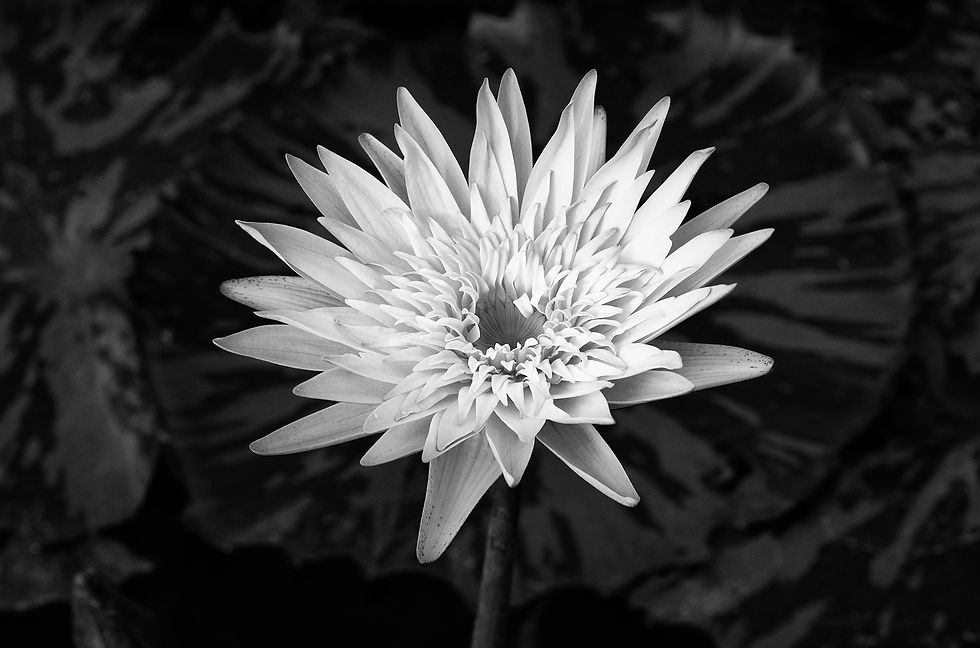
March 31 Bangkok Art and Culture Center
Get to take a couple of snapshots of Bangkok Art and Culture Center while awaiting the admission of the event "Videos of the East, Videos of the West" held by Ambasciata d'Italia
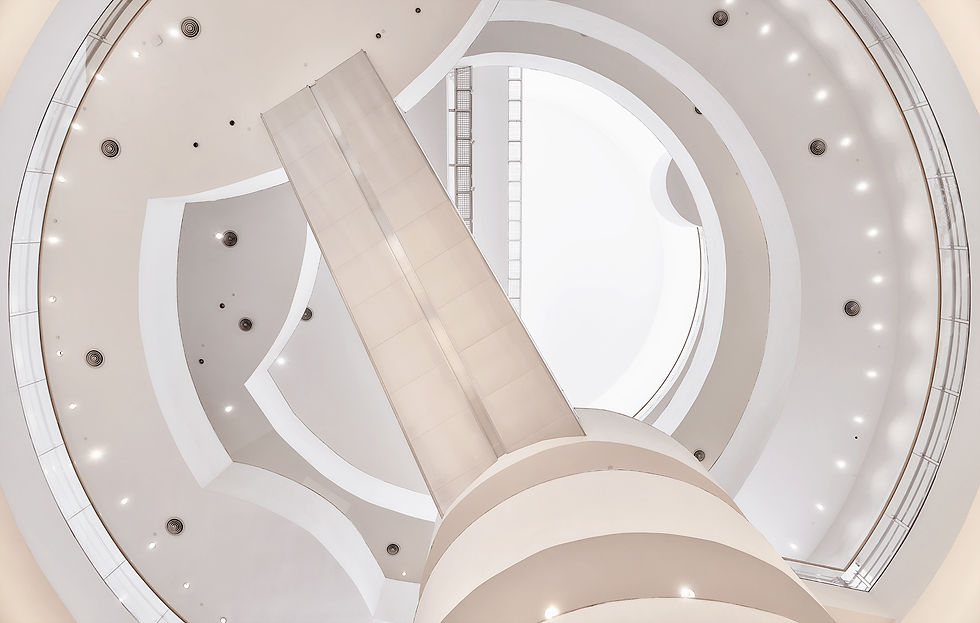
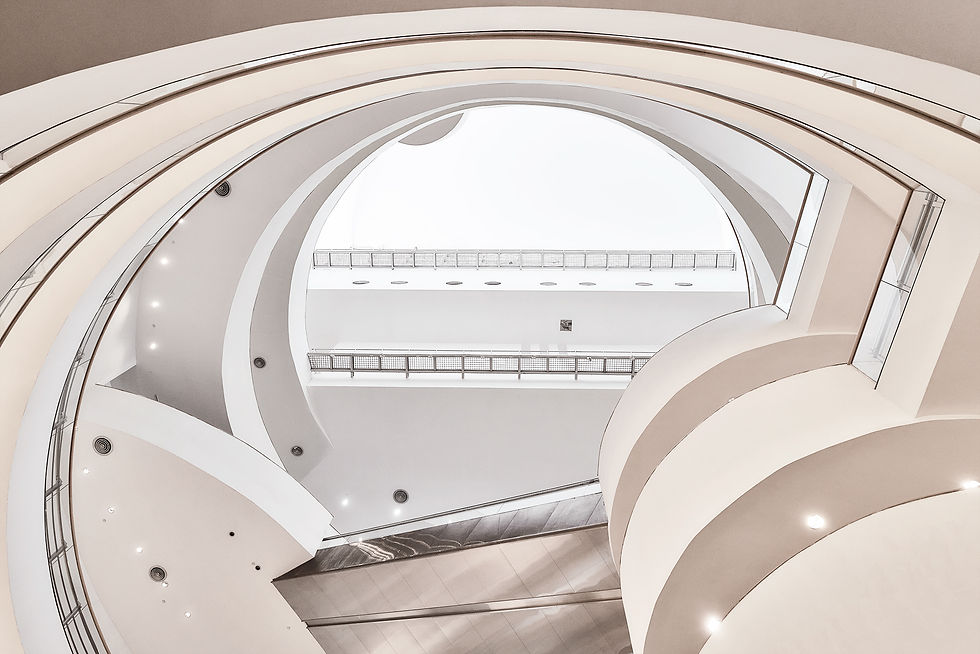
April 2021
April 9 Izem Yilmaz - The Issara Ladphrao, Bangkok
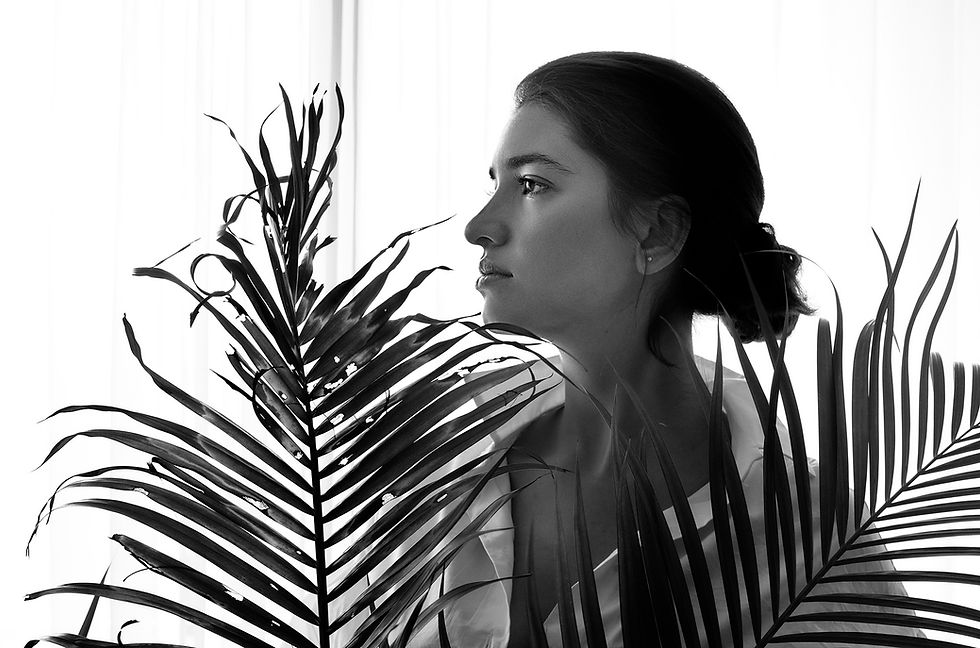
April 14 Makkasan Community
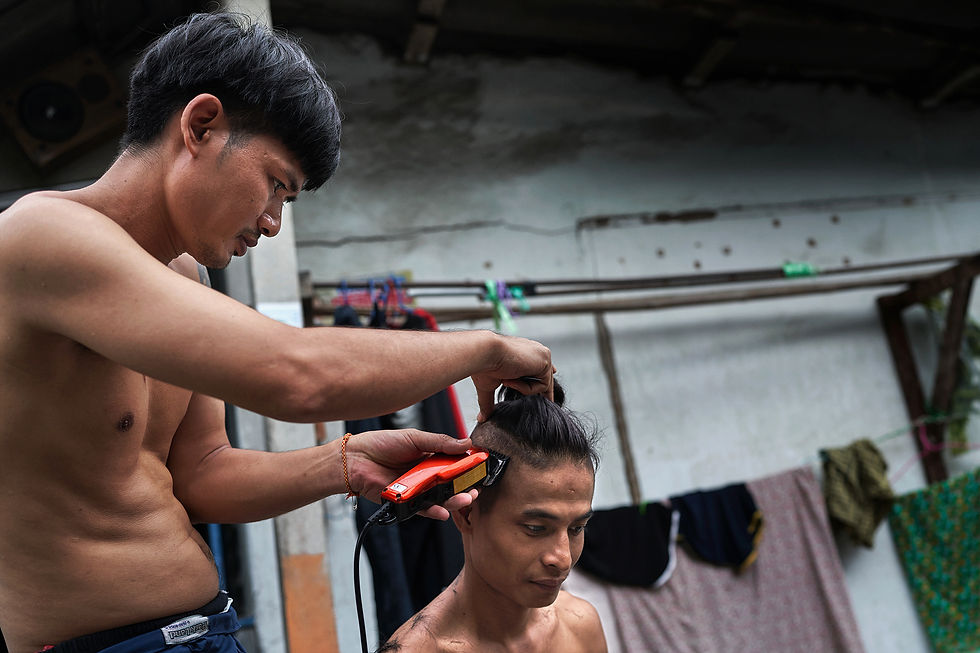

April 23 Return to the Bangkok Railway Station
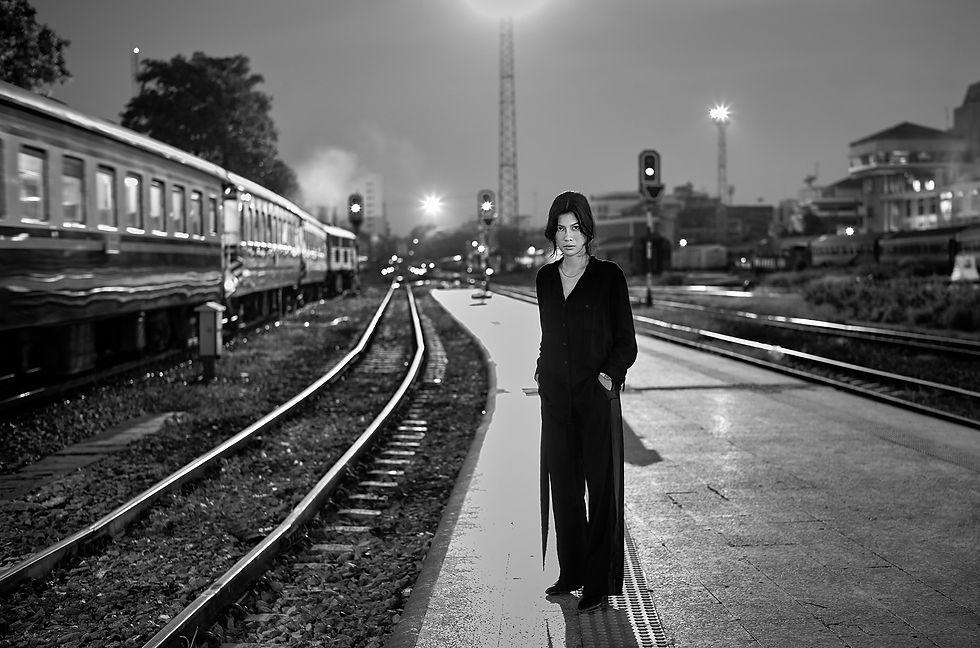
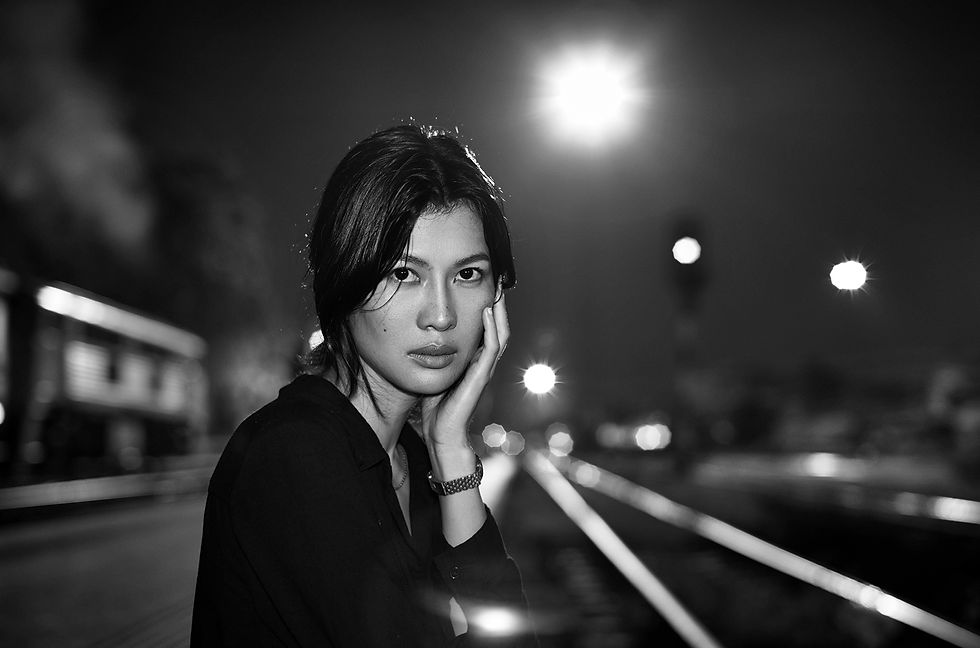
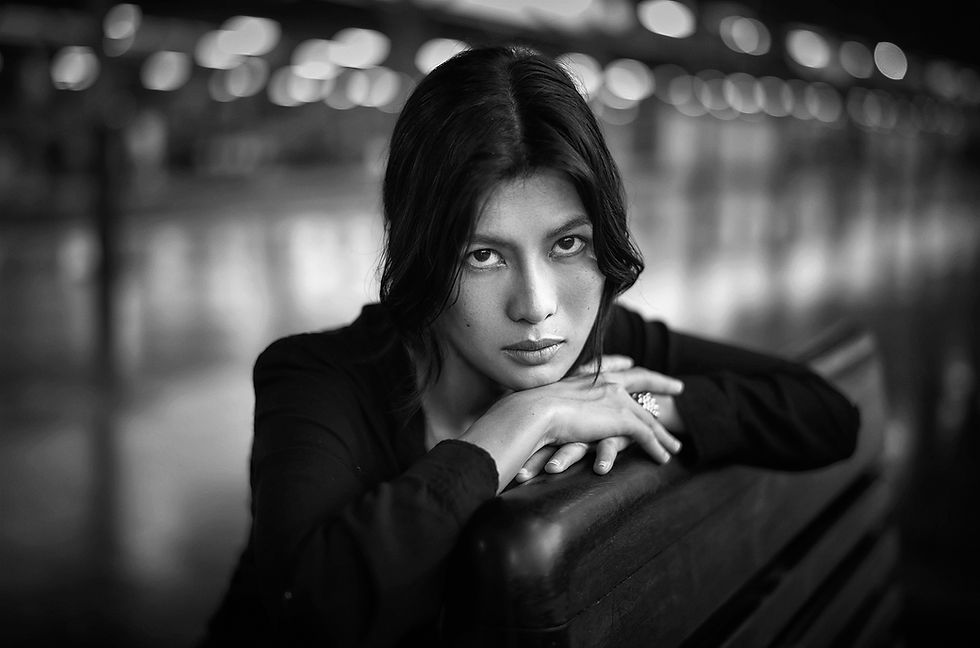
April 25
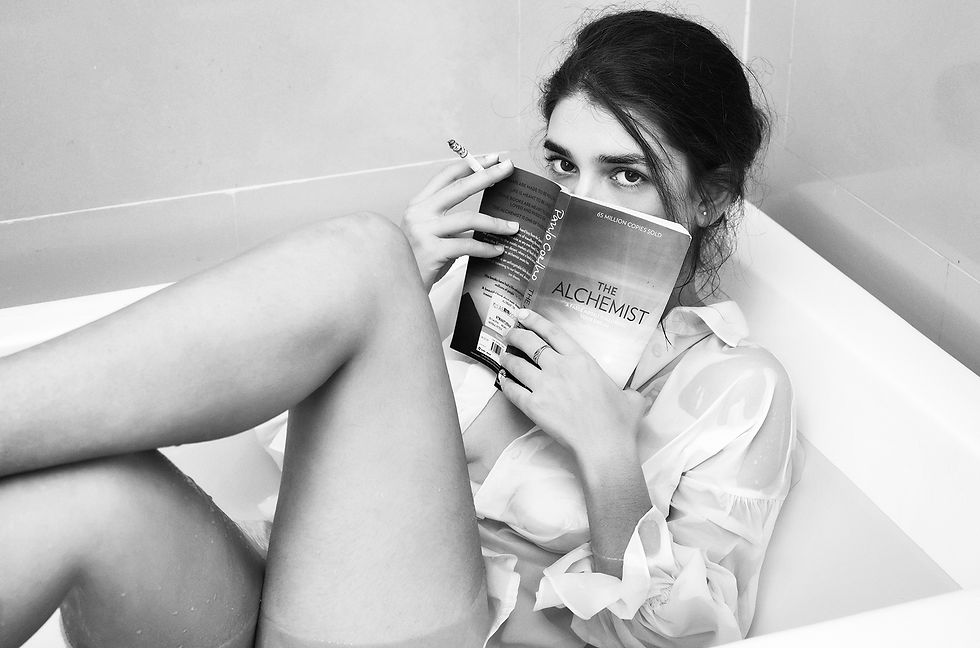
May 2021
May 1 Olga Novoselova - Hyatt Regency Sukhumvit 13, Bangkok, Thailand

May 16
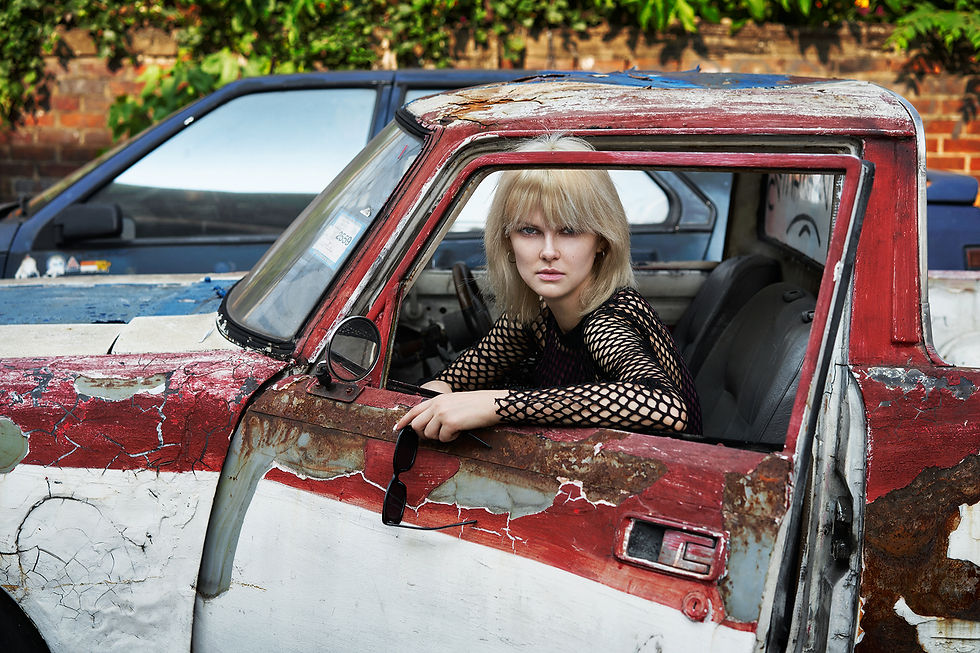

May 18
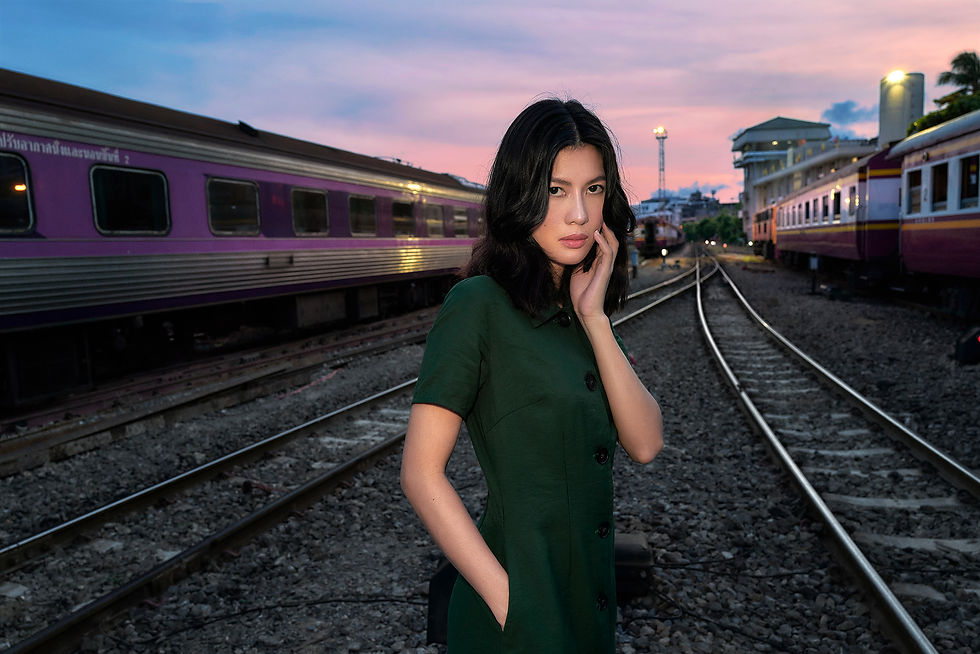
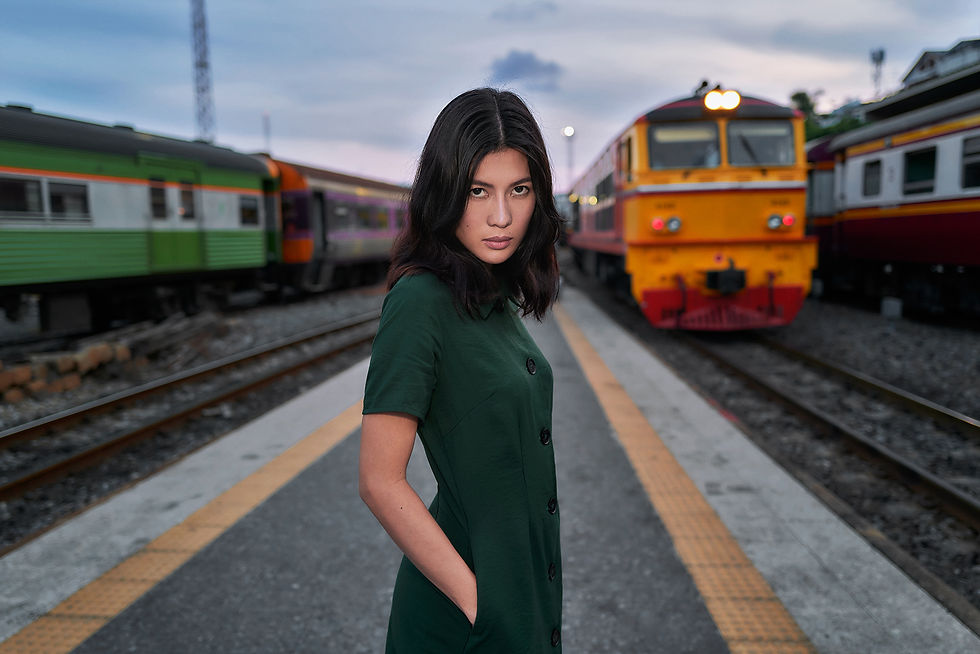
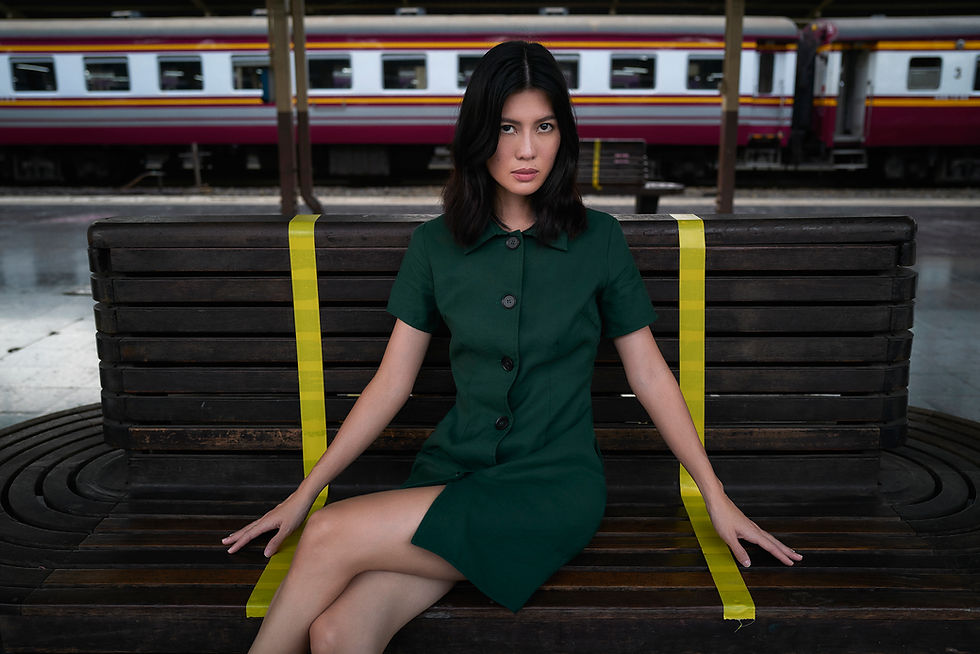
May 27 Cycle of Life
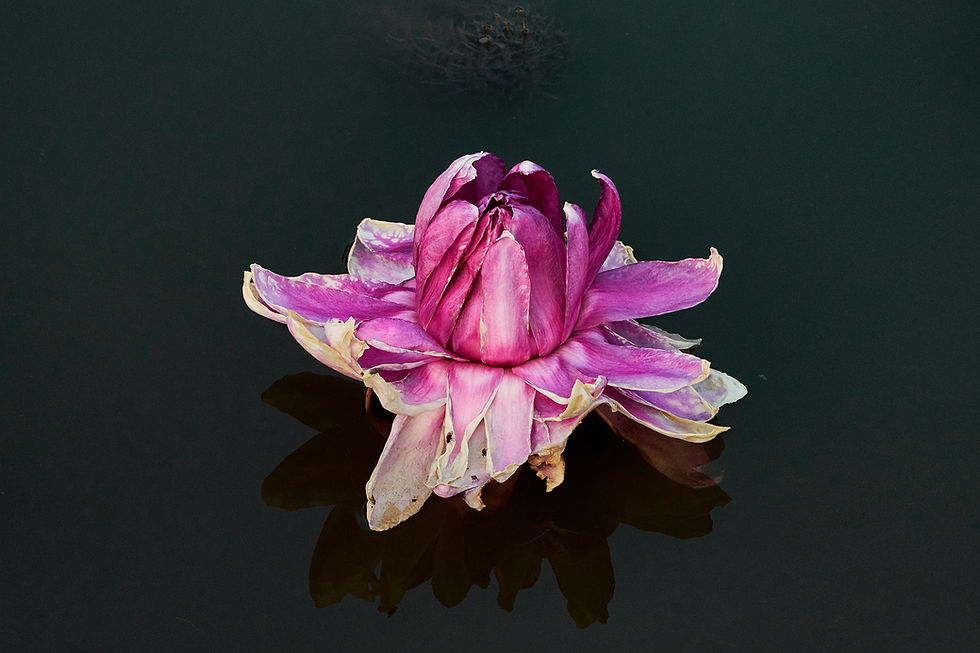
May 31 The Bangkok Railway Station
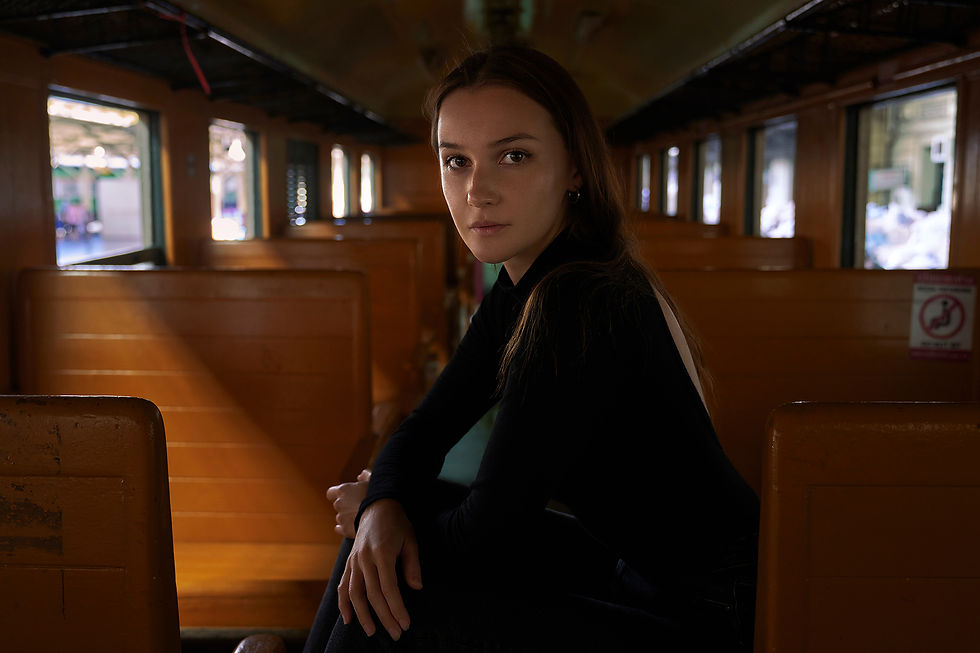
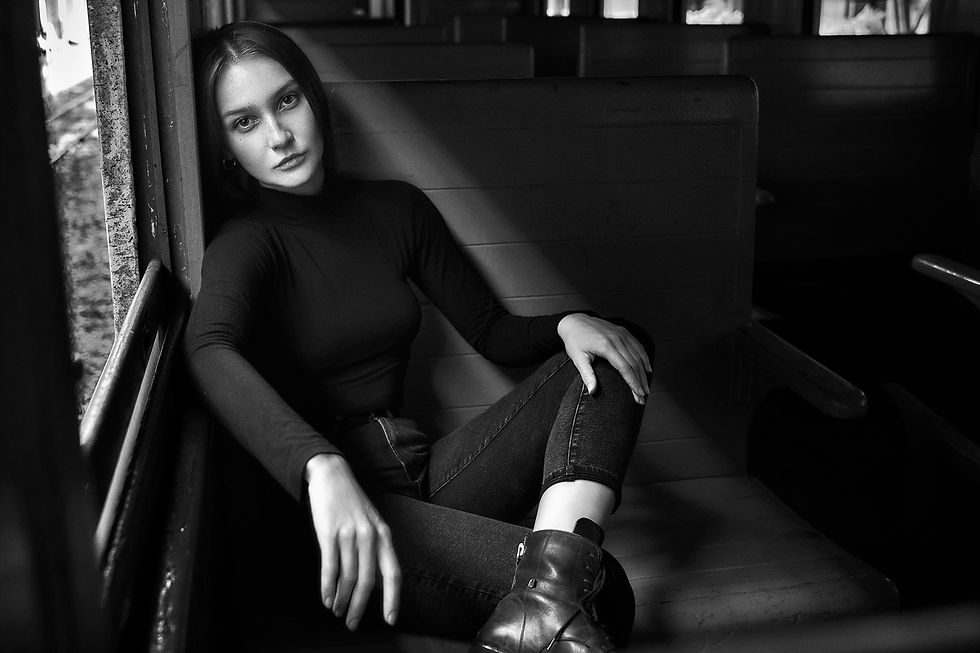
June 2021
June 3 The Bangkok Railway Station
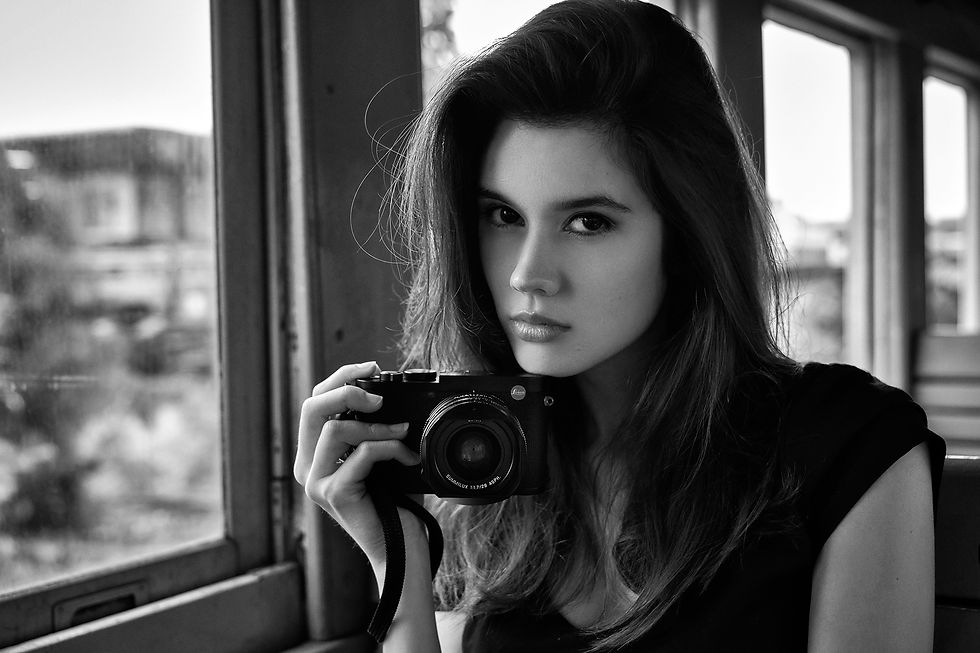

June 24 The black paint limited edition M10-R
Leica does the Leica thing!
Rumors used to be rumors, now it is a marketing tool, or it has always been.
The black paint finish is more delicate than modern hardened electronic plating; however, it is also an invitation for frequent use. It develops the owner's fingerprint - the unique patina and character. The Leica charm!


June 26
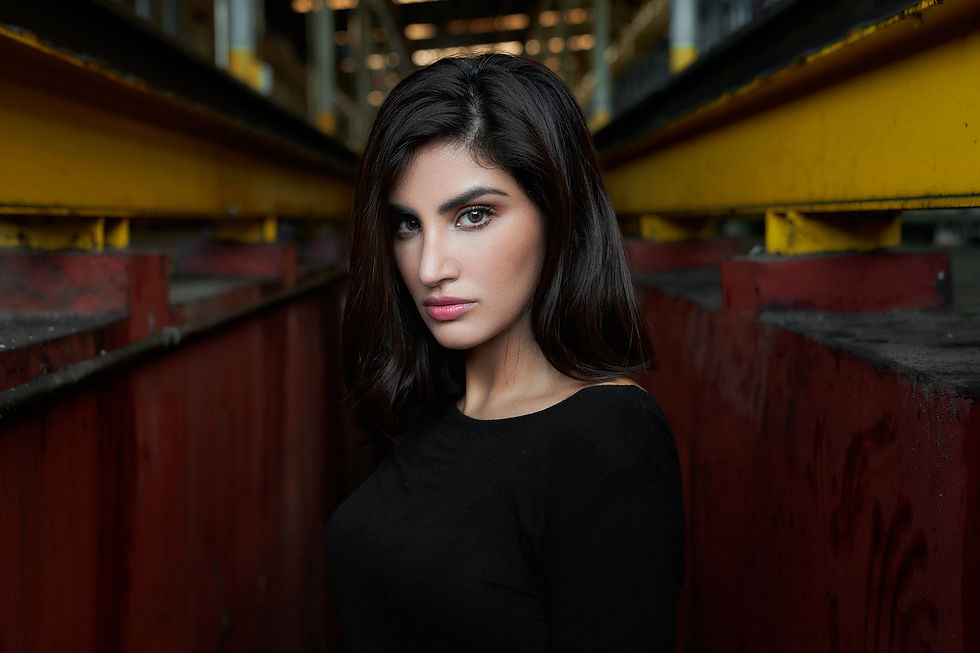
June 29 Loei, Thailand

June 30 Bangkok Railway Station
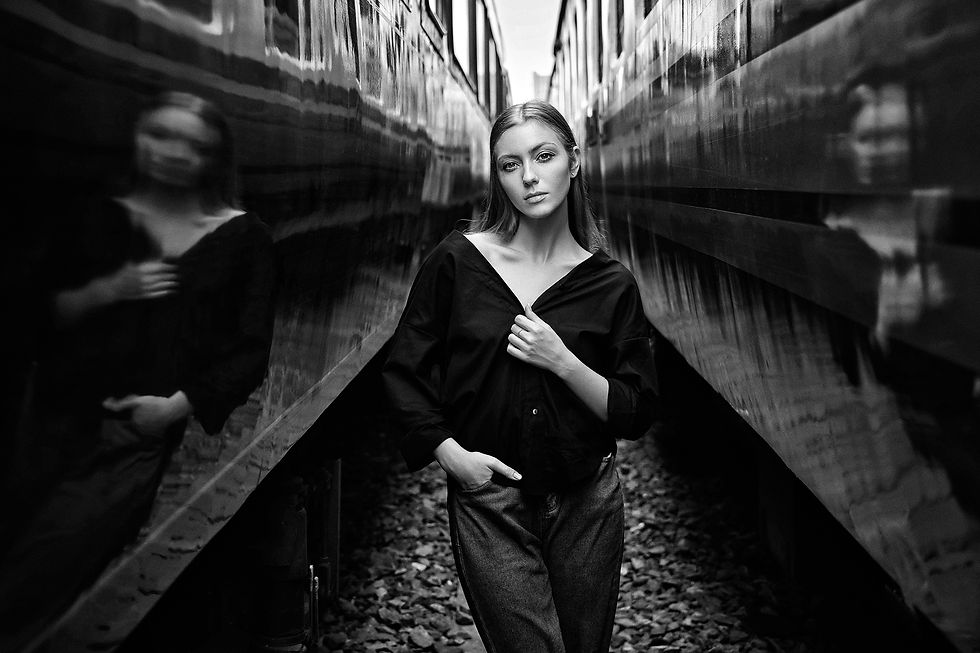
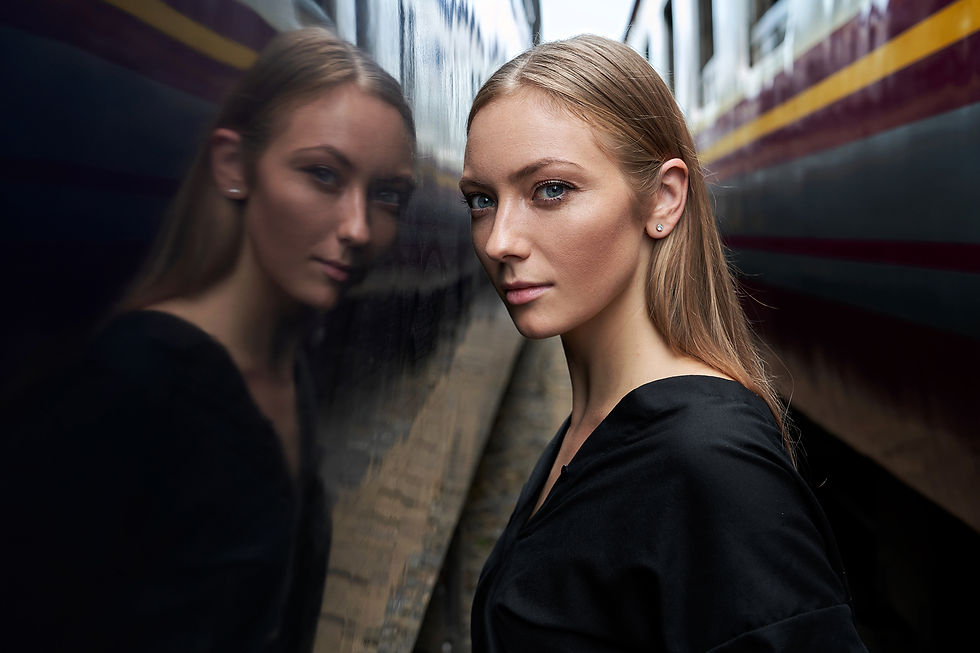
July 2021
July 1 The Bangkok Railway Station

July 8 Cycle of life
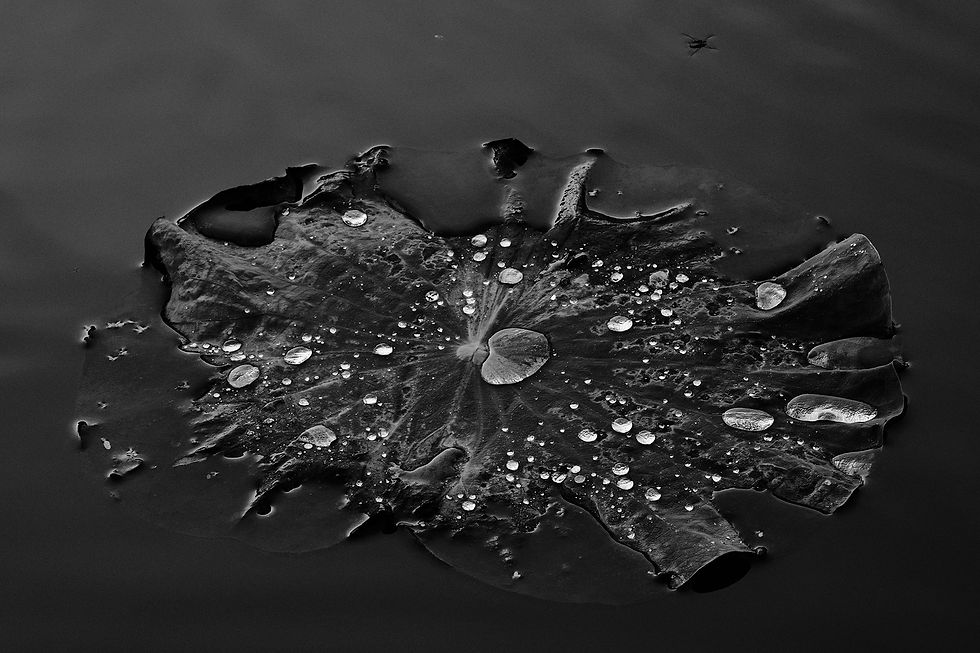
July 10 Shipyard worker, Surat Thani, Thailand
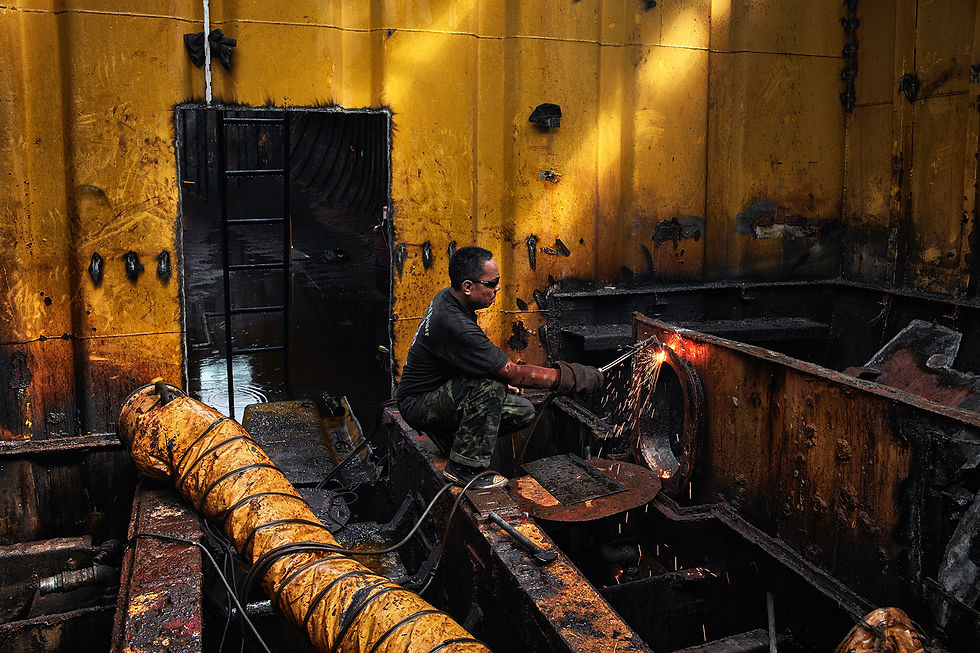
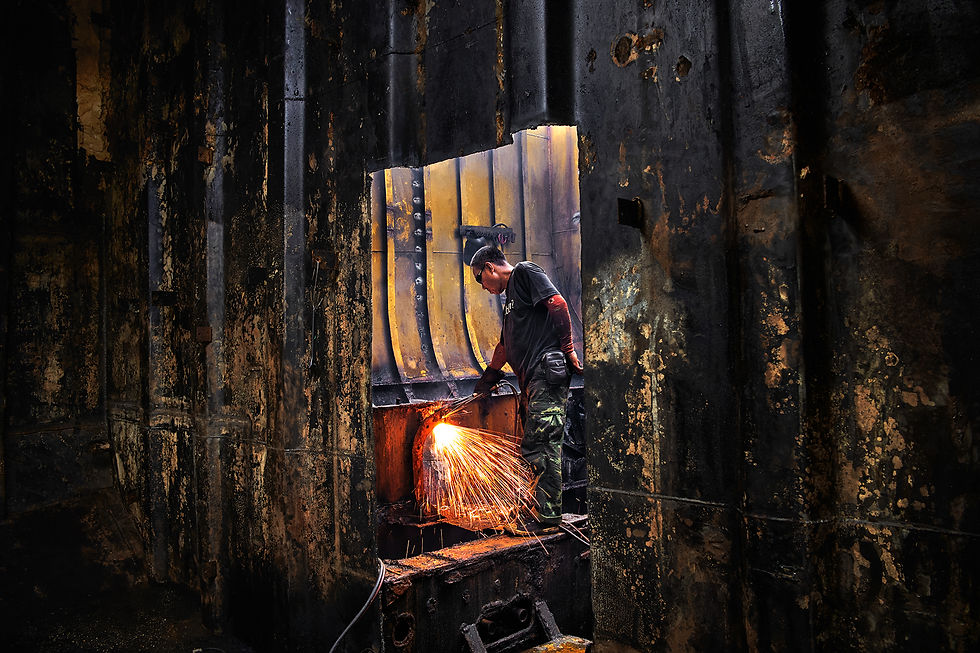


July 17 SOTA 96 Bangkok

July 18 The Bangkok Railway Station


July 21 The Bangkok Railway Station
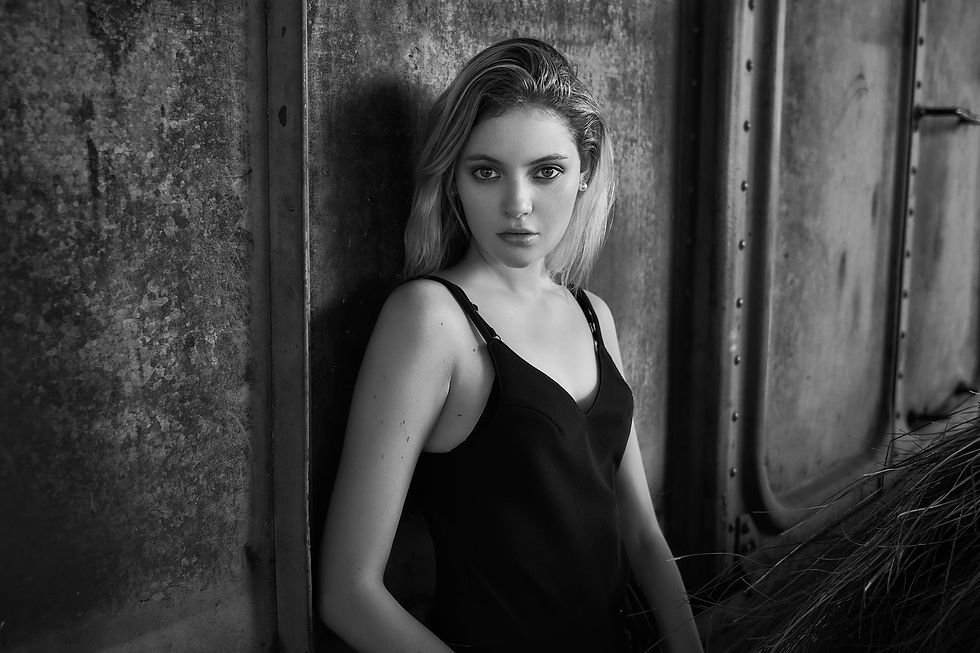
July 24 The Bangkok Railway Station
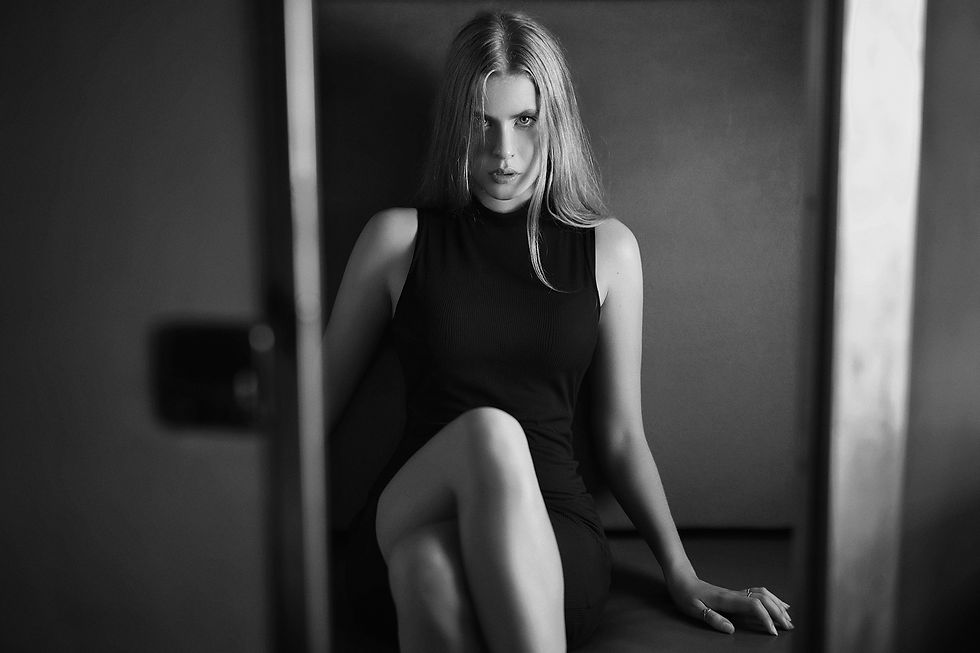
July 30 The Bangkok Railway Station
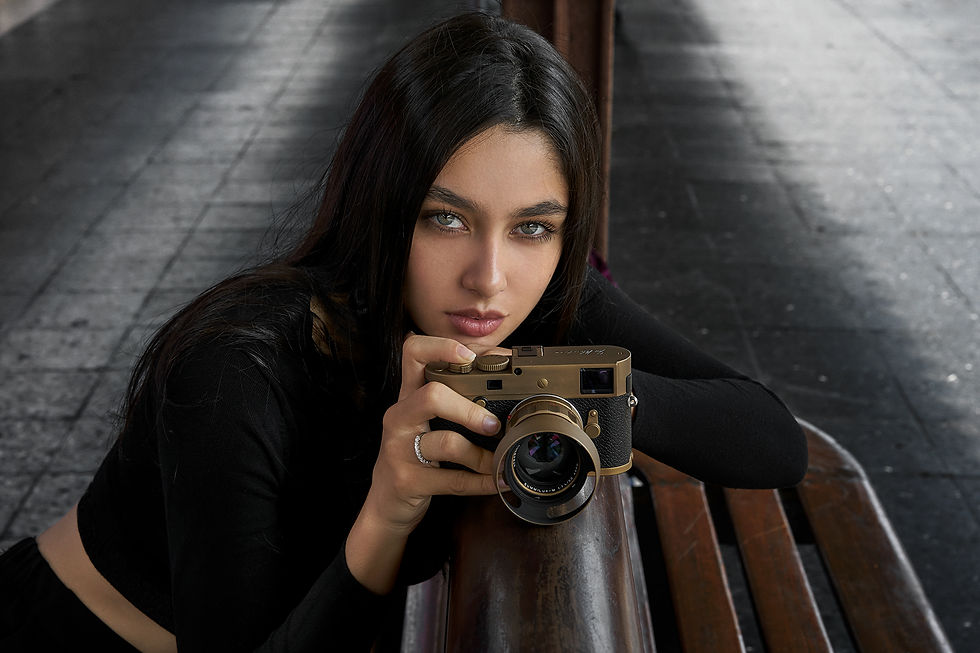
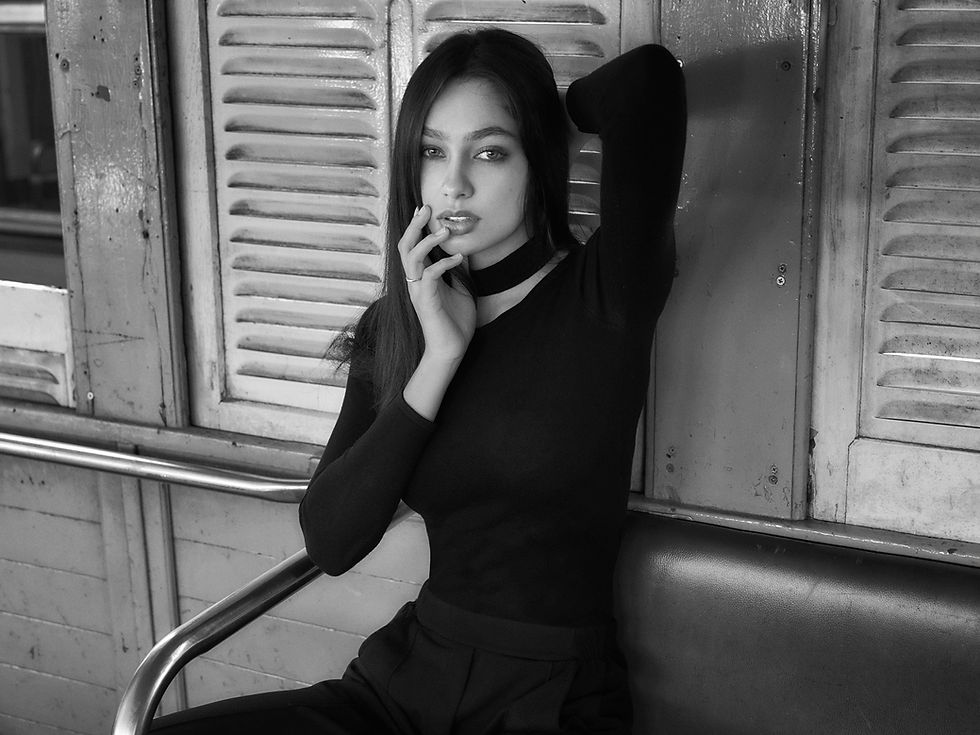
July 31 The Bang Rak Fire Station


August 2021
August 3 Huashan 1914 Creative Park, Taipei, Taiwan
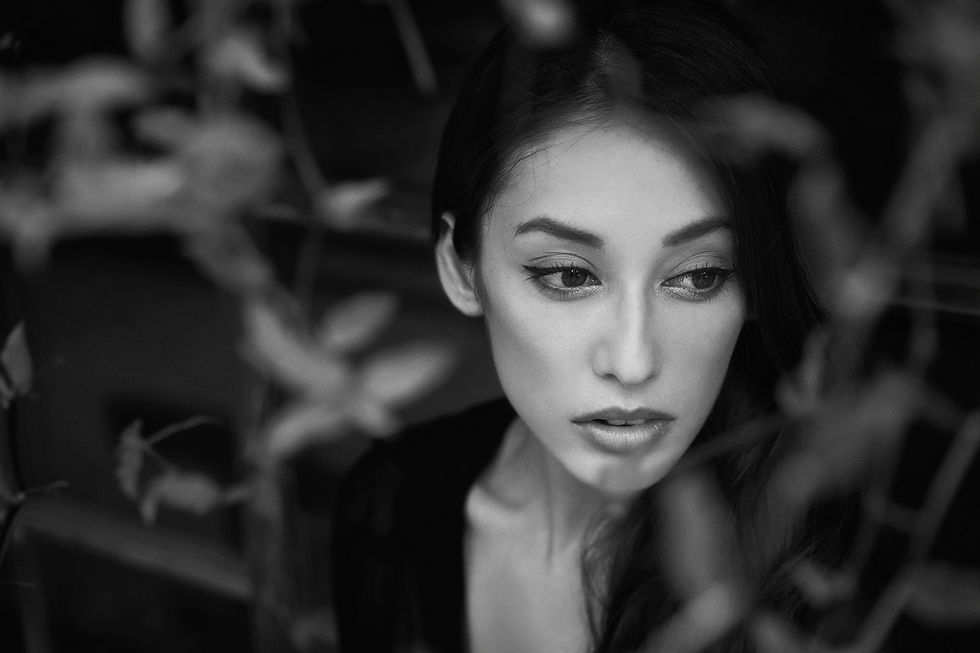
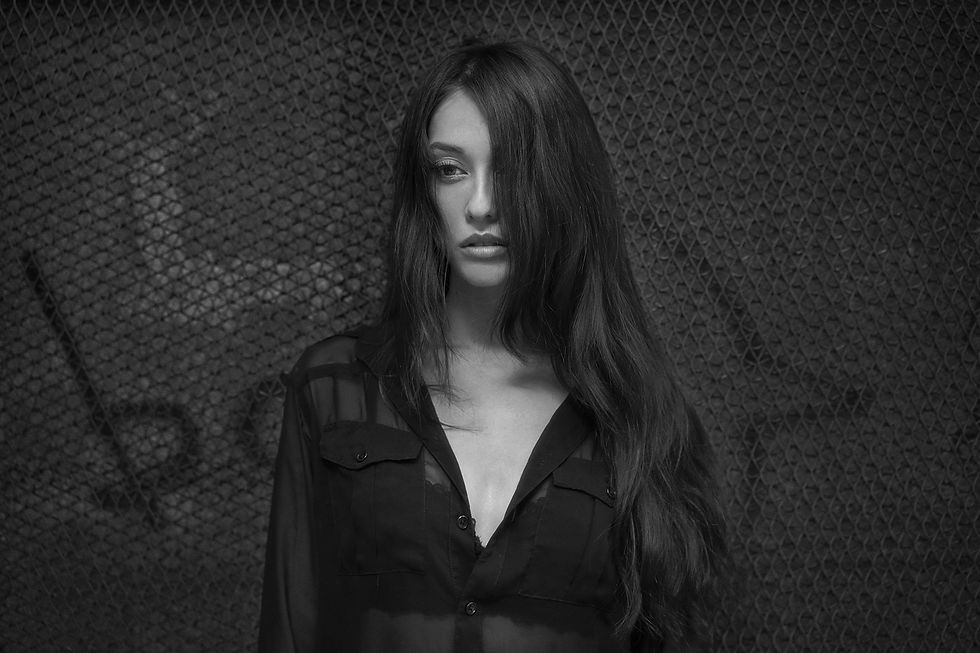
August 6 Khlong Bangkok Noi, Bangkok, Thailand
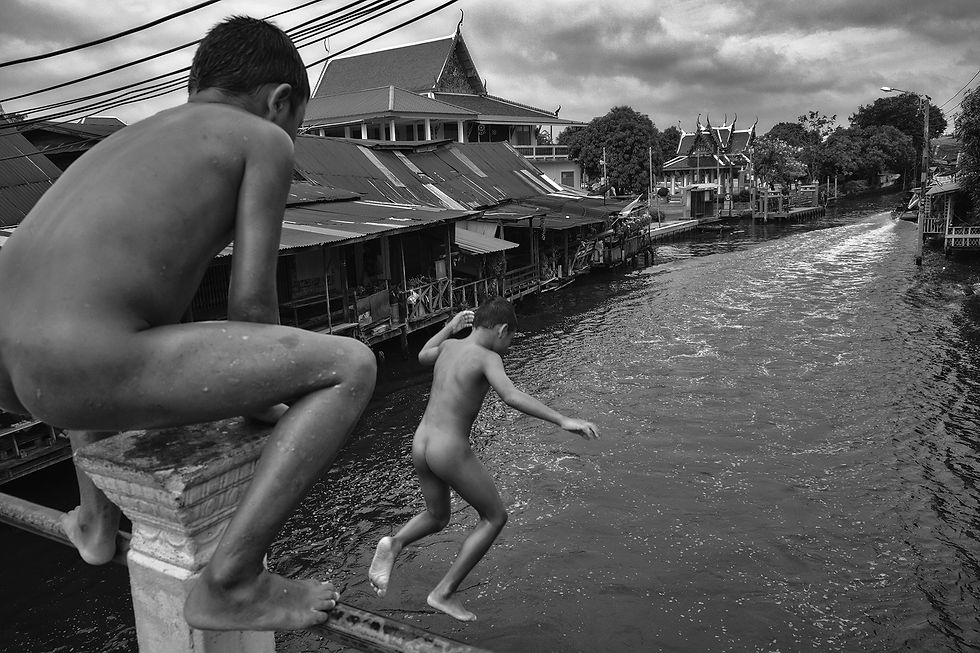
August 9 The revisit of the classic CCD sensor

August 11 Elizabeth Moskalevich, SOTA 96 Bangkok

August 12 Sigma sd Quattro H the closest alternative to Leica M Monochrom cameras?
The Foveon Quattro sensor with a vertically stacked 2X2 grid of Blue-Green-Red silicon wafer depicts the colors it detects at each absorption level for each output pixel. The resulting image with Sigma proprietary process algorithms to construct a single RGB color from all the data sensed by the photodiode stack would appear with higher clarity and sharpness than a typical Bayer pattern sensor. And in most situations, more pleasing and natural color reproduction.
The Quattro version may be a little less sharp than the earlier Merrill sensors. However, it gains better sensitivity and still performs significantly better than the Bayer sensor for color fidelity and pattern separation as no demosaicing is required.
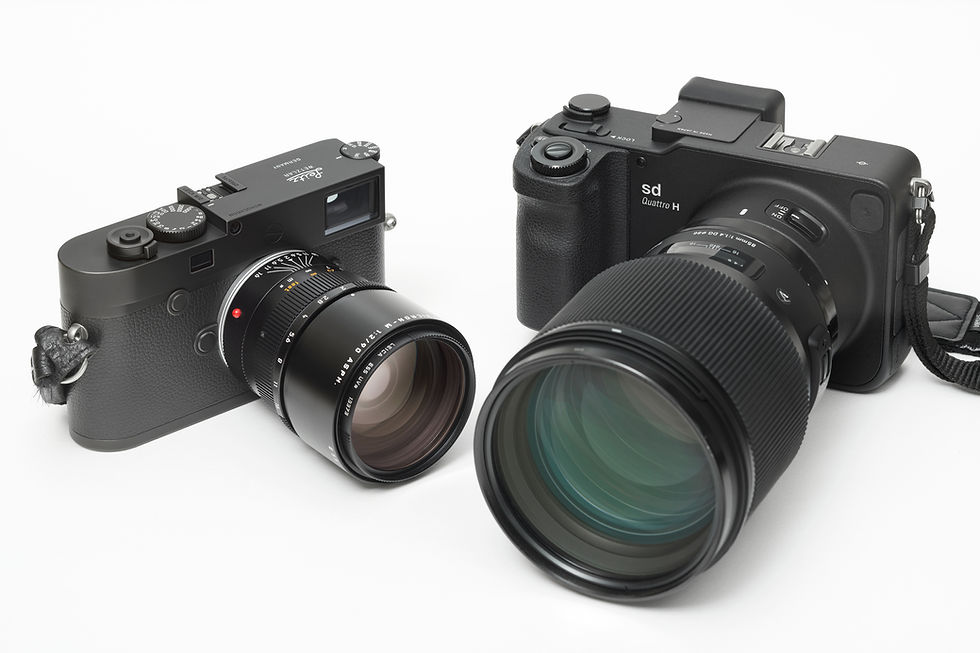
The Sigma Foveon camera is the closest alternative to Leica Monochrom cameras and, in many circumstances, more flexible than true Monochrom cameras. The Leica Monochrom cameras I use since the original Monochrom, Typ 246, and the current M10 Monochrom all suffered nasty highlight responses, especially with the M10M. It is usually not a huge problem to deal with as the exposure can key on avoiding blown highlight and rely on shadow recovery when developing the DNG files, not so easy with JPEG directly from the camera.
The Foveon sensor for managing monochromic capture allows more latitude in dealing with nasty highlights as the blue filer is stacked on top of the green and green over red, resulting in a very smooth tonal transition and more flexible JPEG output directly from the camera. One clear advantage of Sigma Foveon camera over the true monochrom camera is the color filter can be applied post-capture when developing the X3F file (now also available with X3F Plug-in for Photoshop), making the Sigma Foveon camera a wonderful, if not better, than a Leica M Monochrom camera. And it produces beautiful color images.
However, the limitation of a Leica Monochrom camera is also its strength as exposure control requires more thought and field experience, and using an optical filter for contrast manipulation is a part of creating art that is the charm of authentic monochrom photography.
August 14 My Leica M10R at the Bangkok Railway Station
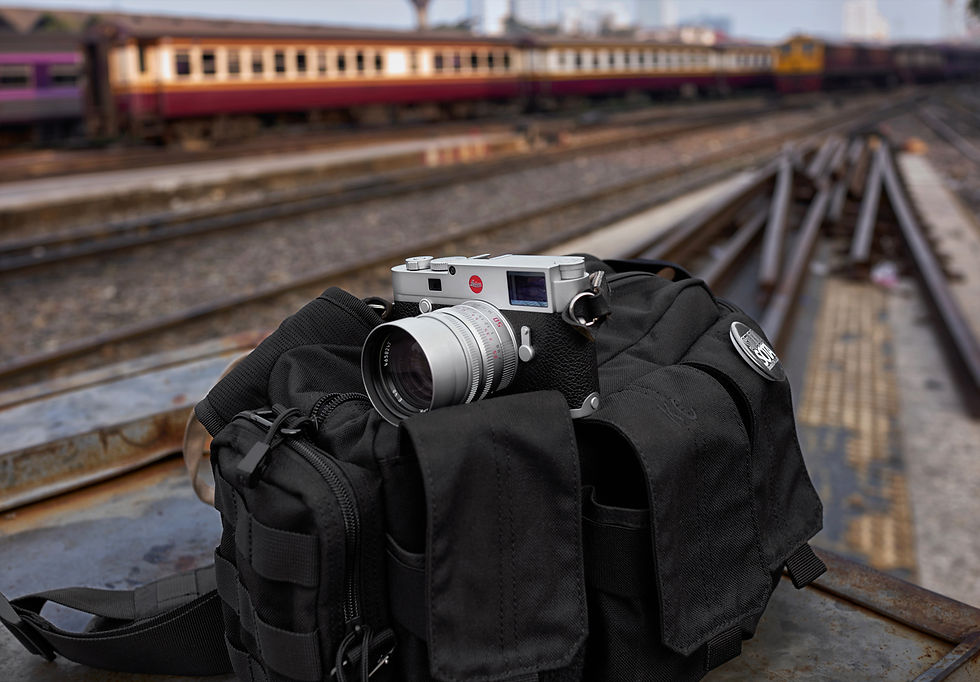
August 17 Ruamrudee Community Bangkok
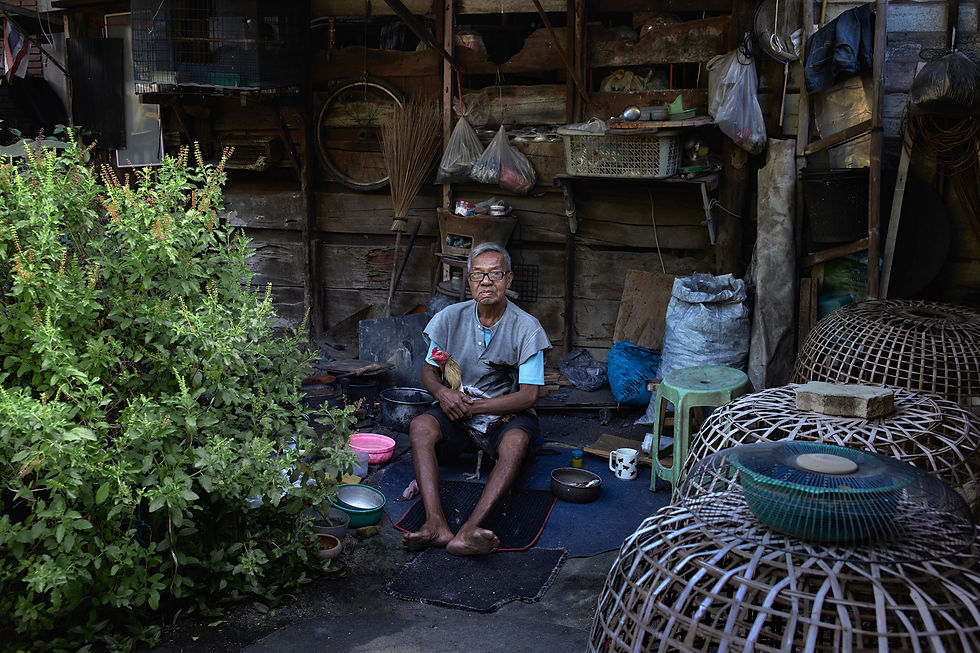
August 21 Makkasan Community Bangkok
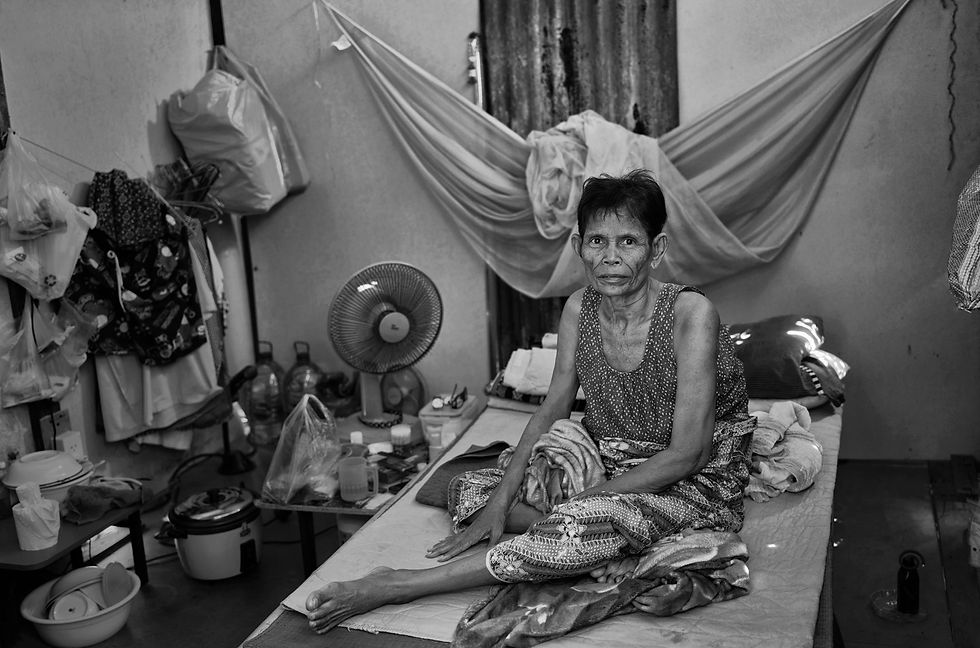
August 22 Hua Takhe Community, Lat Krabang District, Bangkok
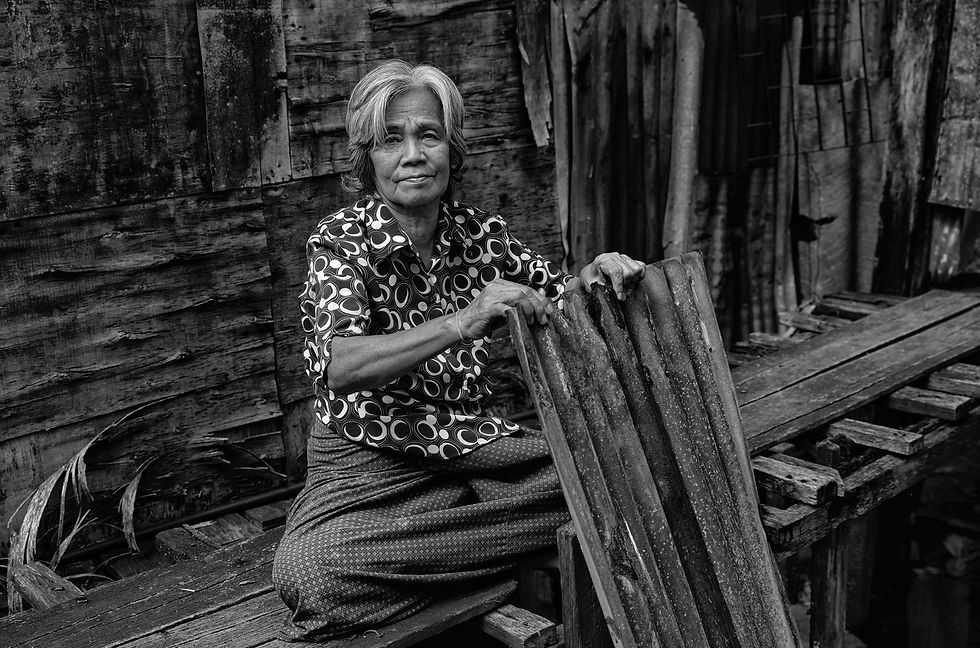
August 22 Hua Takhe Community, Lat Krabang District, Bangkok - Smile is of no relation to possessions!
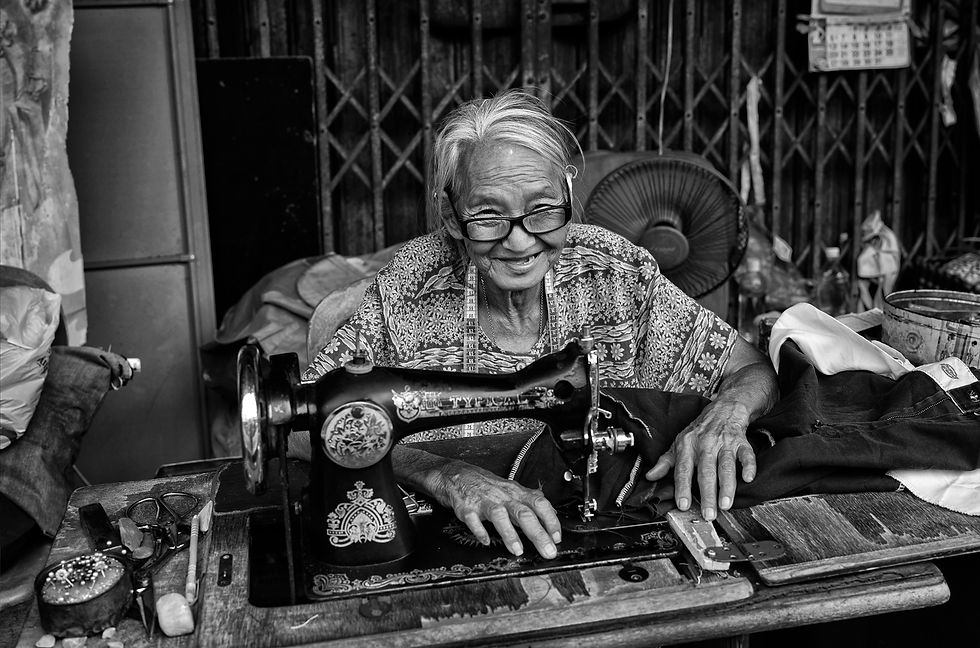
August 28 Classic revisited

The first FF digital M camera can still produce competitive image under control light!
September 2021
September 1 Dasha Pääsuke, SOTA 96 Bangkok

September 2 Katarina Gartell - the birthday girl at SOTA 96 Studio Bangkok
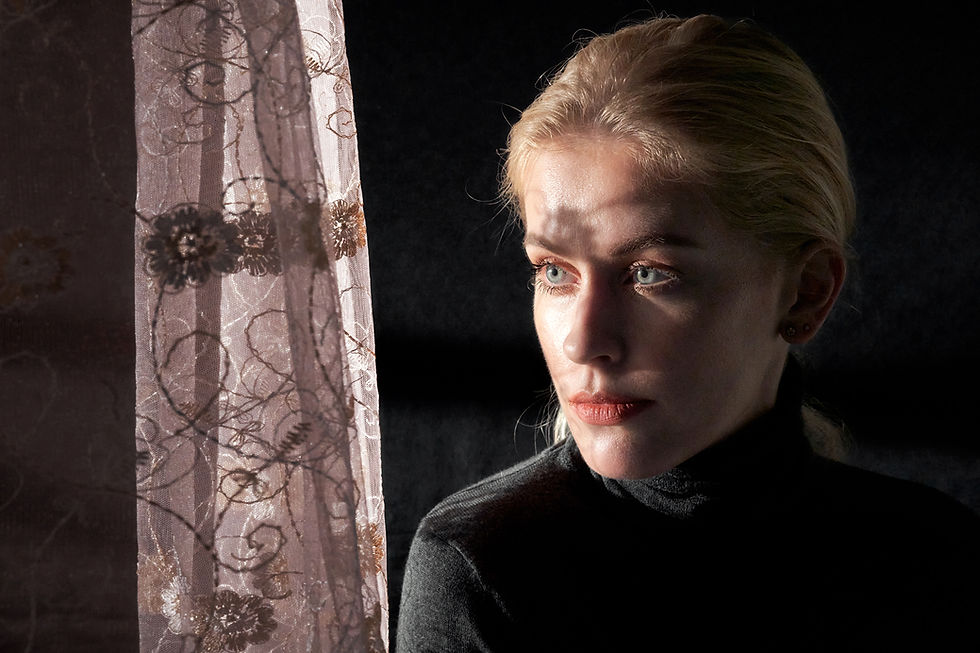
September 2 - Camera & lens choices

Photography is not a competitive sport such as cycling that a winner is the first to cross the finish line. They are, however, sharing many similarities.
Many cyclists follow the latest cycling gear news as the photographers on the camera and lenses, nowadays more on rumors and gossips than actual news because of the nature of social media. Social media is about trending, and once the actual information is out, the focus quickly shifts to the next rumor.
And they accessorize and fashioning their gear, sometimes themselves, sometimes beneficial, more often deficient. The point is the look!
The difference is that most cycling amateurs knew they would not ride anywhere close to the true professionals even they get the same gear. They know even they ride the best today is still far away from the cycling record a decade ago! Many amateur photographers believe they can equal or do better with best-specification tools than the professionals or those with a lesser tool. It is, of course, not true; however, many amateurs tend to draw their finish line and declare victory nonetheless. That is fine as long as they are happy.
Different bikes for different terrains, climates, or purposes as different cameras and lenses for specific use; however, the tuning of a bike is essential, no so much for the camera. The performance of bikes can be evaluated objectively; not so easy with images.
In reality, it is not a bad thing because such a phenomenon promotes more business, making the photography industry expands, engages more popularity, and push photography to evolve. Same for cycling and many other hobbies.
The love of tools may outlast the pursuit of achievement in photography for many. It is a self-approval to own the tool one likes or fancied, and it is a statement of some sort. Some people care how their gear look than how the artwork fares. Some people care only about the print than anything else. They all have a place in the world.
Users today have abundant gears choices, and thanks to the digital revolution, users manipulate and mix the hardware and performance to a level previously not possible. Modern technology also exposes the age and weakness of older technologies, although that often accepted as characteristic or charm, sometimes becomes an obsession.
And there is the latest technology for the hardware and the software, the talk of computational photography, and ever-expanding AI-enhanced manipulations that many users previously protested and now embrace wholeheartedly, making such a trend develops even faster.
The upside is that we know how the world looked in the past; the irrelevancy of making fantasy or cartoonish images today is primarily entertaining, nothing to do with civilization, a small splash in the running river of time, mostly forgettable.
The iconic remains iconic! Visit museums and galleries is always more fun than scrolling images content on social media.
September 5 - Third party solution

As a photographer and industrial designer, the technical camera platform is ideal for images that require lens or camera movements. Tilt/Shift lens is an alternative and a very convenient one. As a user of multiple cameras systems, I have all the five Canon TS-E lense, two of the four Nikkor PC lenses, the Leica TS-Apo-Elmar-S 120/5.6 for my S system, the Schneider PC-TS Macro-Symmar 90/4 Canon E mount to use on my Canon and SONY cameras.
It is not a wise situation for today's mirrorless cameras. Ideally, a lens maker can produce a set of high-quality manual (CINE) lenses to fit all systems and purposes with an interchangeable mount adapter! Hello, Mr. Kazuto Yamaki!
September 6
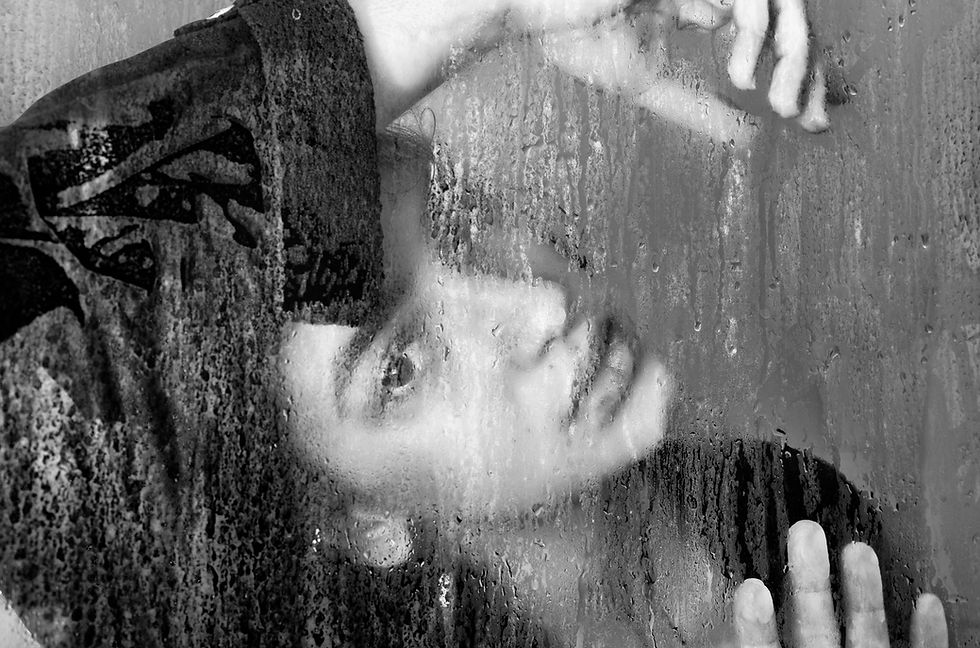
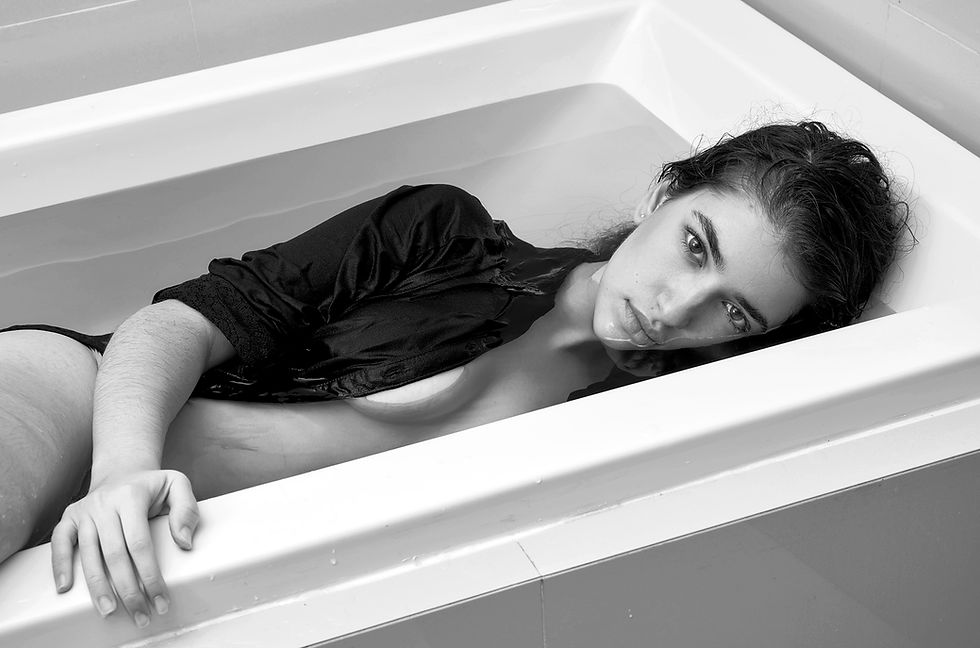
September 9 Return to the Bangkok Railway Station
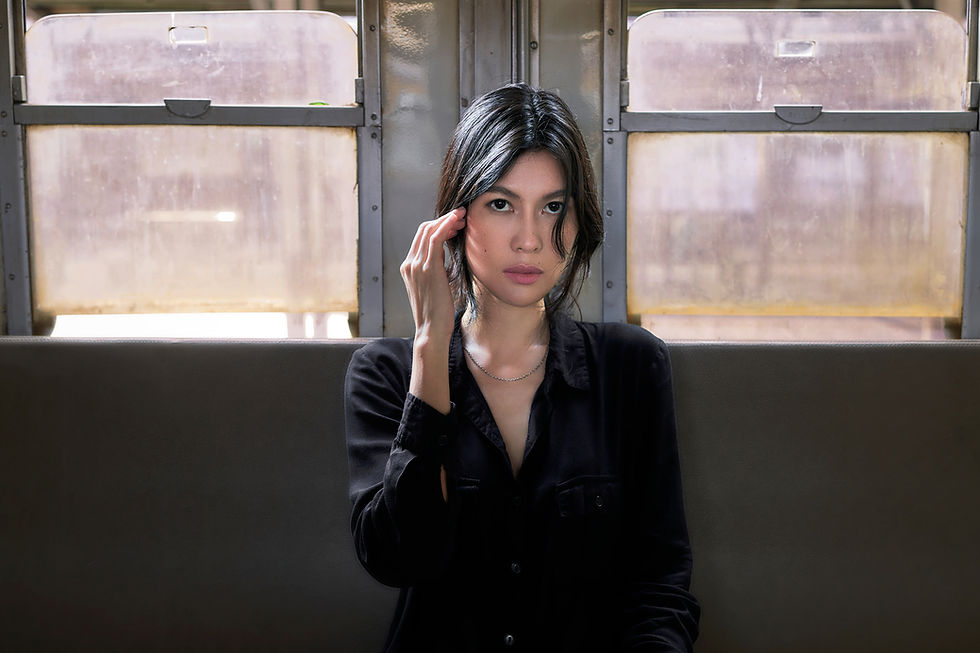

Leica has slowly improved the FOTOS, still much to be desired, but a bit easier to connect and more stable than months ago!
September 15 Maria Klepikova - Crest Sukhumvit 34 Bangkok, Thailand


September 30 Olga Novoselova
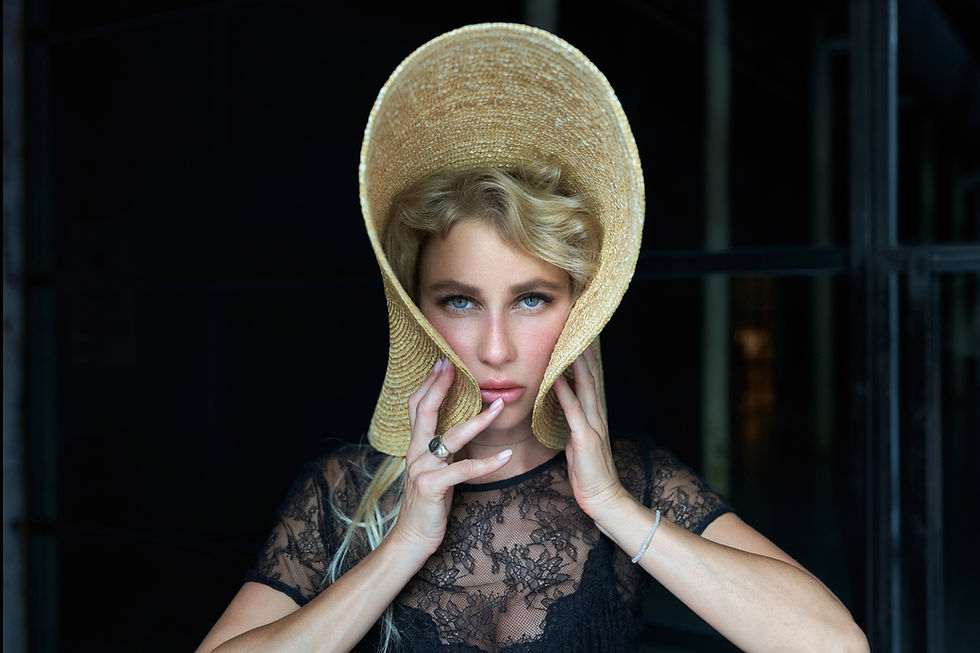
OCTOber 2021
October 7 Victoria Pacheco at SOTA 96 Bangkok
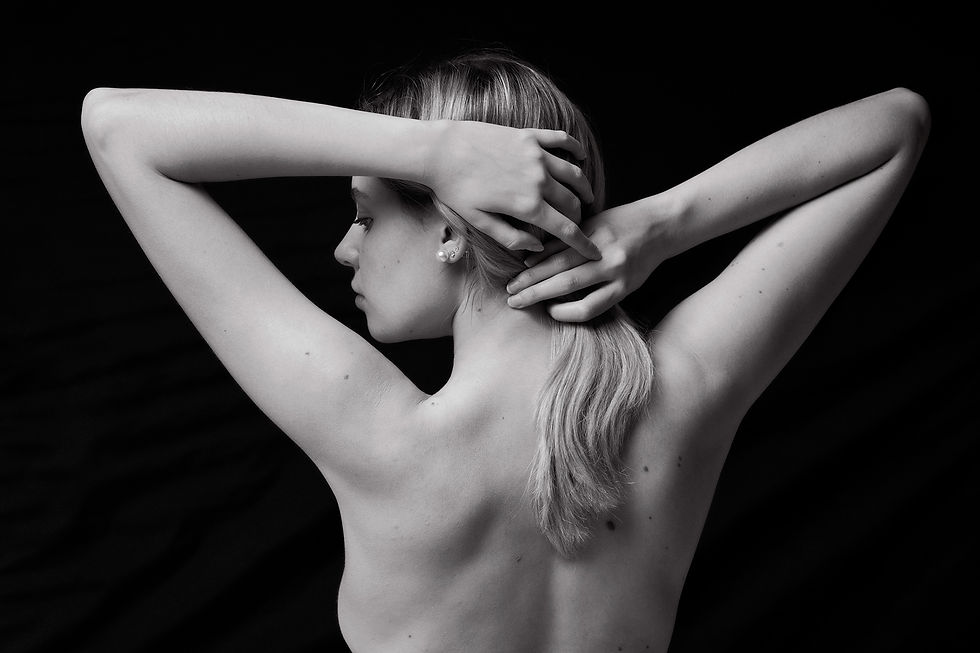
October 8 - the birthday girl - Soffy Na Lanla, Kanchanaburi, Thailand

October 12 Teochew Opera in the time of pandemic - Charoen Krung 79 Bangkok
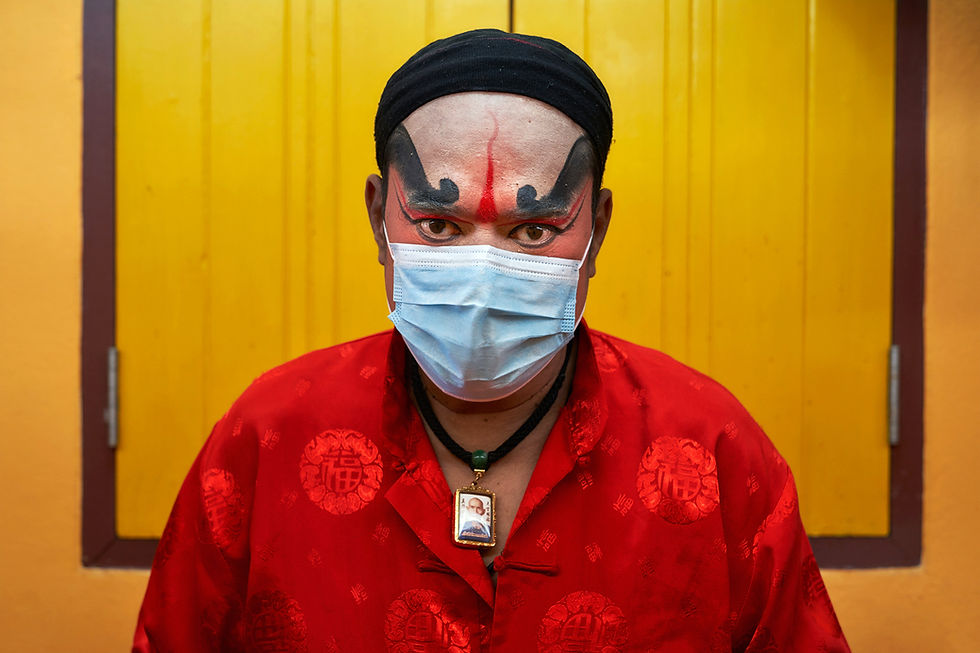
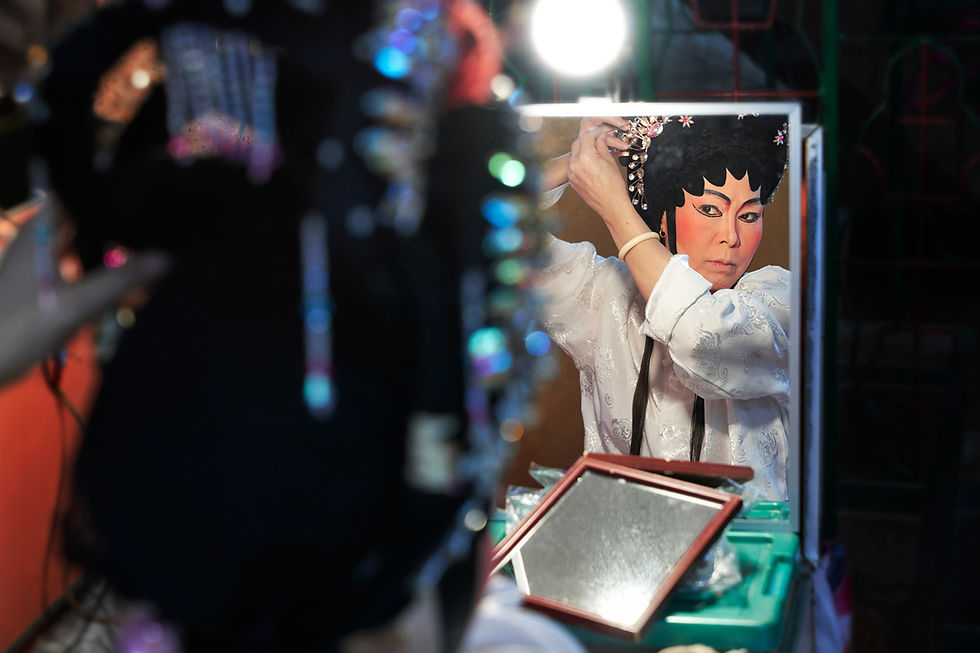
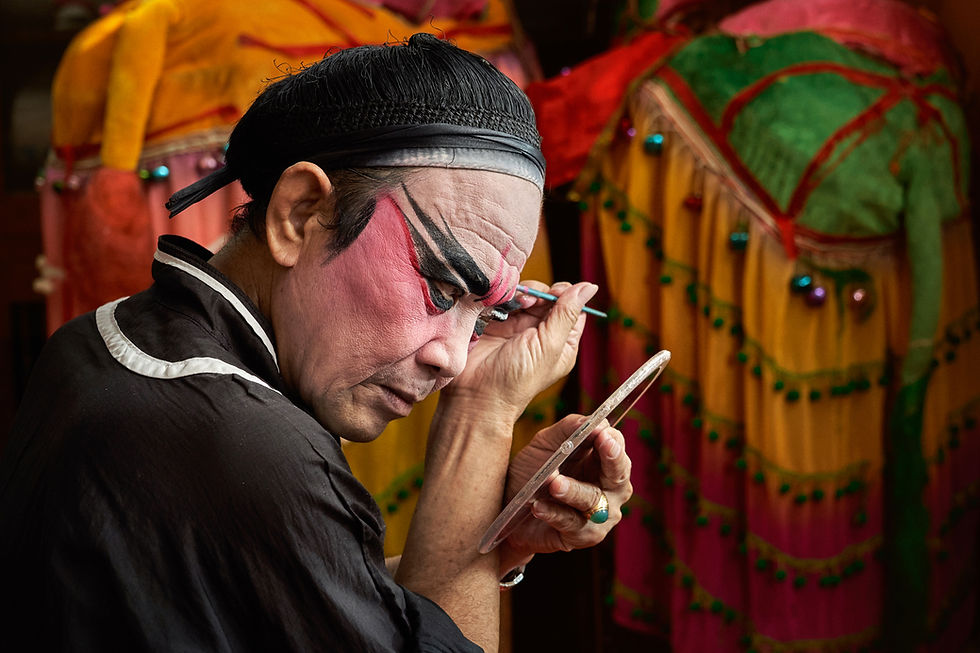

October 14 Teochew Opera in the time of pandemic - Charoen Krung 79 Bangkok

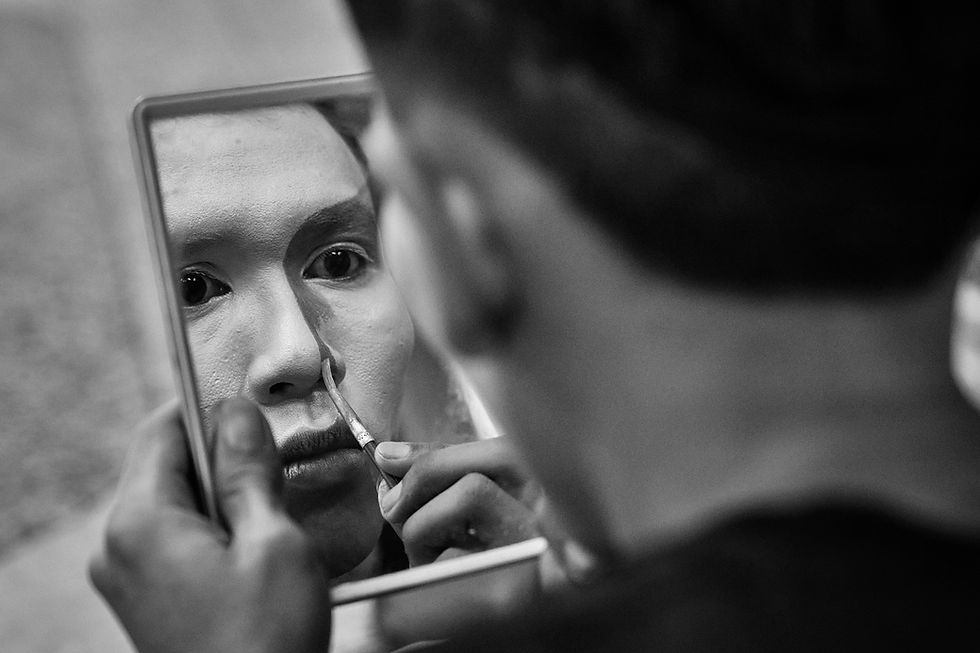

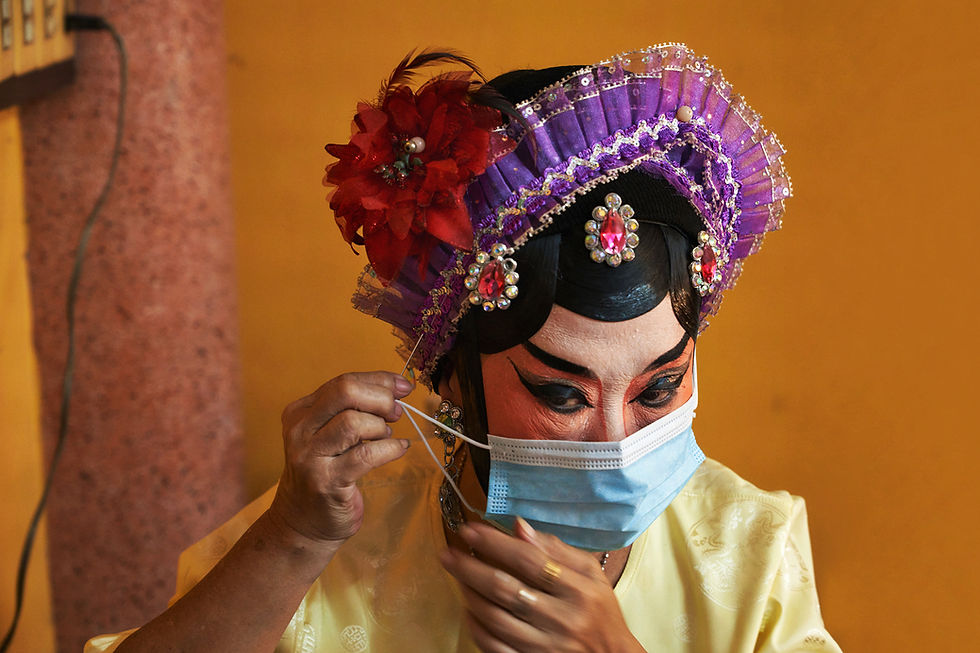
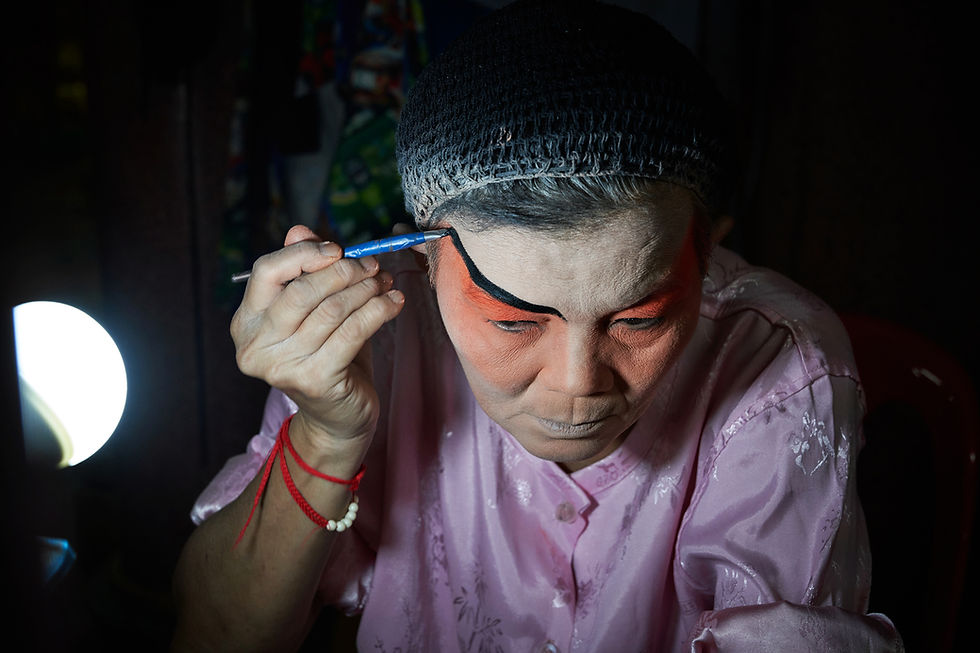
October 21 Aigu Fazylova at the Bangkok Railway Station
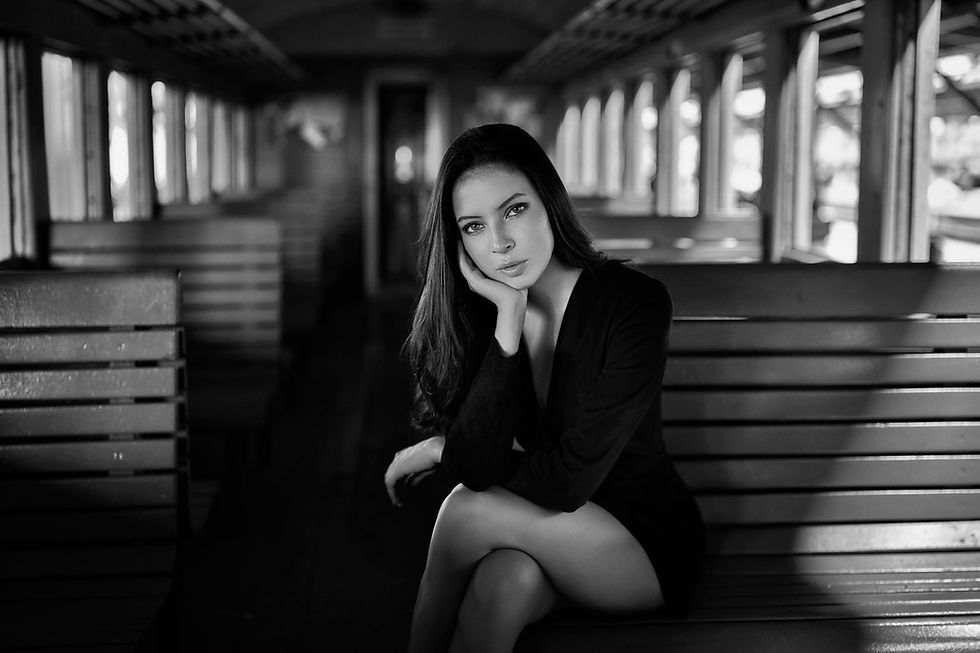
The modern M camera of eclectic mixes
The Leica M camera is a compact, high-quality tool with its place in many photographers' hearts and hands, but it requires a user with the skill of many sorts to bring out the best of the tool. Some users acquire the M camera as an association to classic photography or as a style statement. Some are obsessed more about how their camera looks than the pictures from it.
Modern digital technology has liberated the M system from many limitations and allowed some users to shoot the camera deviated from what it once was. Some users regard that the only way to shoot Leica is to shoot with specific models or only with film; quite obviously, Leica disagrees with them. Some insist that focusing through an optical rangefinder is the only way to shoot with an M camera; well, they are not hurting anyone in believing so. Leica wants to stay relevant and competitive and to sell cameras to users who desire the next camera or lens, the next generation users, and more cameras and lenses.
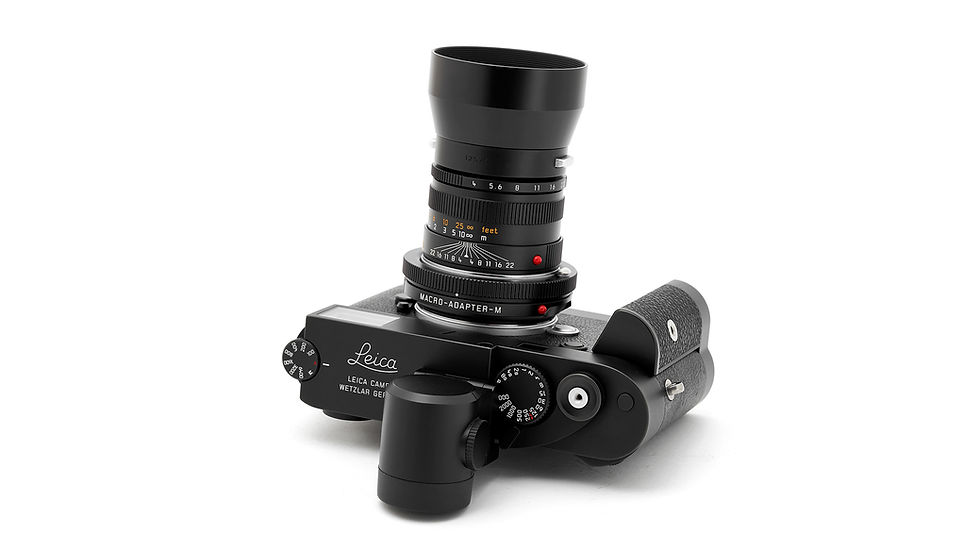
The traditional macro lens was my preferred choice for portraiture and general photography for every system camera I own. Using a macro lens for portraiture is straightforward as it has less restriction of focusing distance and typically high-quality optical performance. Moreover, the macro lens helps the photographer enters a whole new world of photography and delivers easily hours of fun anywhere, anytime. The macro lens always occupies a space in my travel bag, except for the Leica M, until Leica's adaptation of CMOS sensor that allows LiveView and an auxiliary EVF for the M system has broadened its uses and made it more popular to new users.
There are many discussions of what the next M camera should be, most pointed towards a direction more aligned with the L mount and Q cameras, and the camera industries in general - higher resolution, faster processor and higher integration of electronics, and better EVF (optional). Will there be an M camera with integrated EVF? Eventually, I hope so, and it will be more efficient and practical and cost less. Leica is likely to keep some of the traditional mechanical approaches that contribute nothing to image quality, except to service the so-called character of the camera.
Leica understands what attributes to image quality; therefore, it speaks about higher resolution, autofocus system, image stabilization, fast frame rate, and high definition EVF. So we have the SL2, SL2S, and Q2/Q2M.
Leica switches to the spiritual mode when it argues about the M system and being "Political Correct"! Leica is Leica.
October 26 The Bangkok Railway Station

November 2021
November 2 Rice farmer, Phatthalung, Thailand


November 3 Teochew Opera at Long 1919 Bangkok
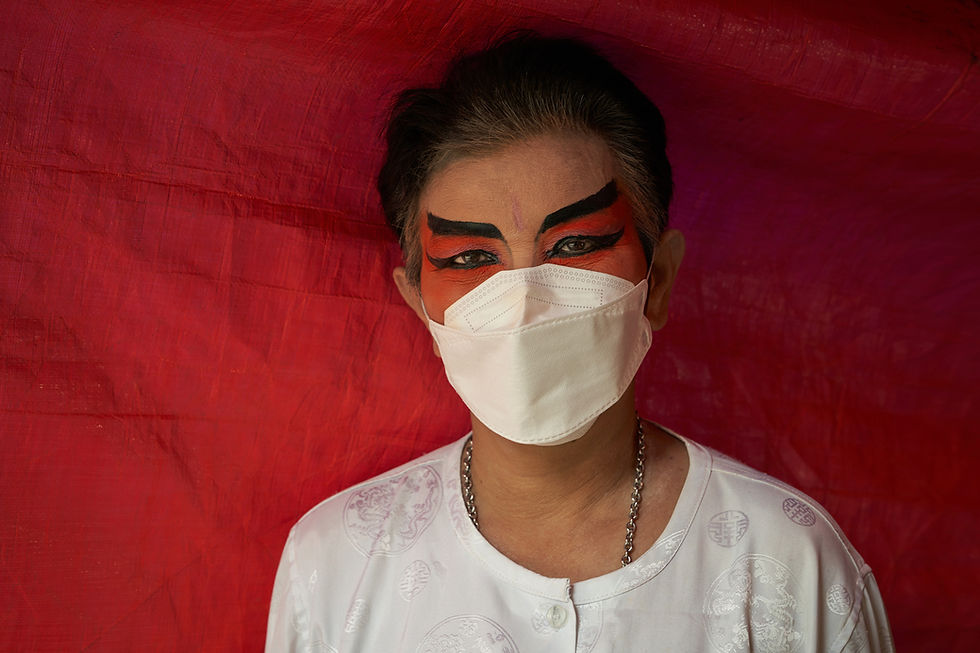
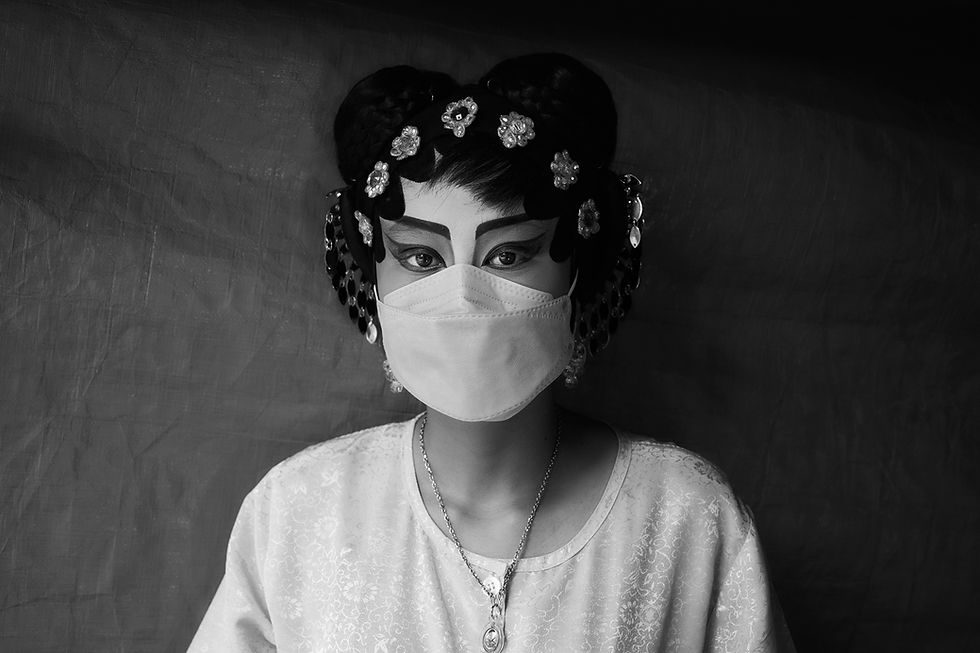

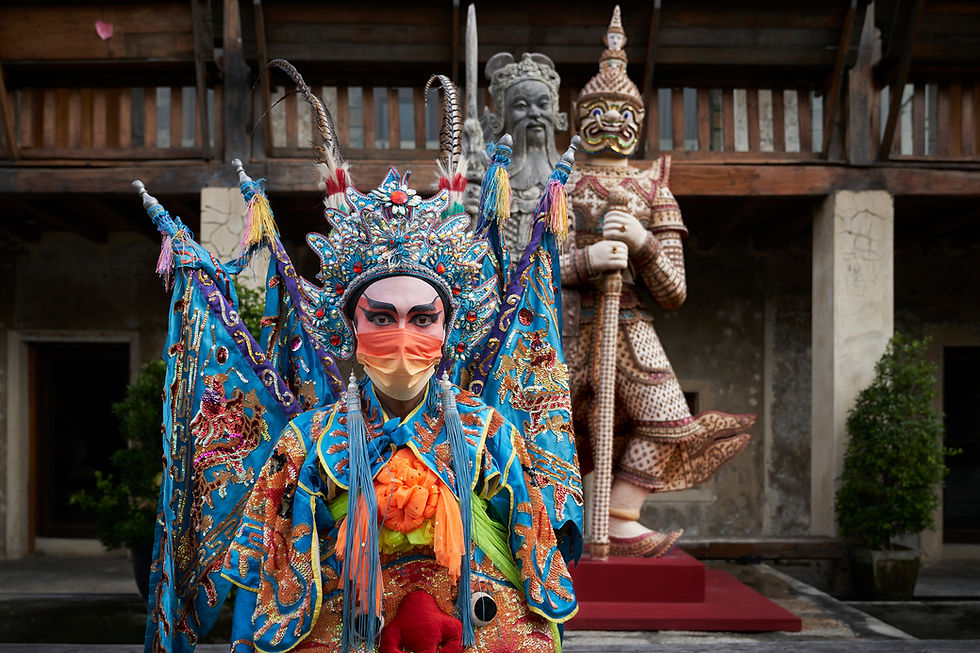
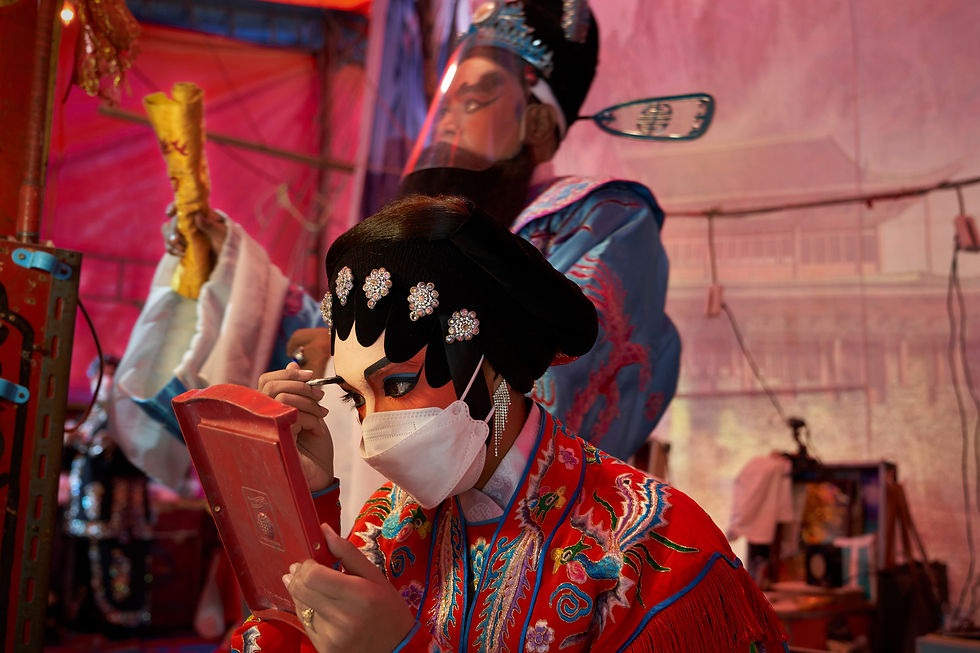
November 9 Ivy at the Bangkok Railway Station
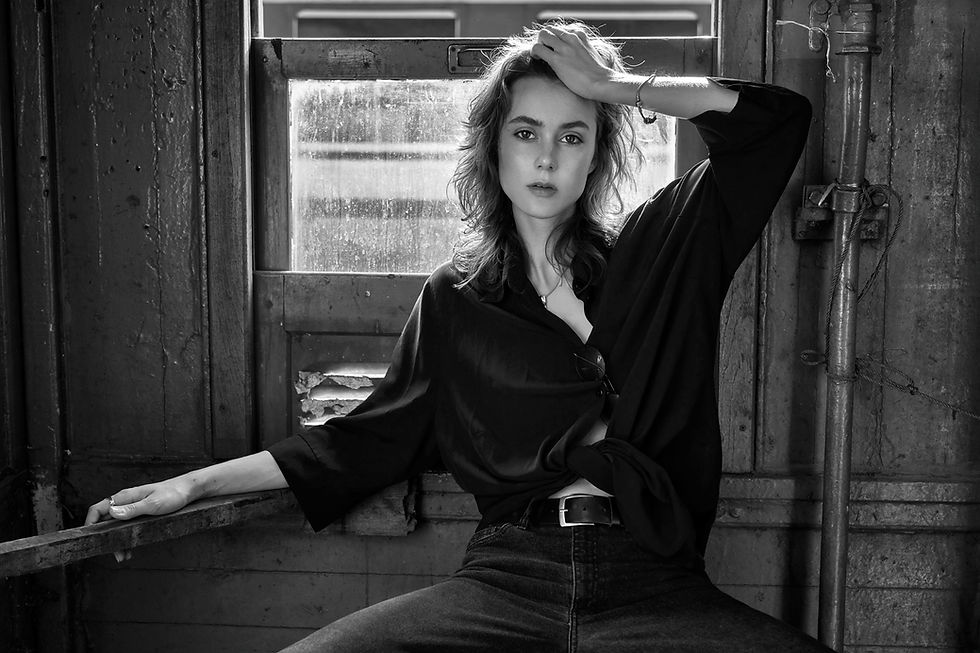
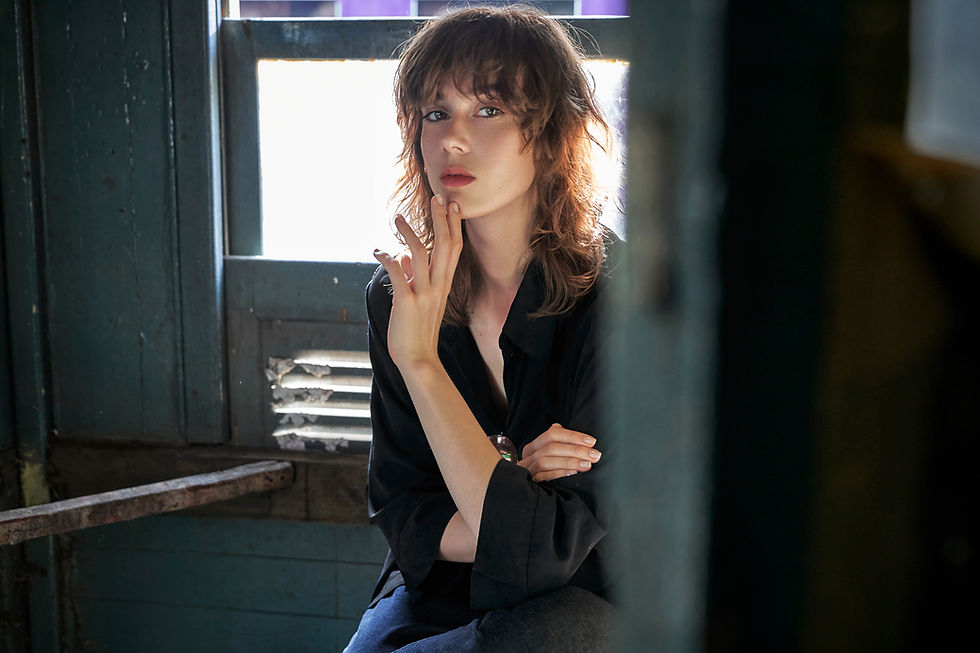
November 12 Thale Noi, Phatthalung, Thailand
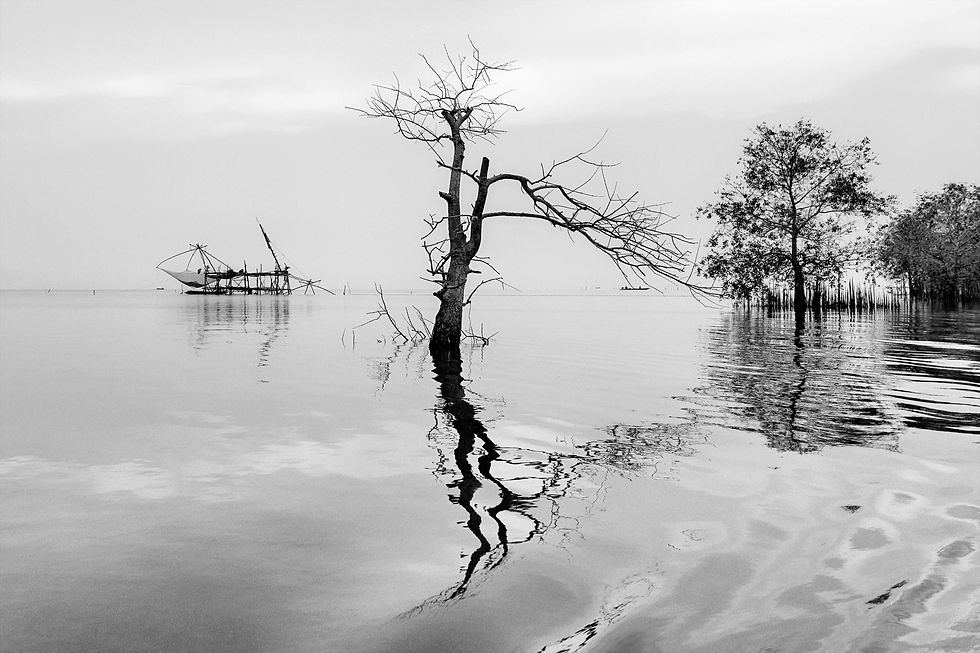
November 13 Olga Novoselova "Surfaced"
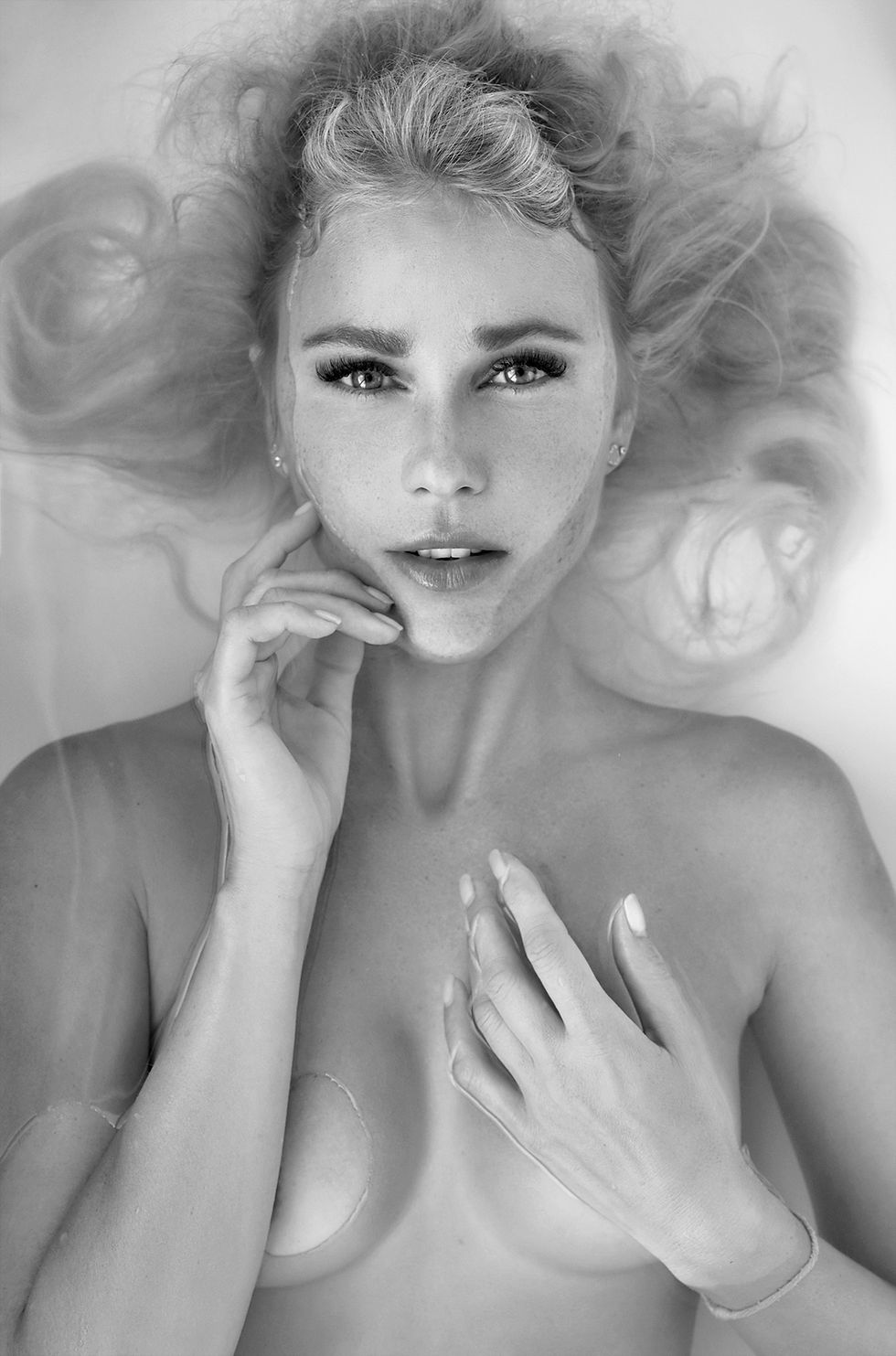
November 14 Valentina Kolot - China Town Bangkok, Thailand

November 18 Julia Shylo at the Bangkok Railway Station
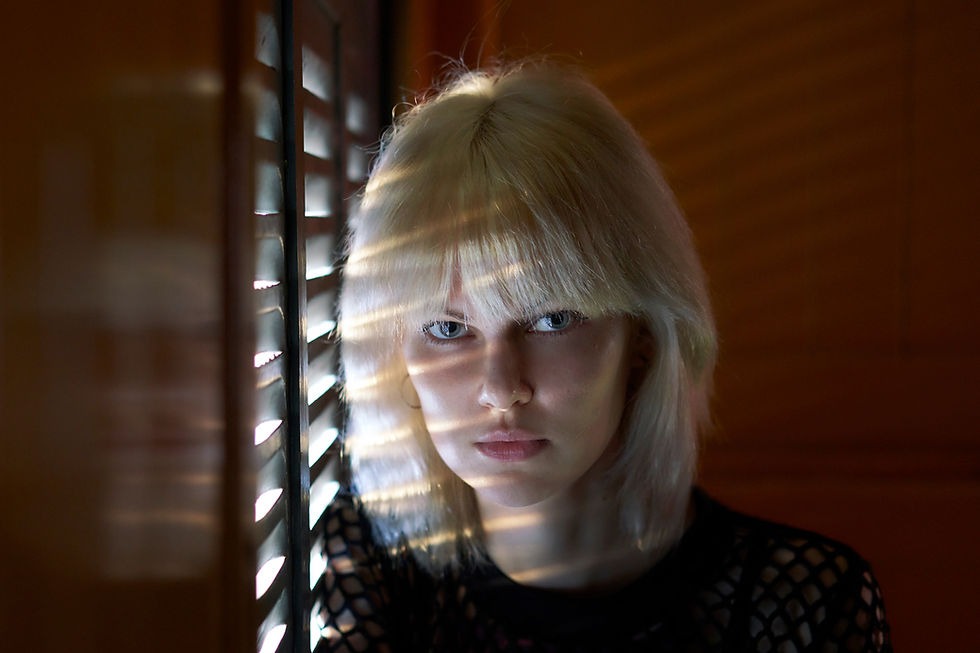

November 24 Elizaveta Zadvornaia "SCREENED" Bangkok, Thailand
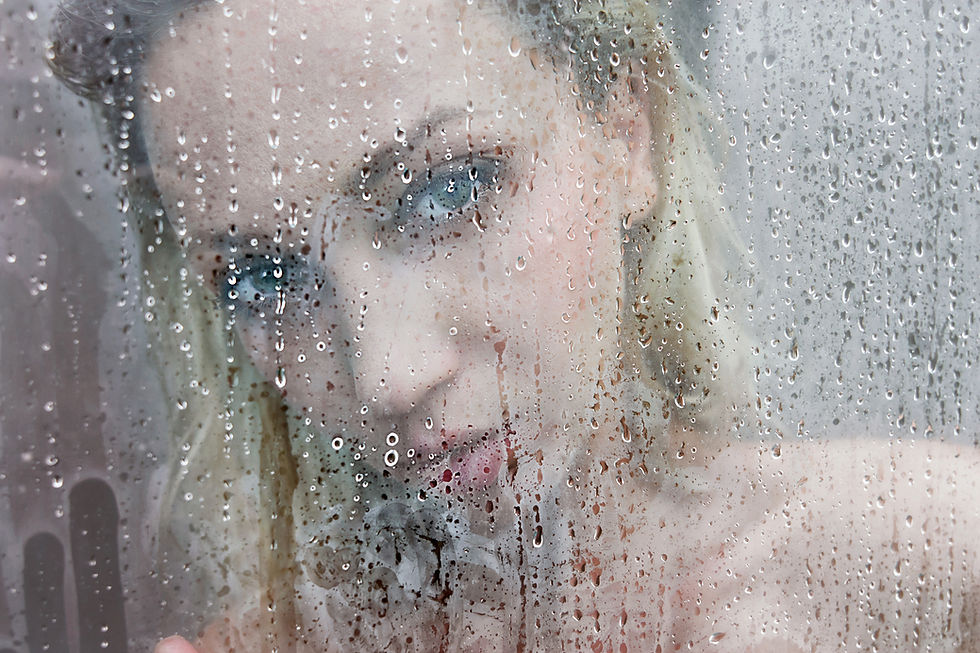
November 26 Khao Sok National Park, Surat Thani, Thailand


DECember 2021
December 1 Moscow, Russia

December 2 Kanjana Chaiwatanachai at The Hermitage, St. Petersburg, Russia


December 8 Elena Shargina at the Bangkok Railway Station
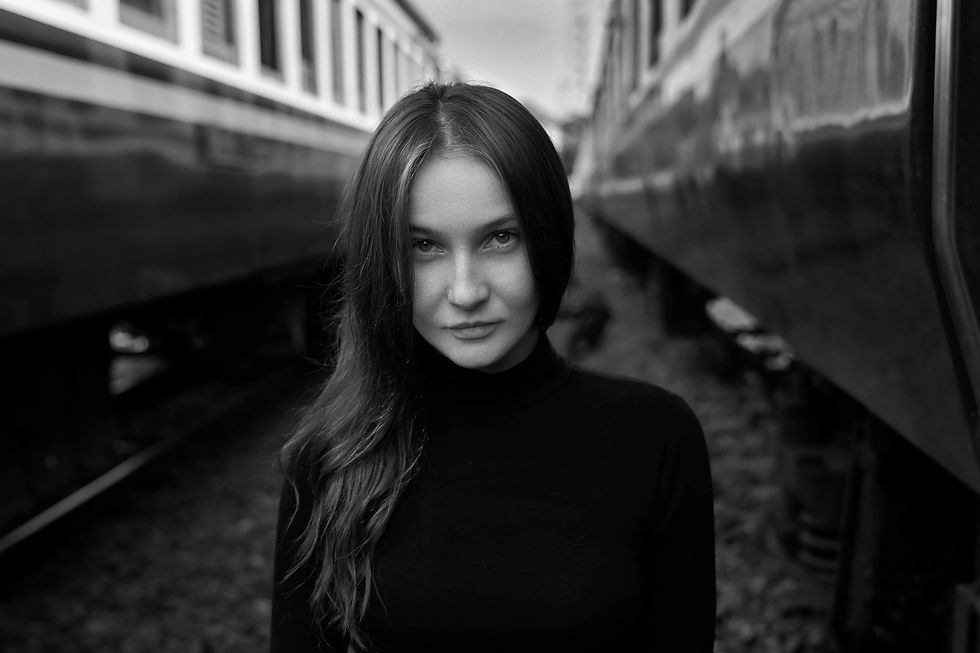
December 11 Thais Nacsimento
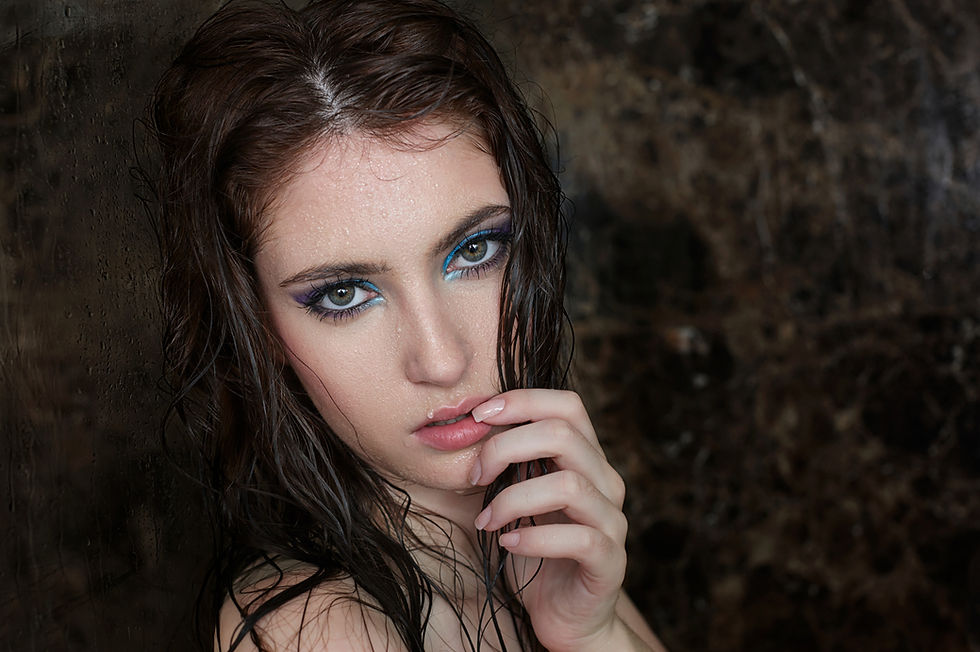
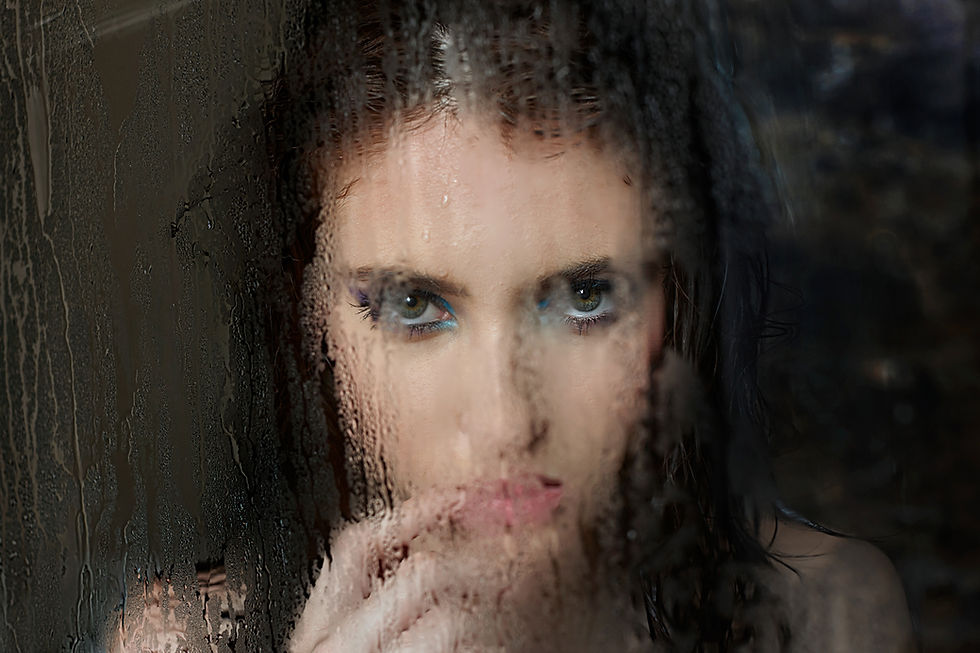
December 31, 2021
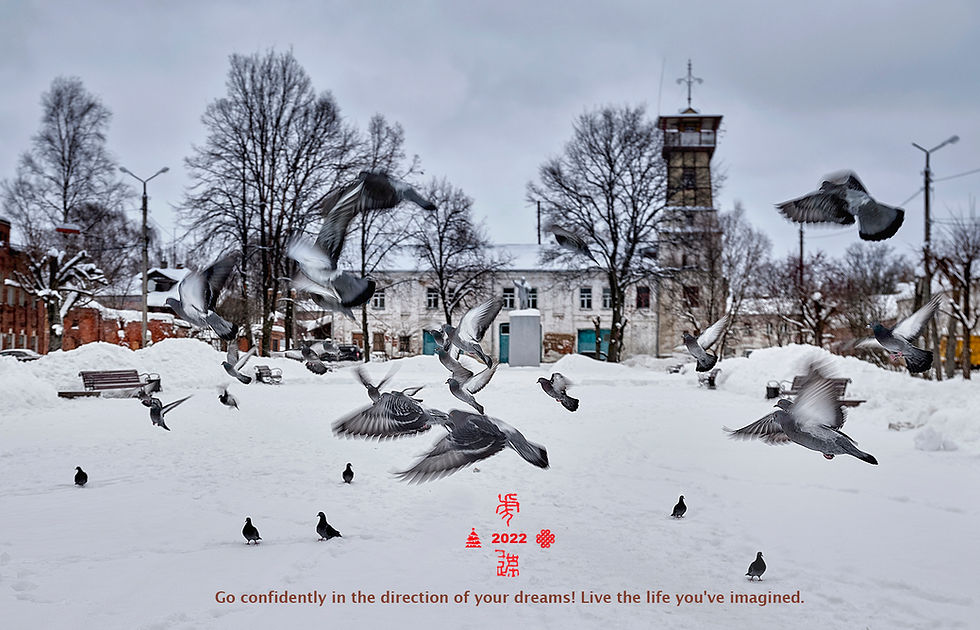
Go confidently in the direction of your dreams. Live the live you've imagined.
~ Henry David Thoreau
Tutayev, Yaroslavl Oblast, Russia - Leca M10-D + Summicron-M 35/2 ASPH
My Leica Image Gallery
Documentary portraiture






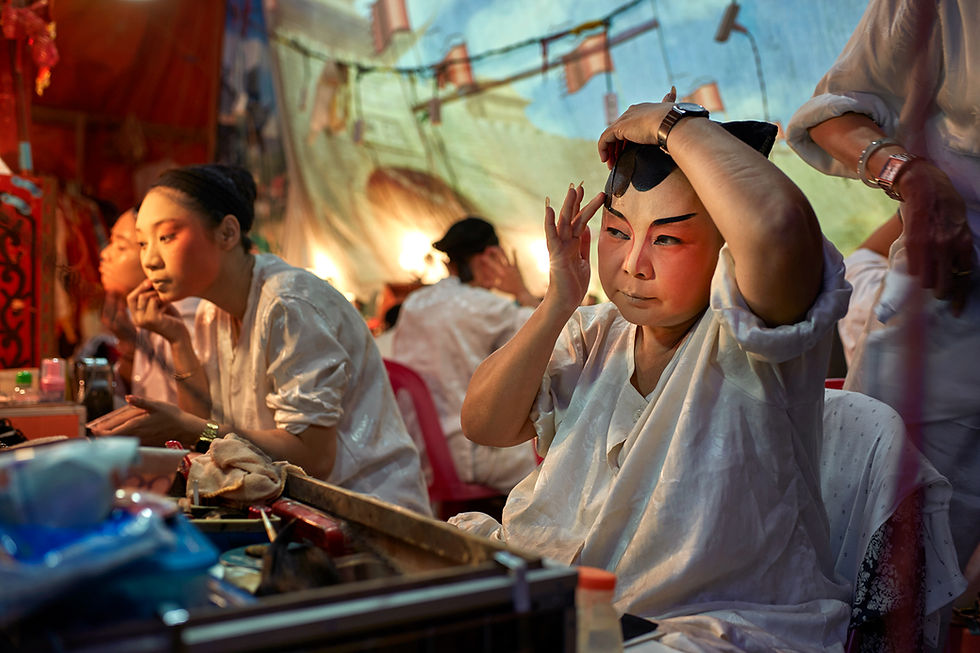

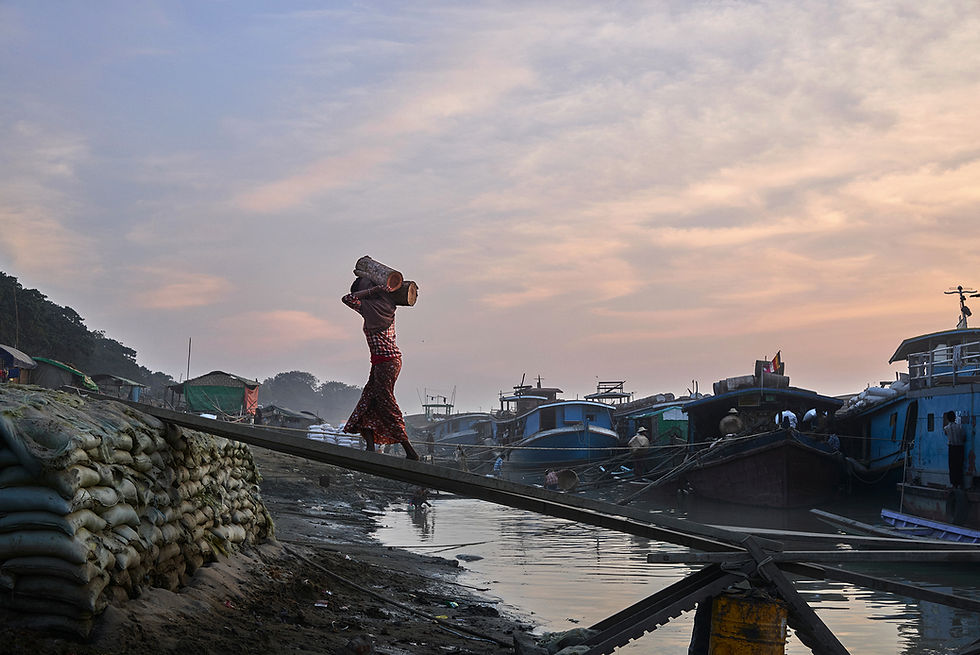

Landscapes
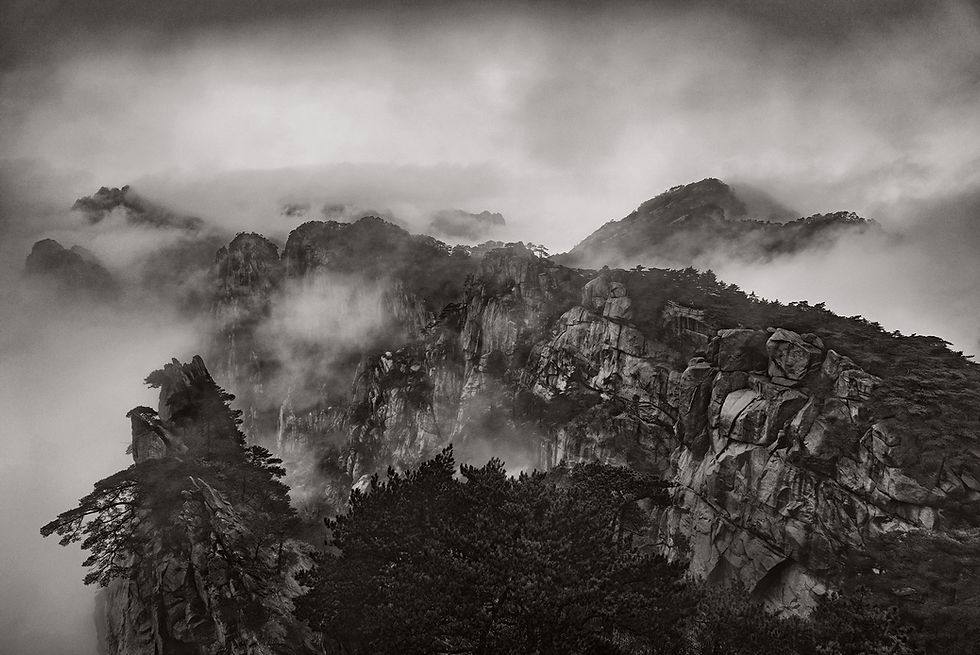

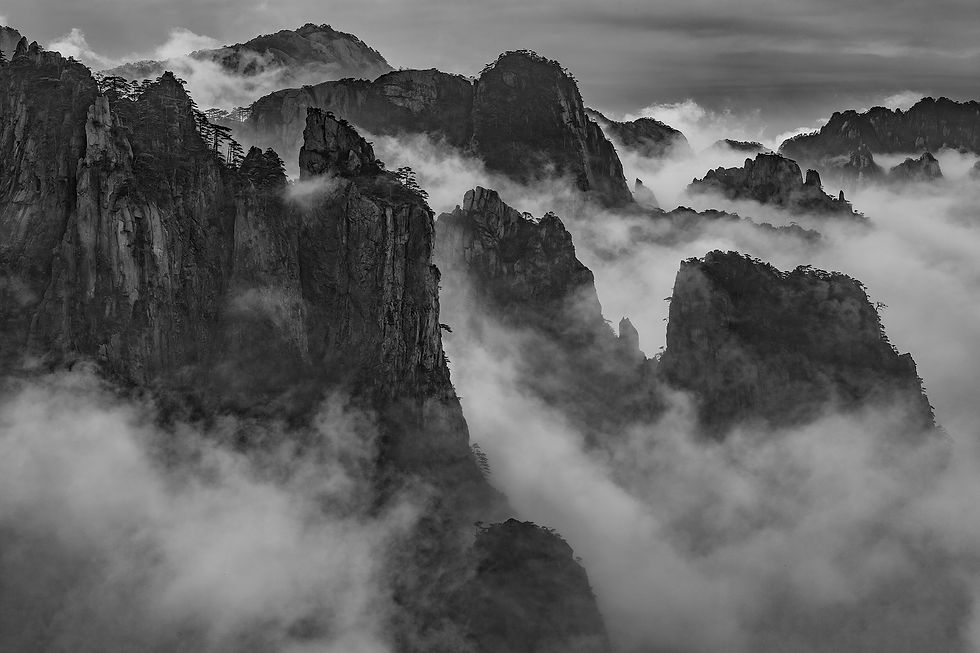
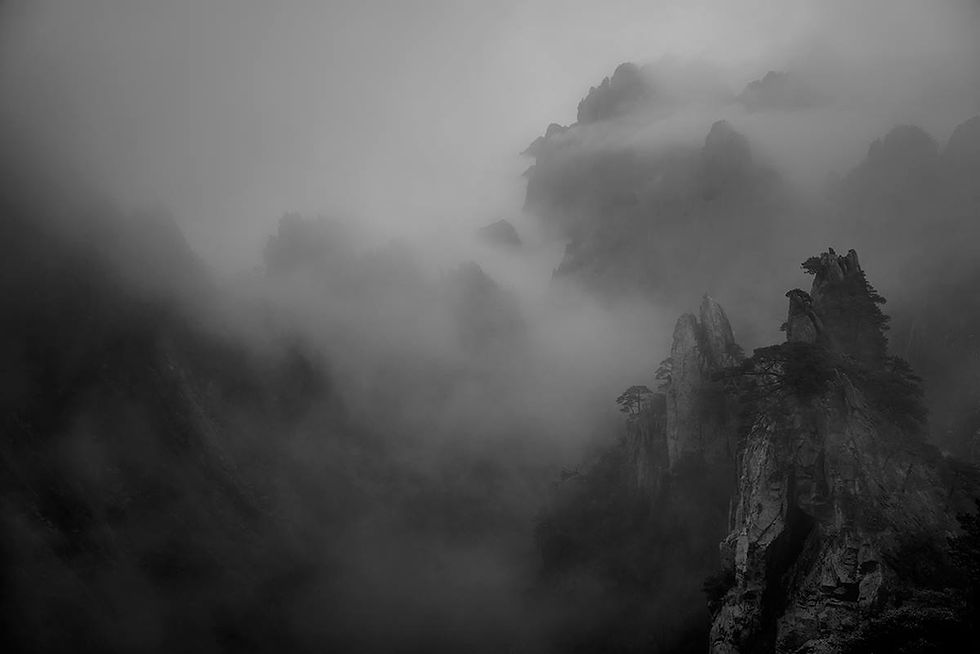
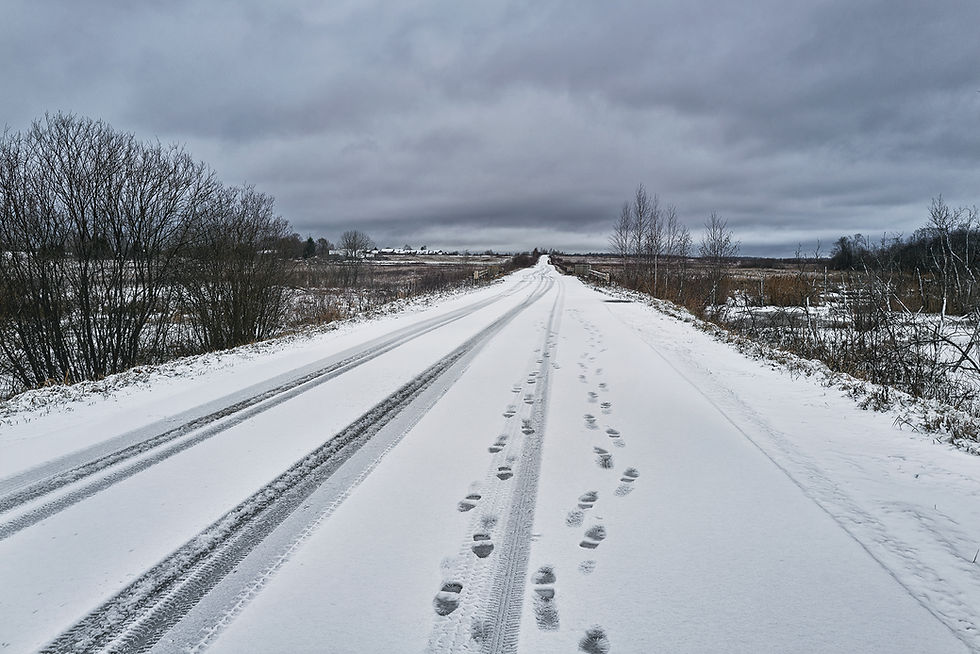


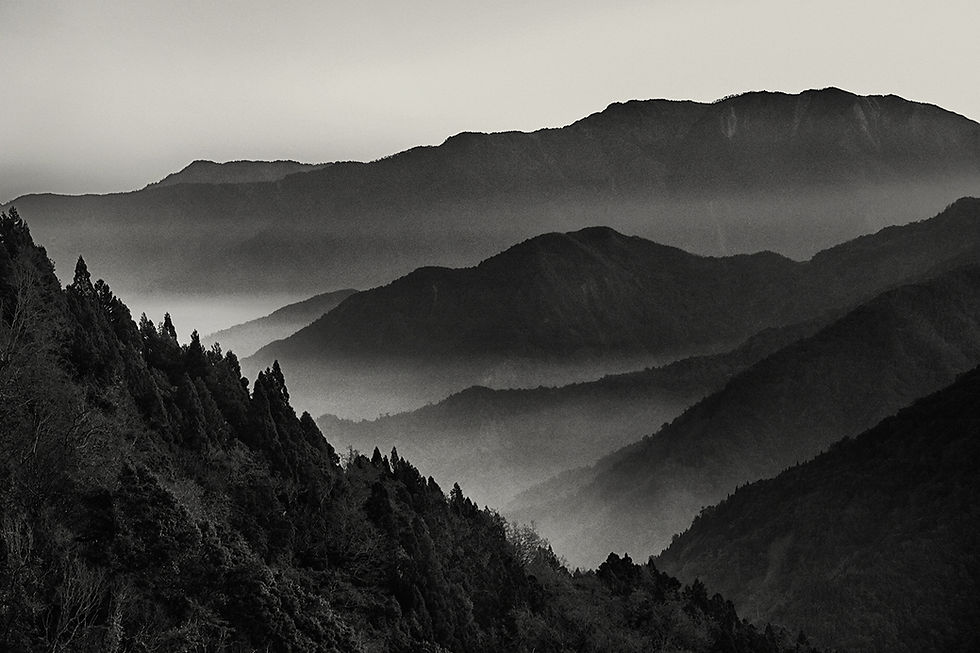
Abstracts
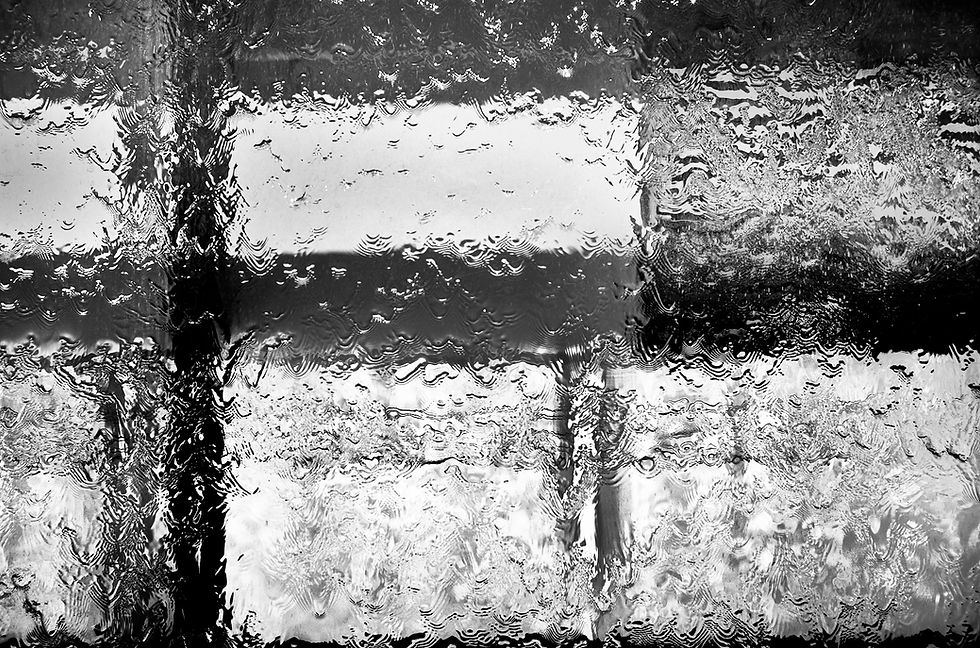
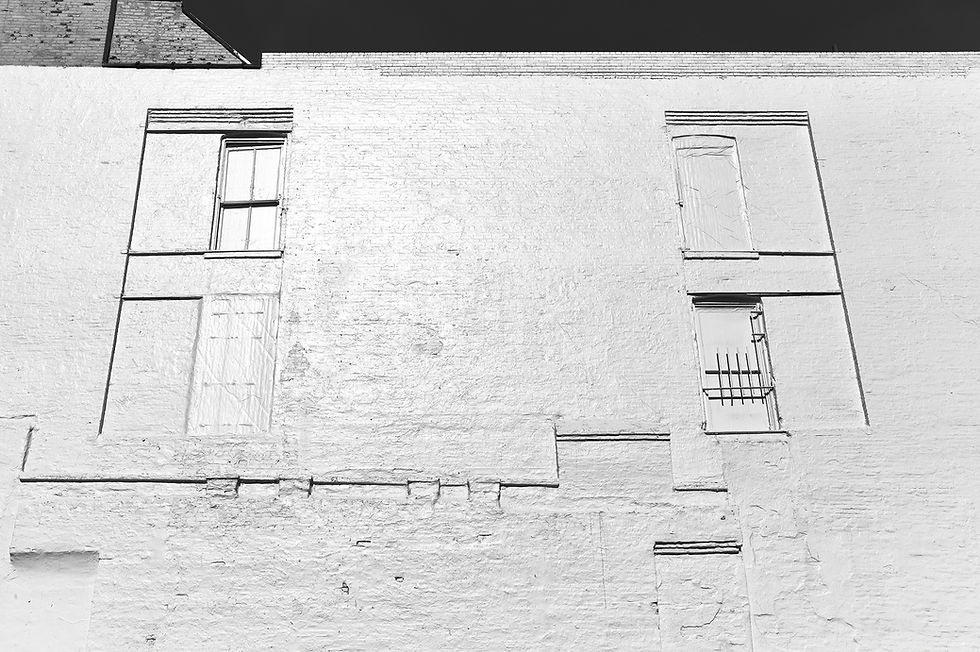
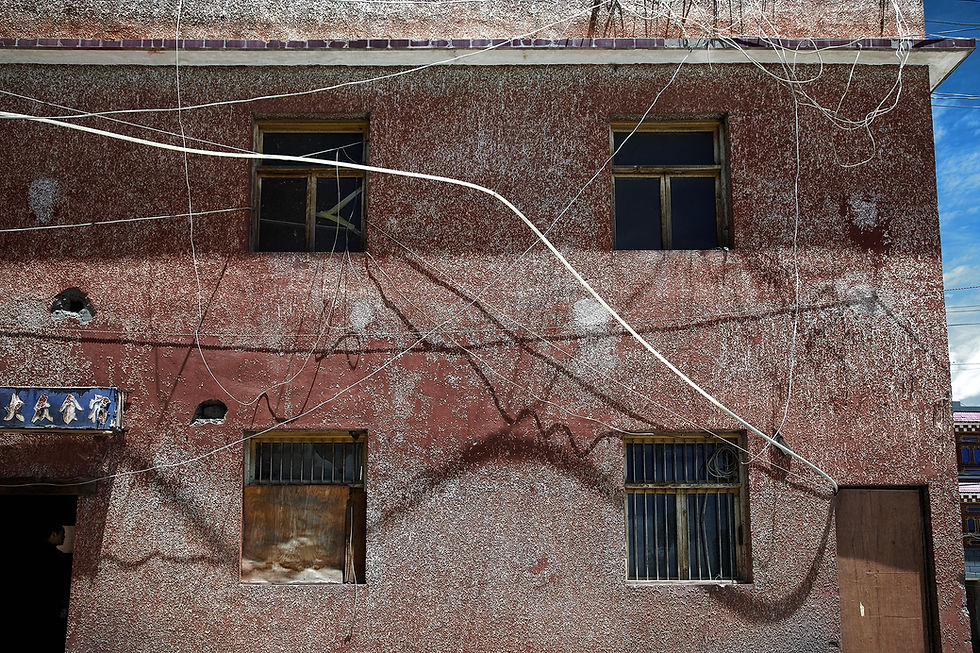

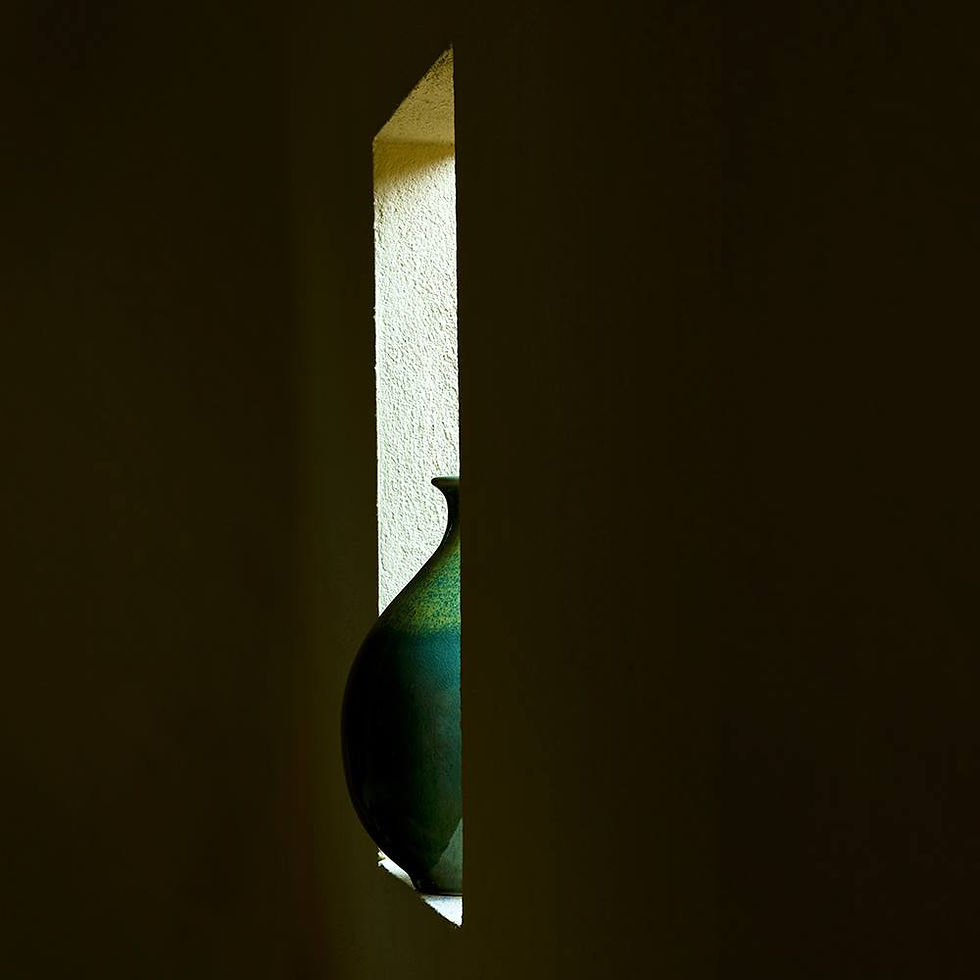

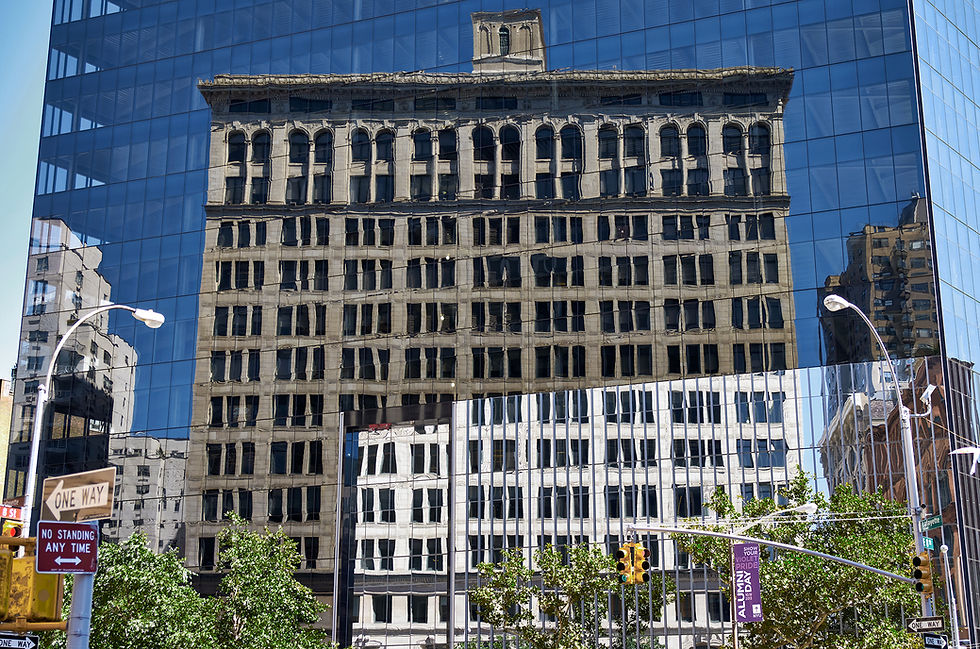
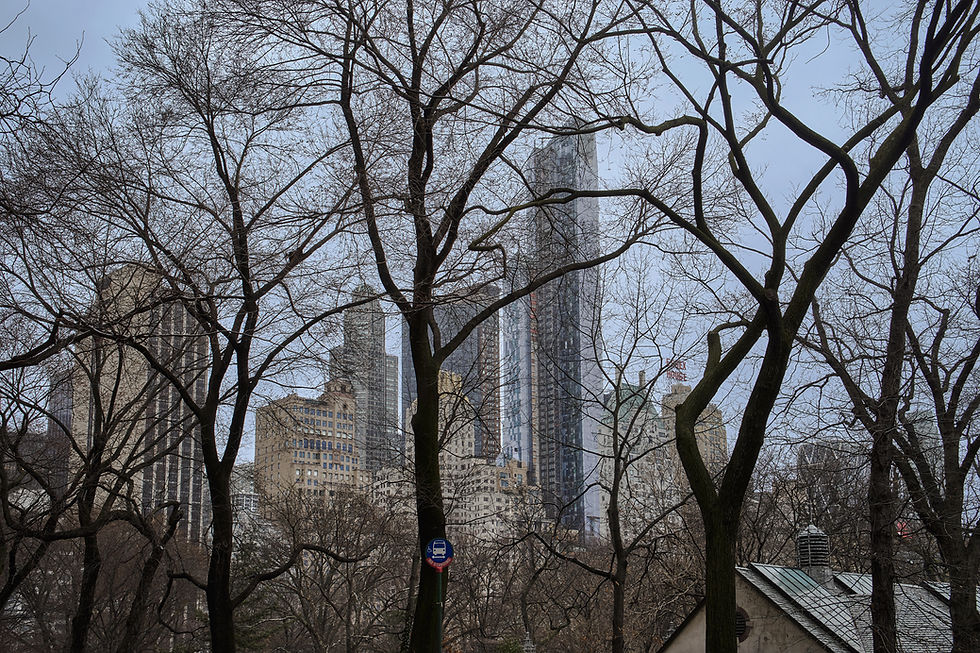



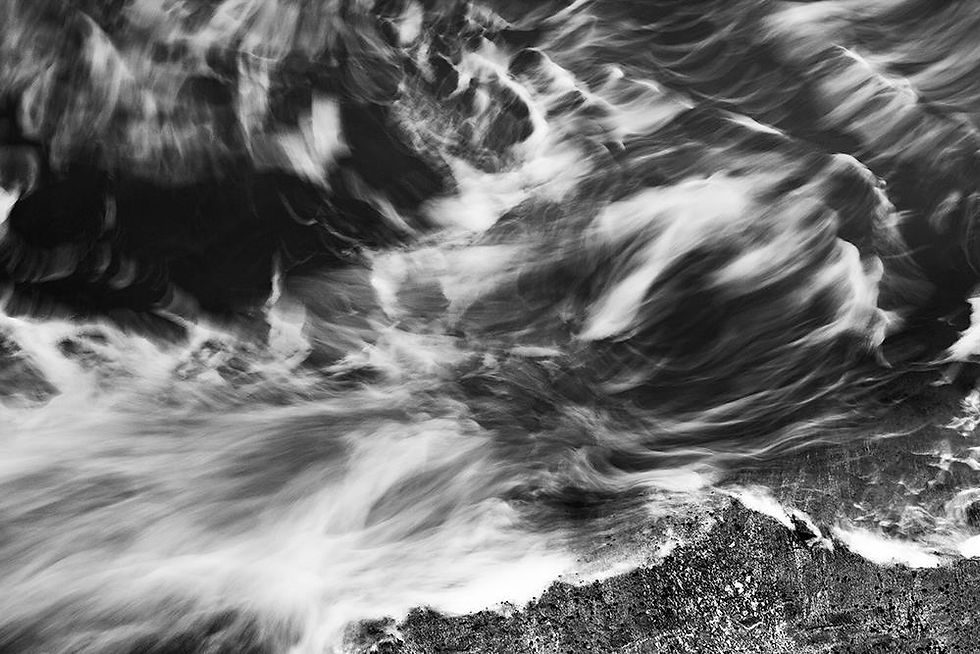




You may find some information on my blog https://www.kaisernchen.com/post/the-running-trains-sony-e-mount-ff-cameras which shot mostly with SONY A7R IV. I have most of the FE lenses from Sony but I use 24-70 GM the most, also often with 24-105 G, they are fantastic lenses and I would have no hesitation to use them in stead of primes.
Yes, the A7R4 has been very reliable and flexible. My wife travel a lot and I find with a 24-70 and a couple of fast primes meet my needs. I have been using the Tamron, primarily due to its size but wonder if I am giving up too much. If you have any thoughts on 24-70, 24-105 I would be interested in hearing them. Thanks again.
Thanks. I have been using SONY A7R/A9 cameras since their initial launch and they are close to faultless, very dependable, and I will place SONY A7R IV among the very top of cameras, above all Leica. Leica cameras are fun to use, and I have personal connection to them, and they are capable cameras. The SL2 is probably the most versatile Leica at the moment, and the most capable, subjective opinion, of course.
Congratulations that is an accomplishment!! I have recently retired as an engineer and have found photography to be a very engaging pastime. It is a great mix between of the things I love the most and the Lecia cameras have become my favorites. I shoot mostly an M10R and Sony A7r4. The M10 produces some lovely photos and the .dngs are very malleable. I have been considering the SL2 or now the S2s. I know neither is as technically capable as the Sony but I wondering if I would enjoy the overall experience better and the output. So many great choices. I wish a healthy and Happy New Year for you and your family.